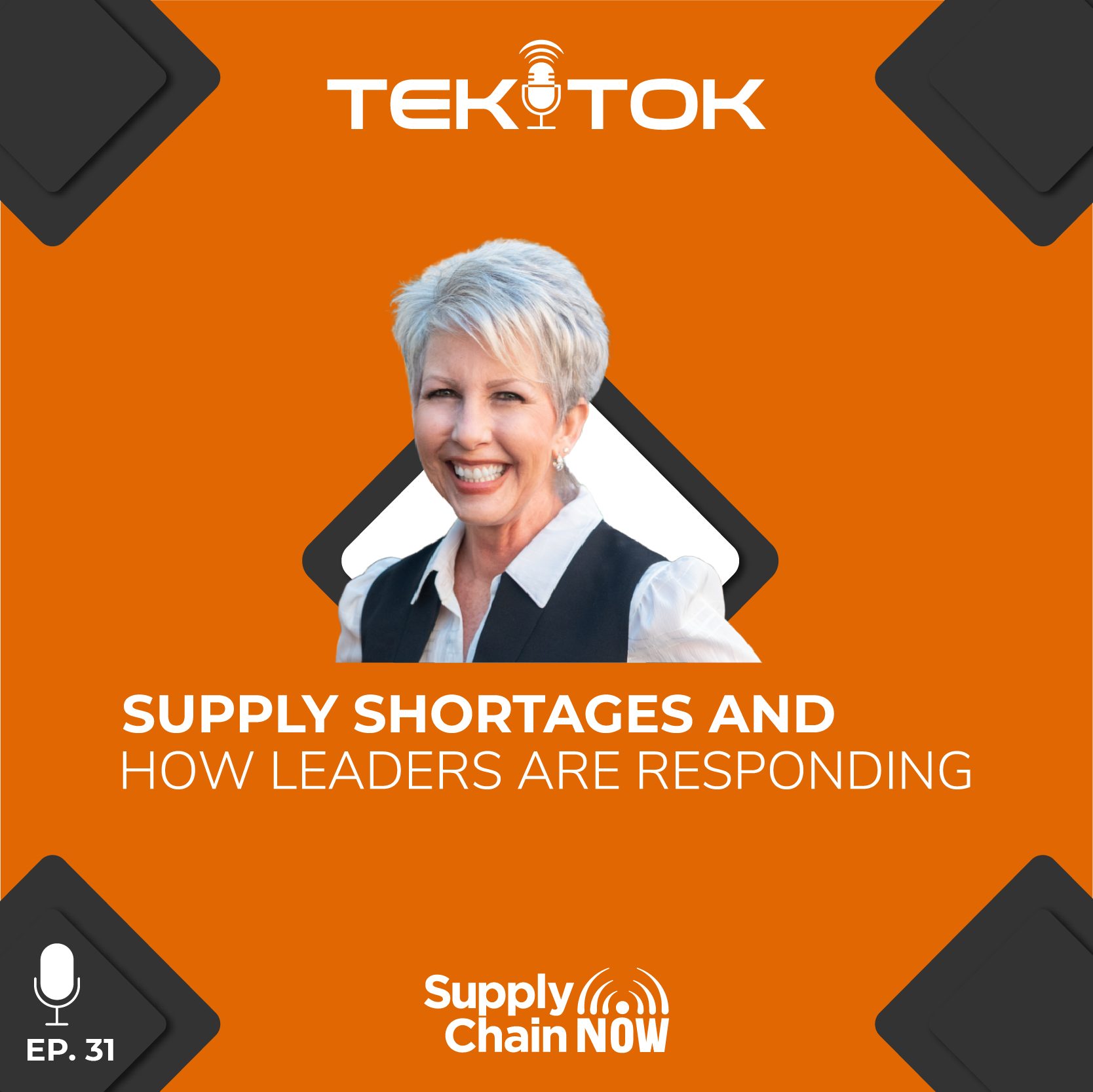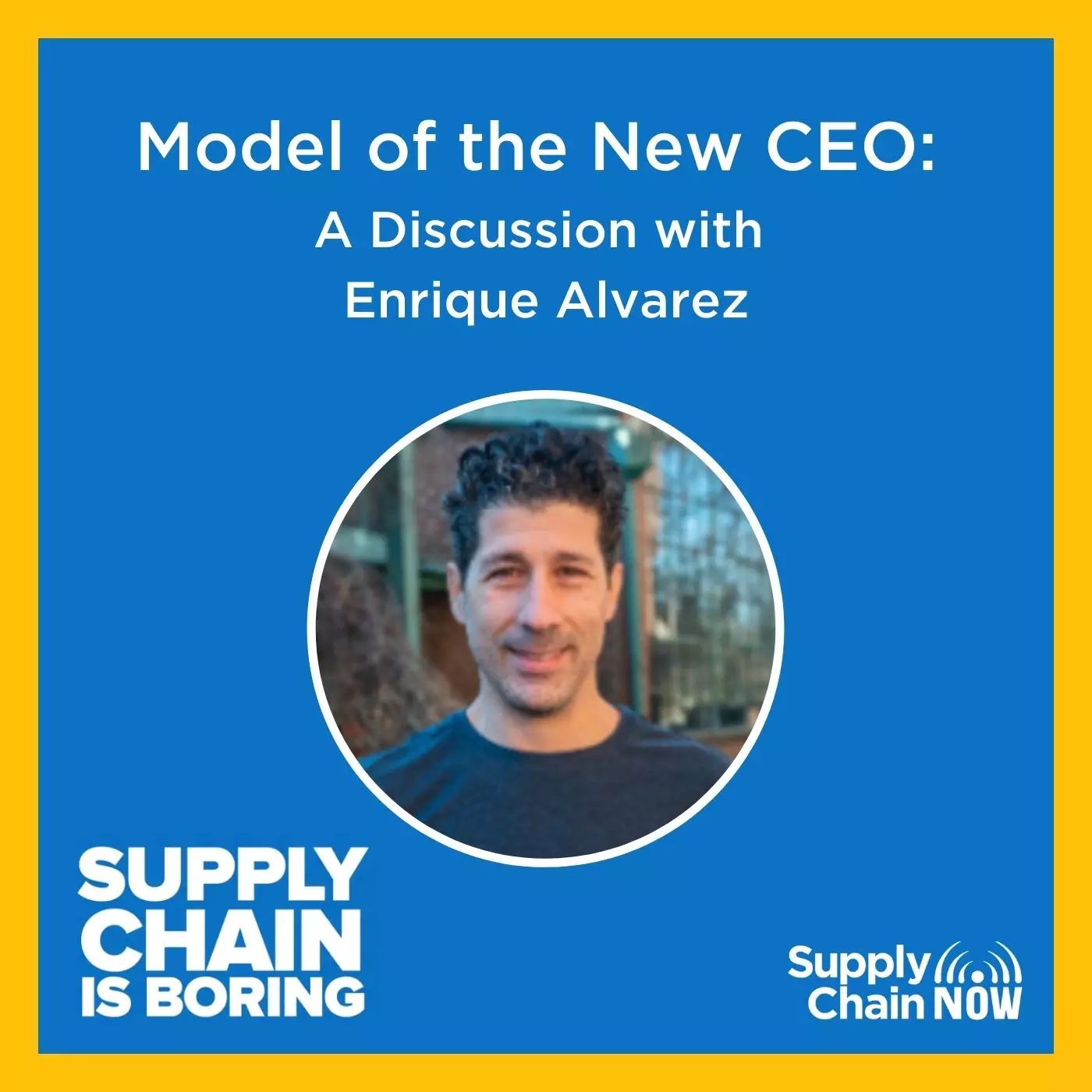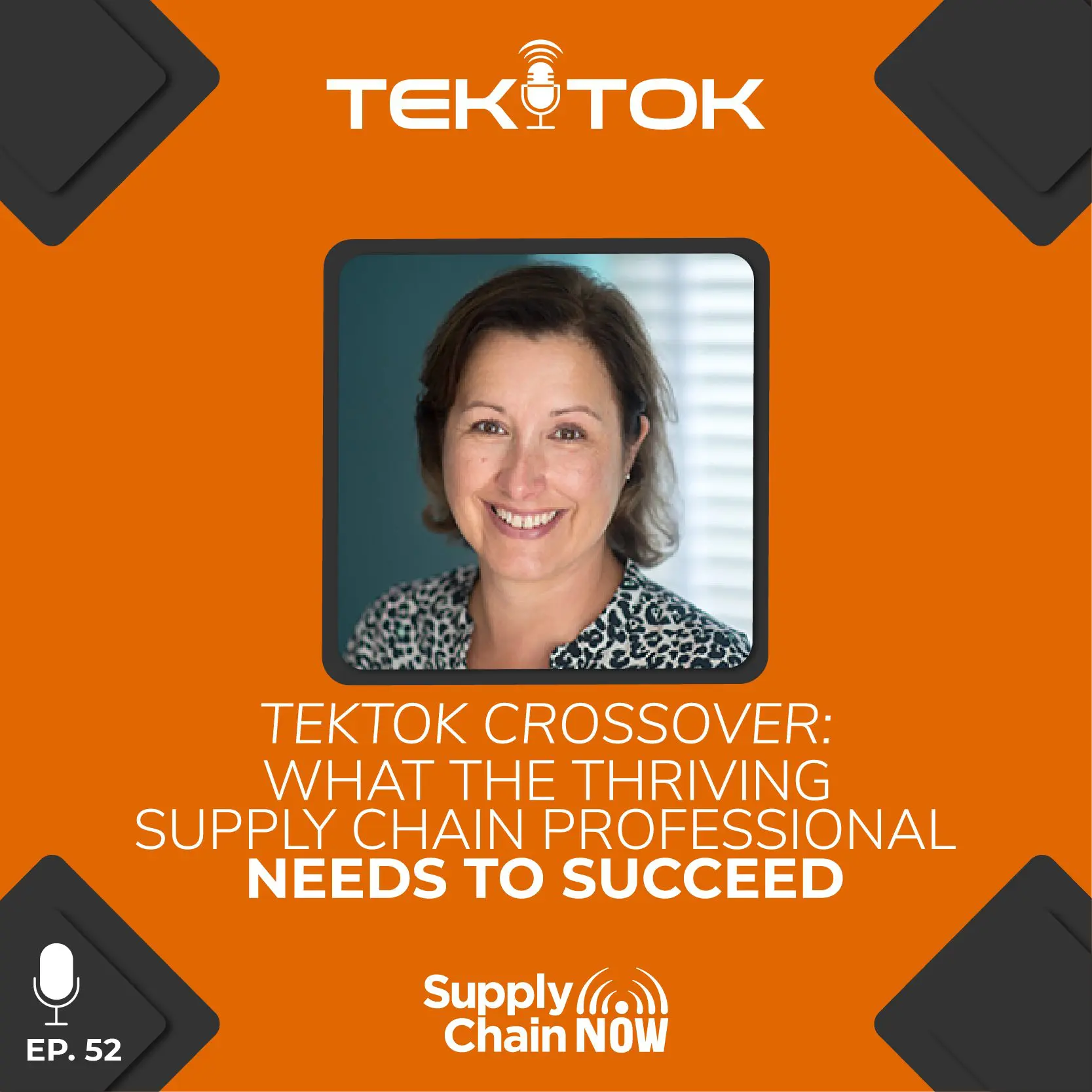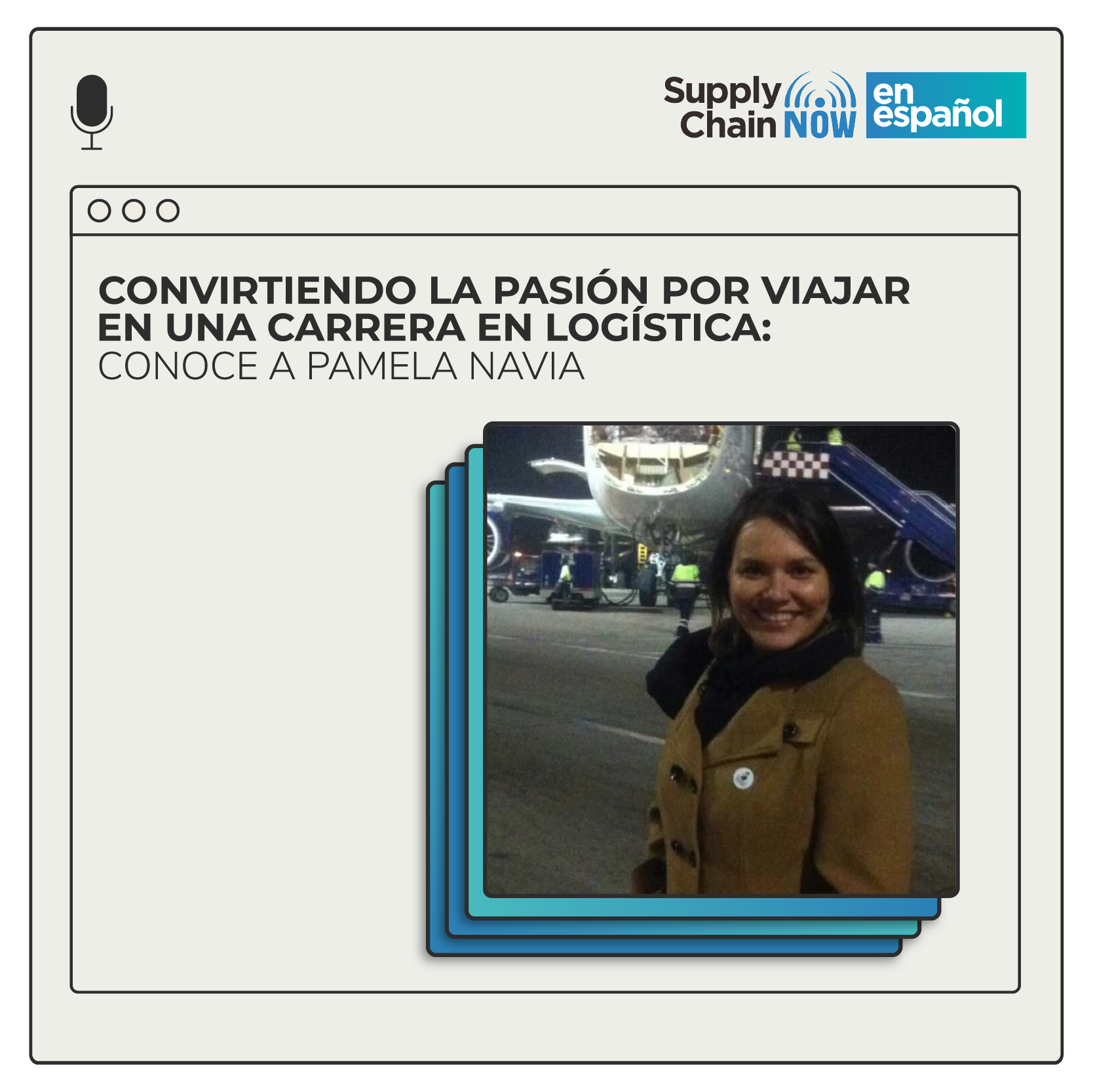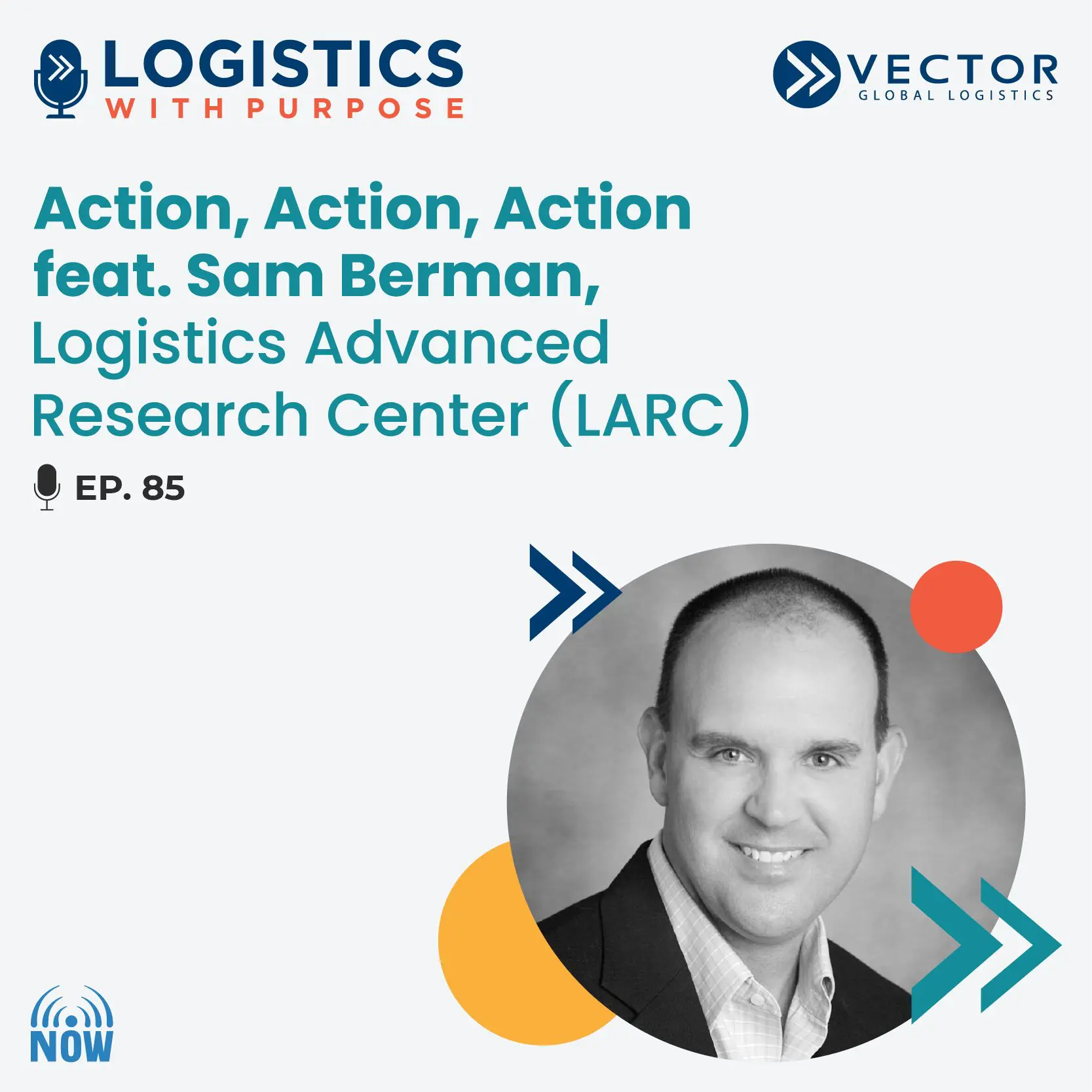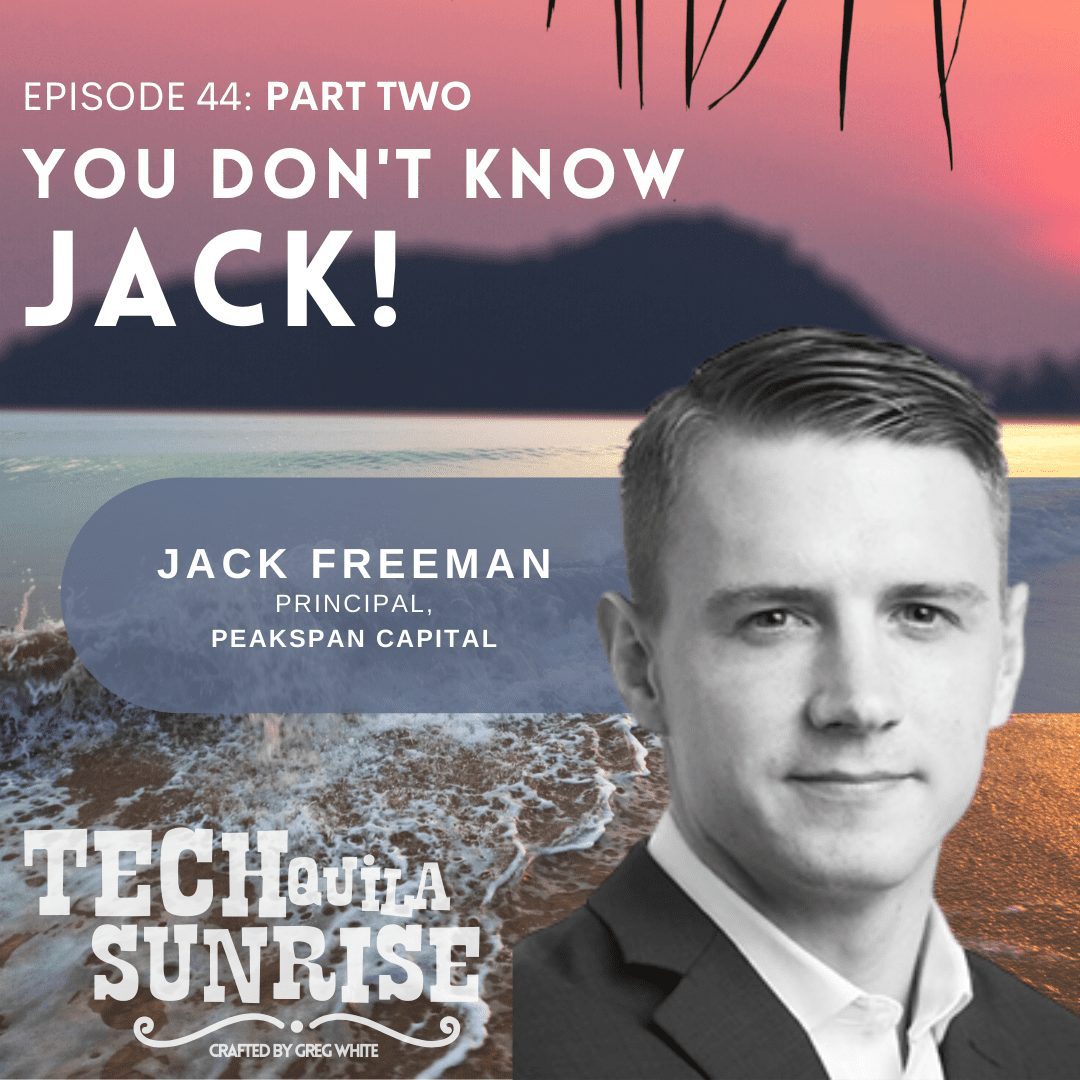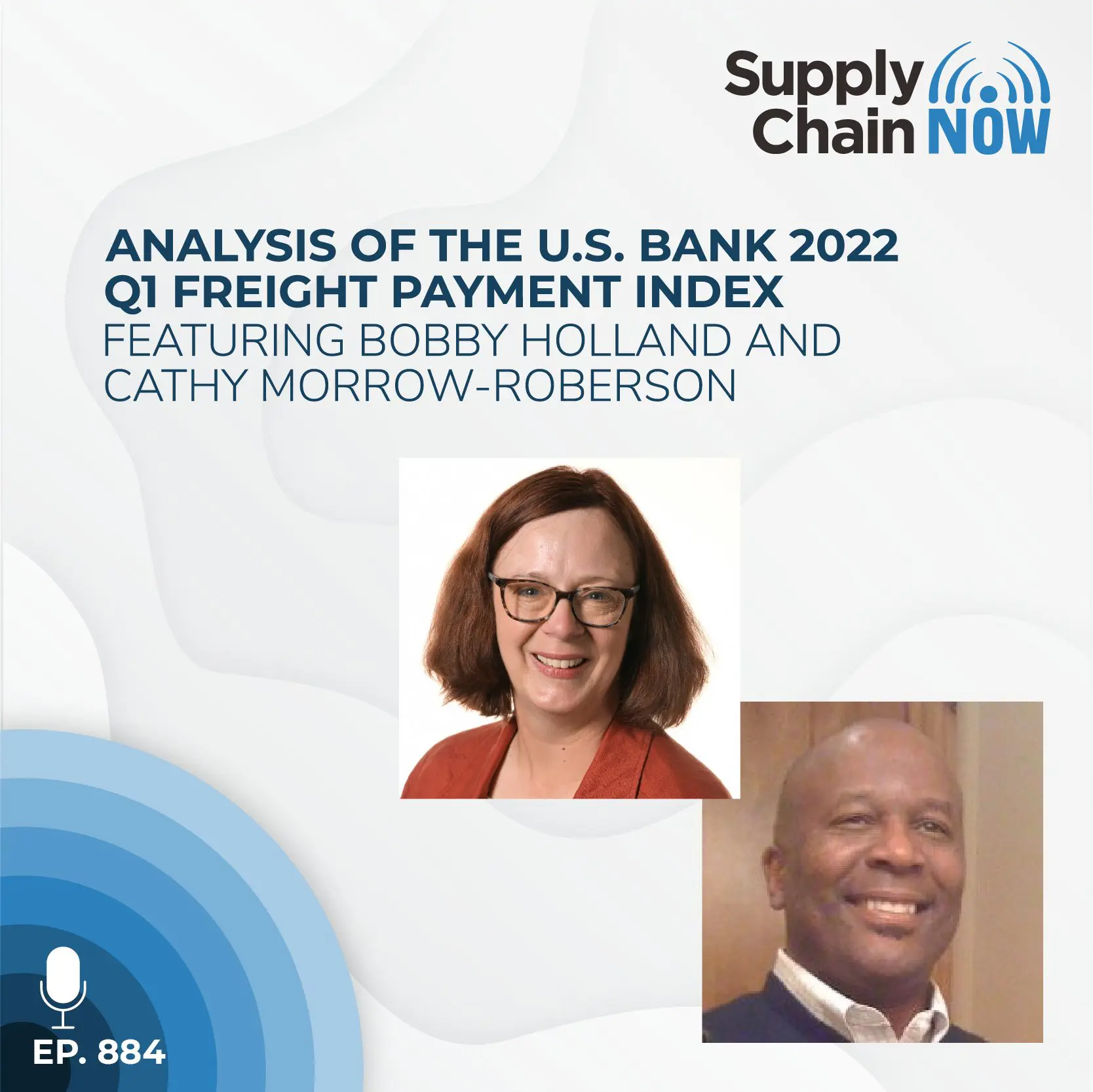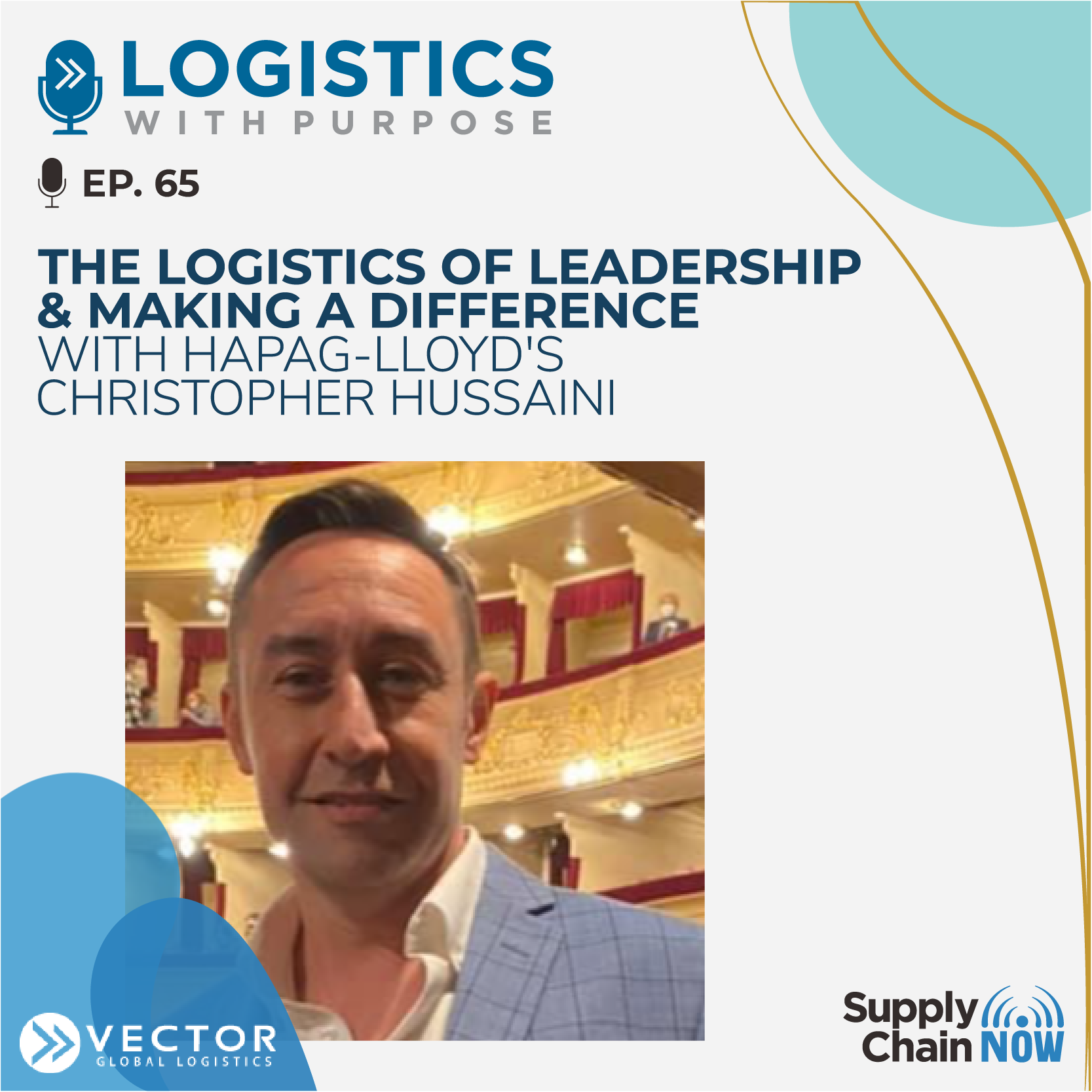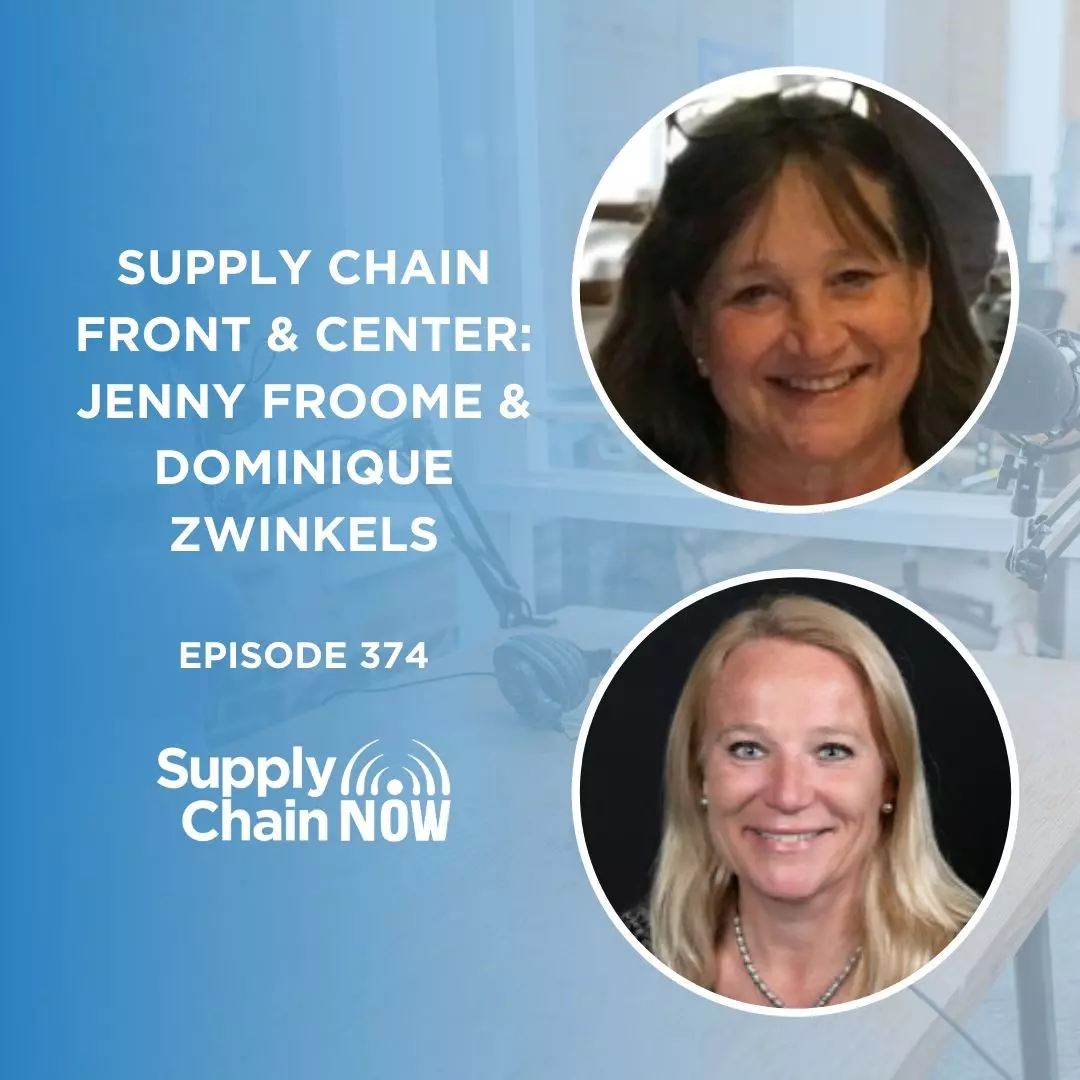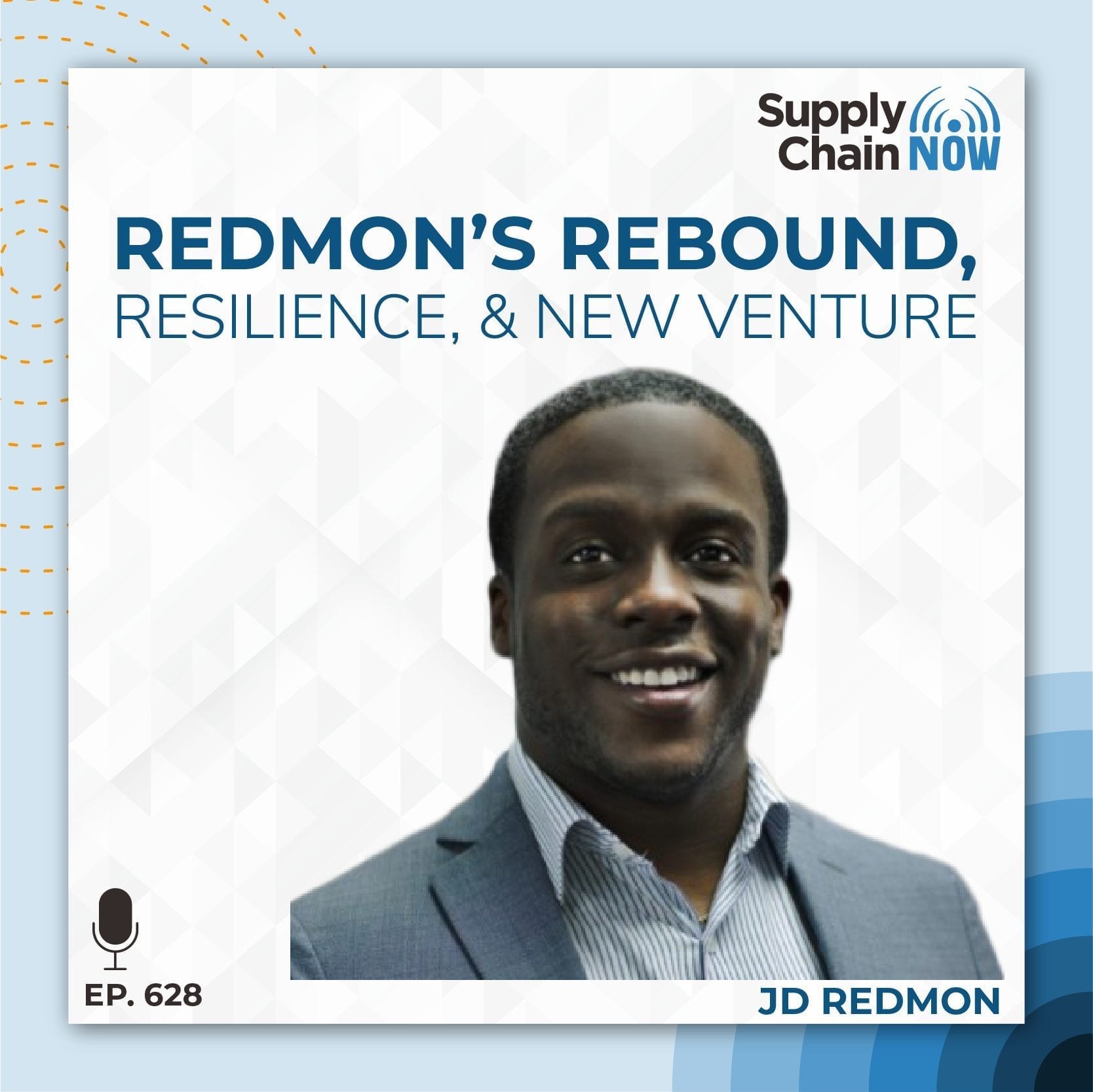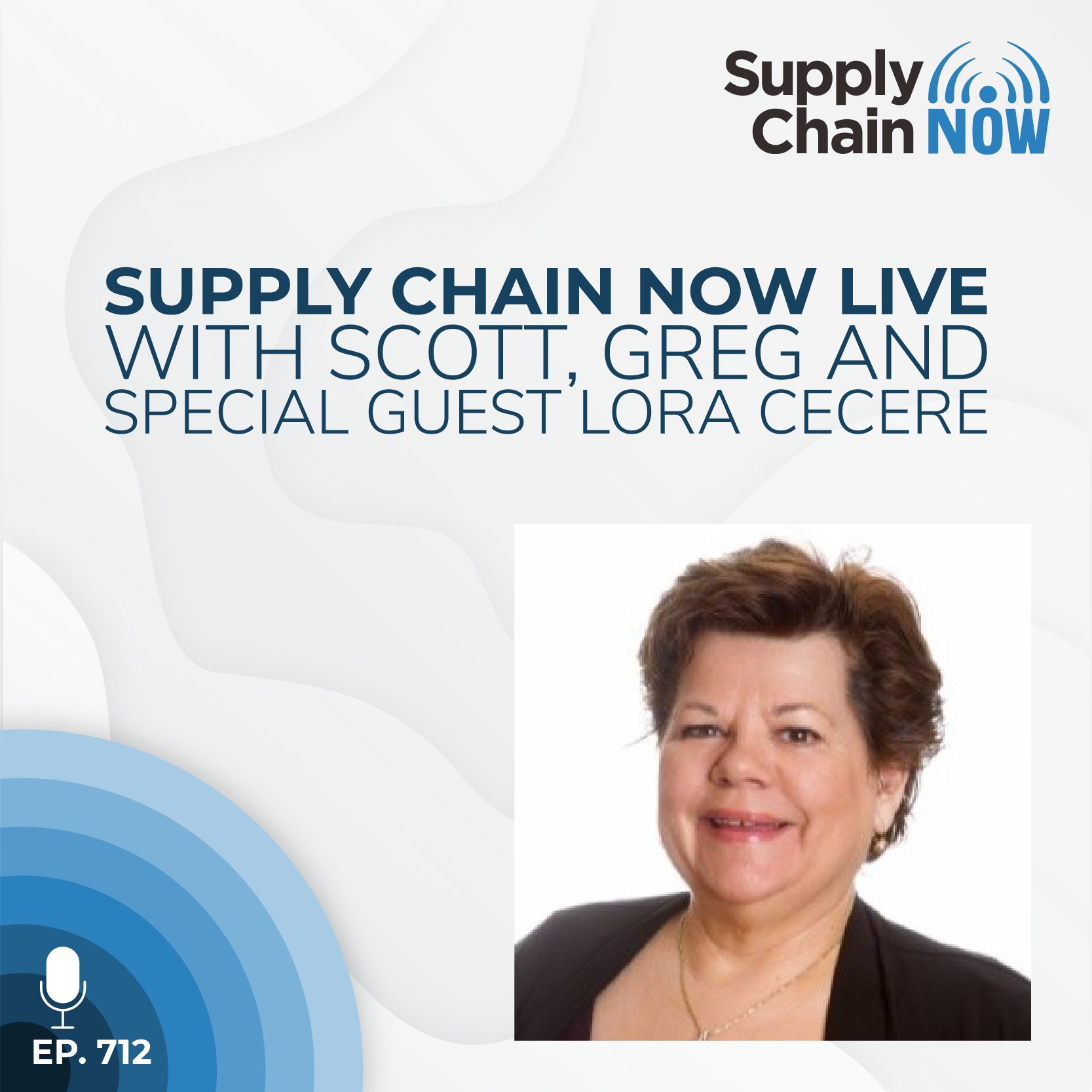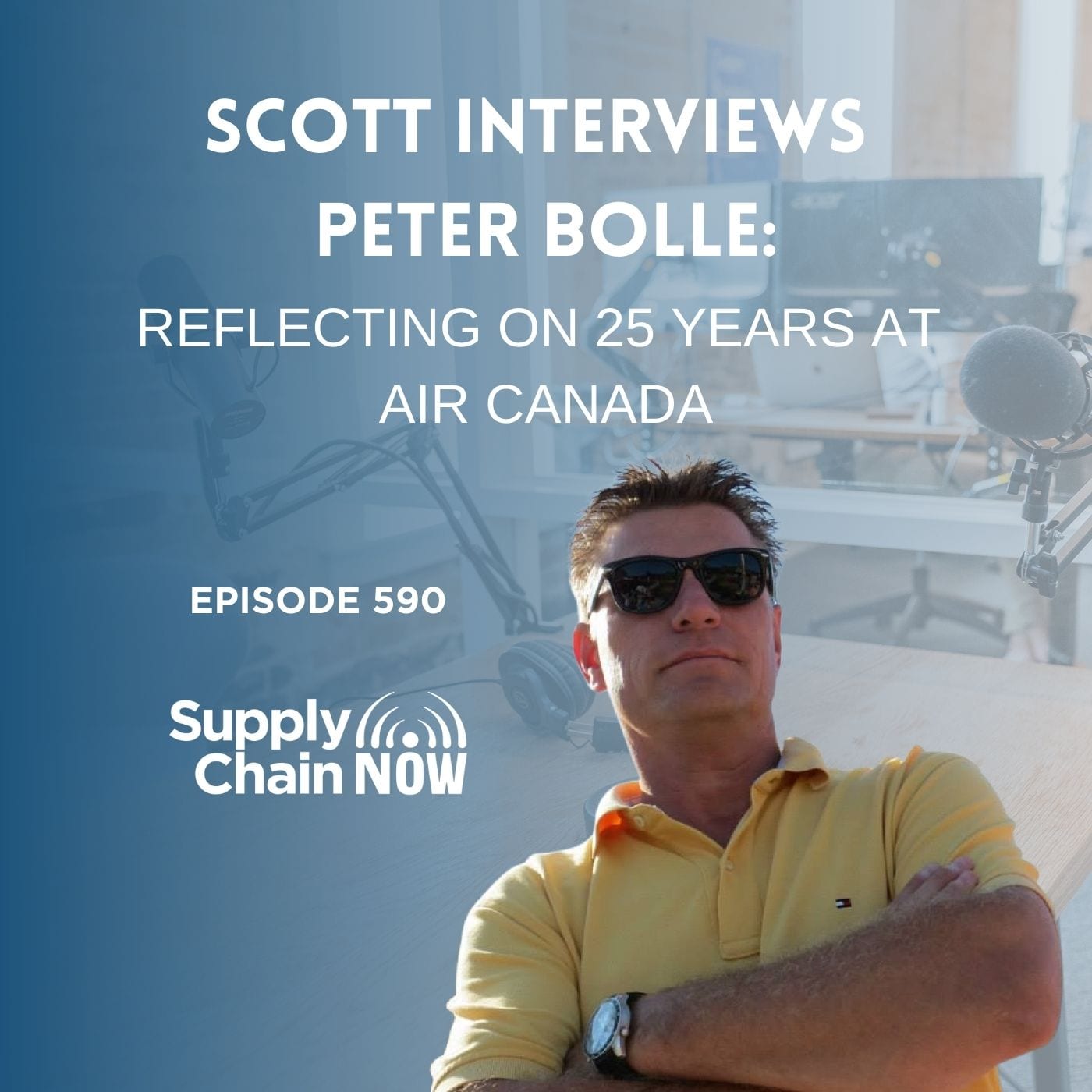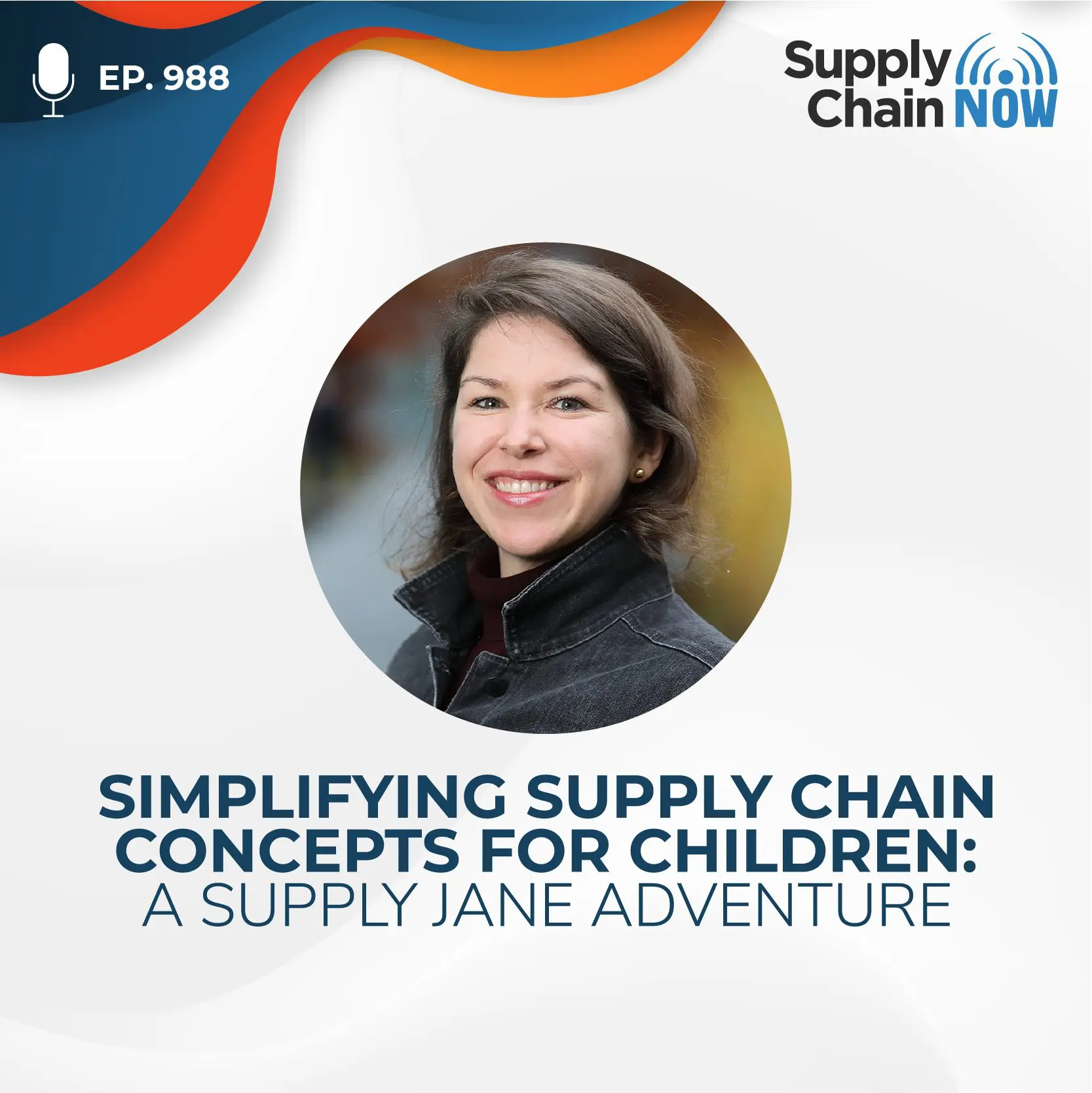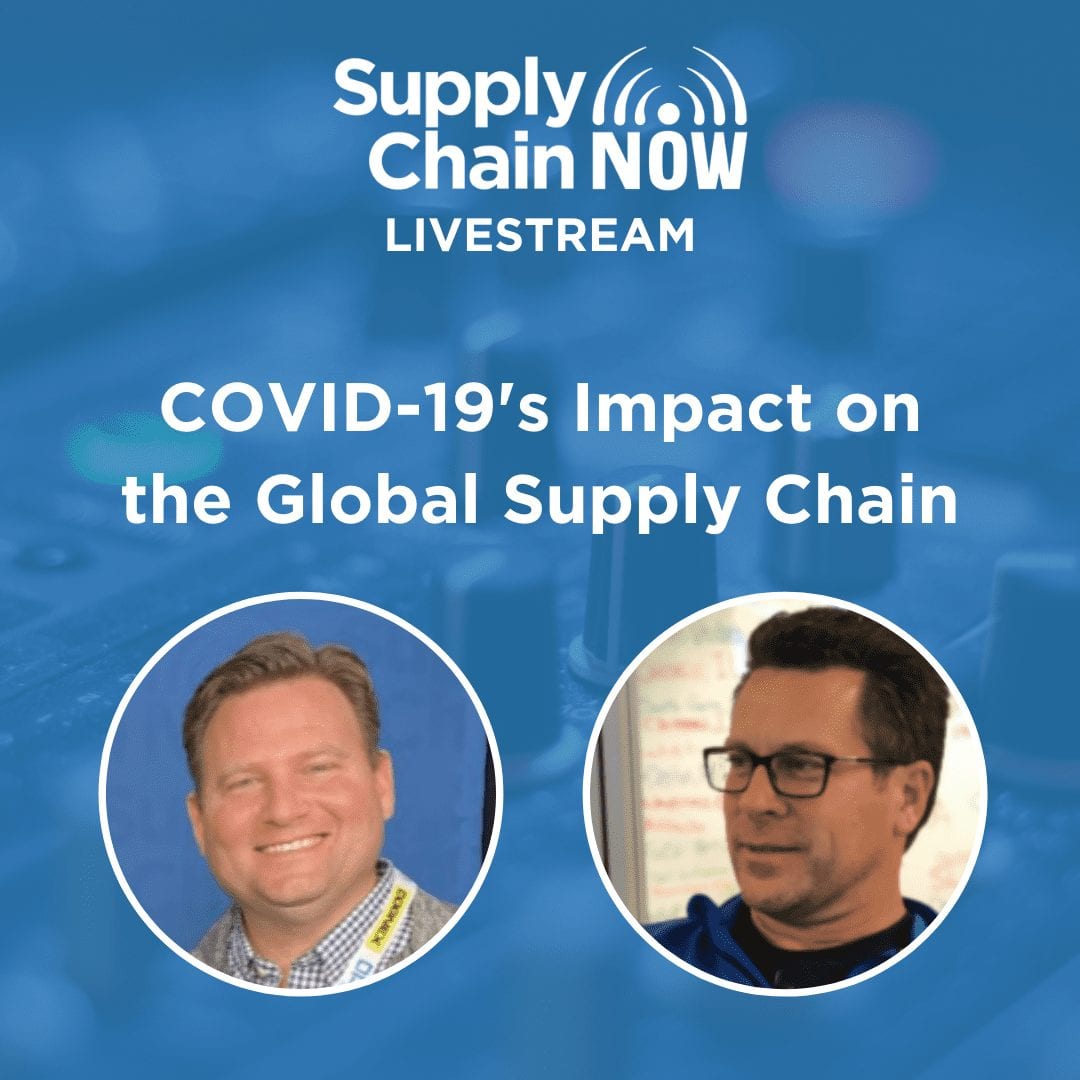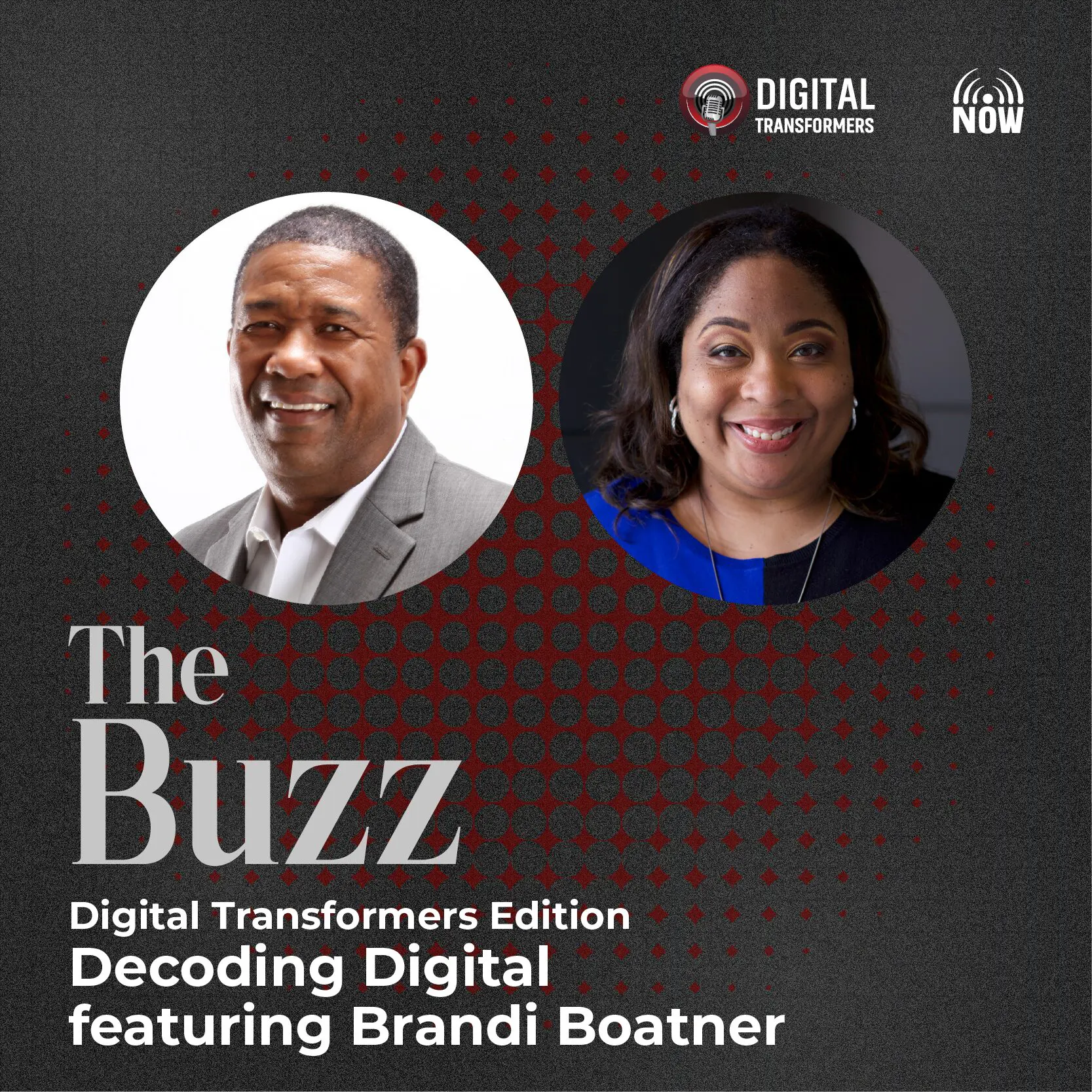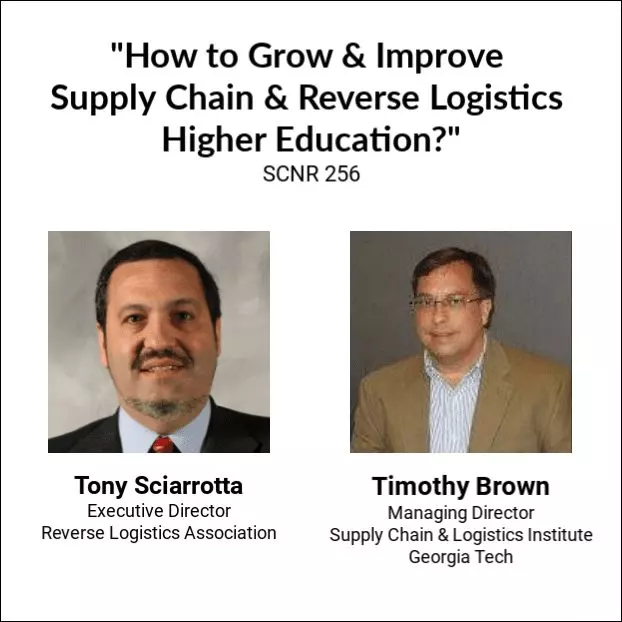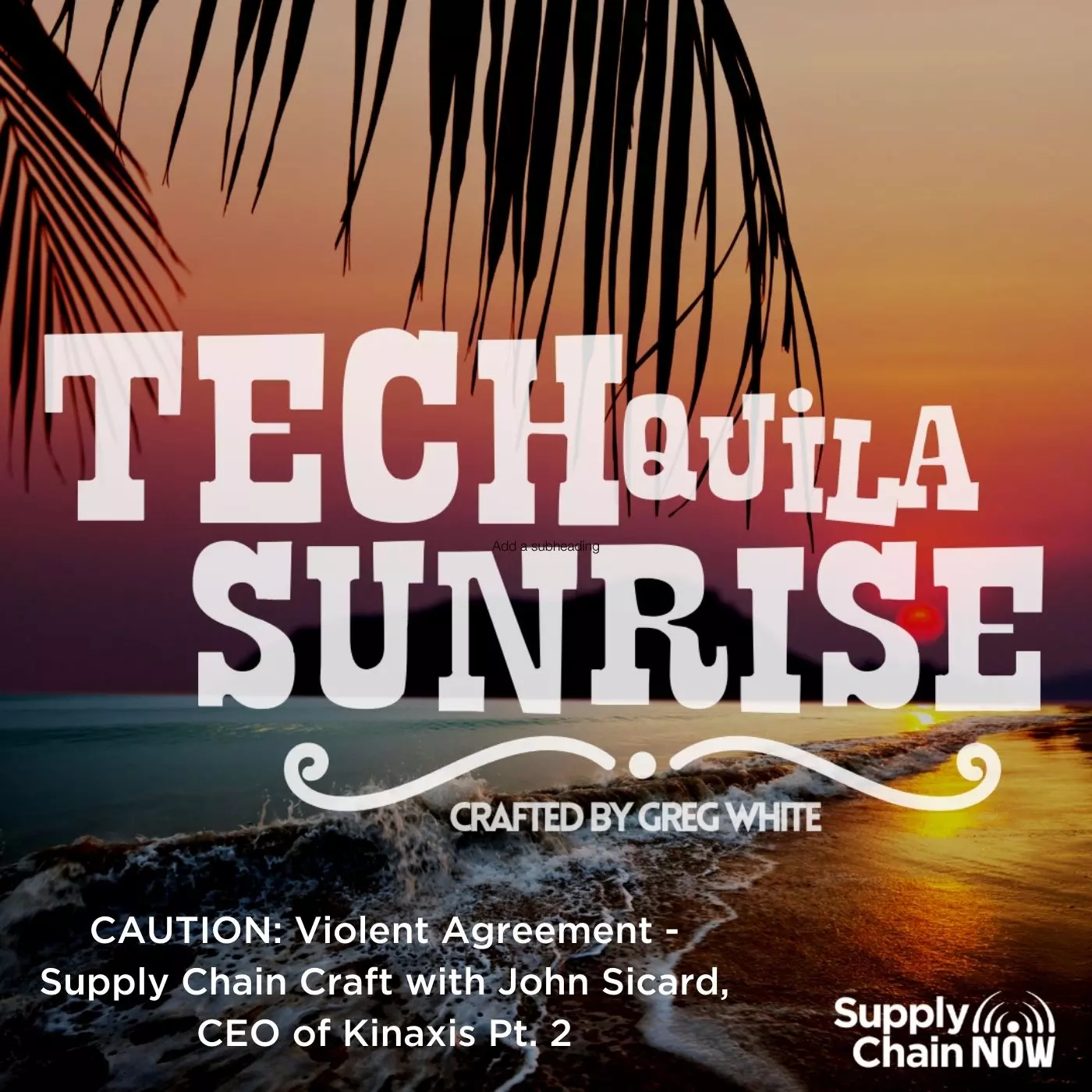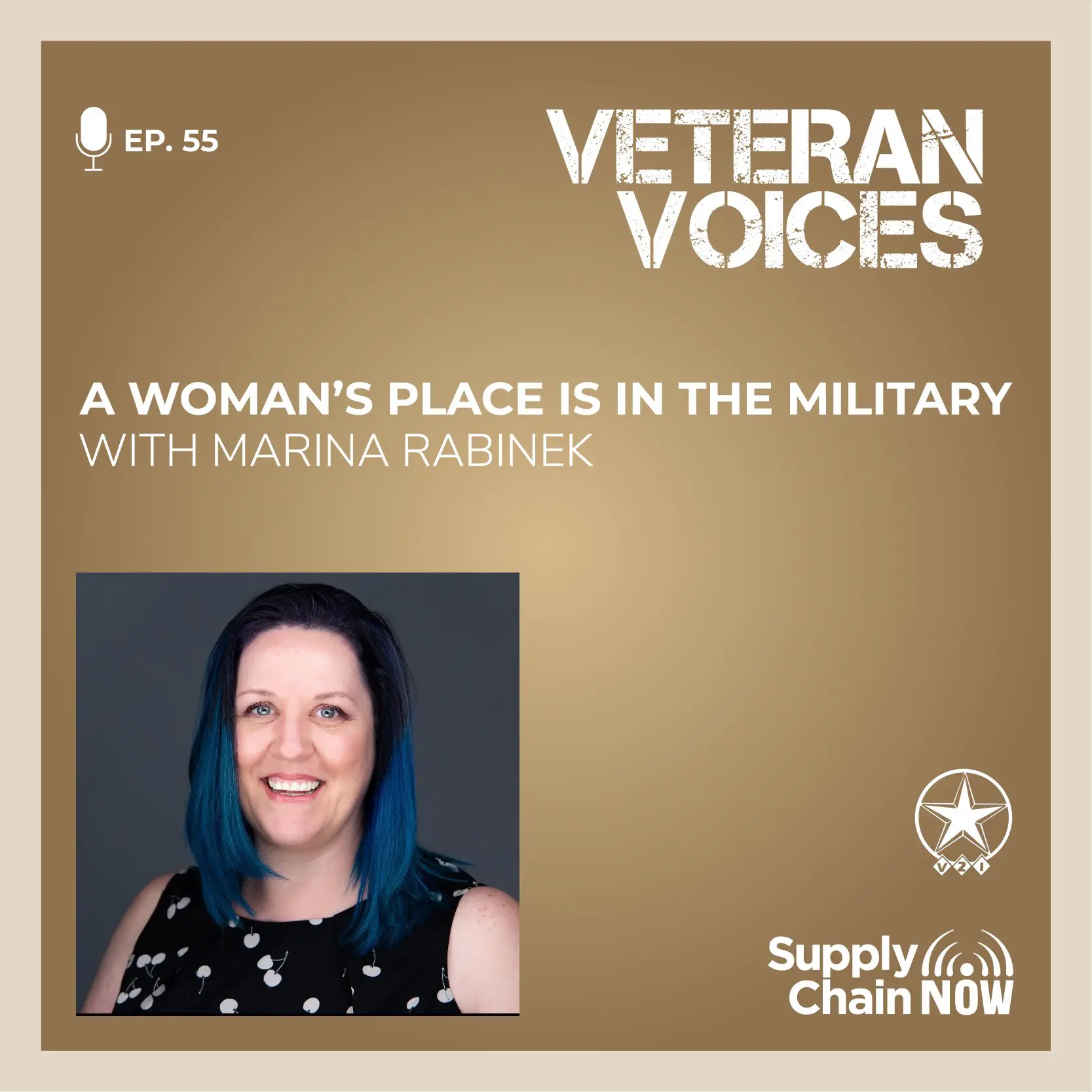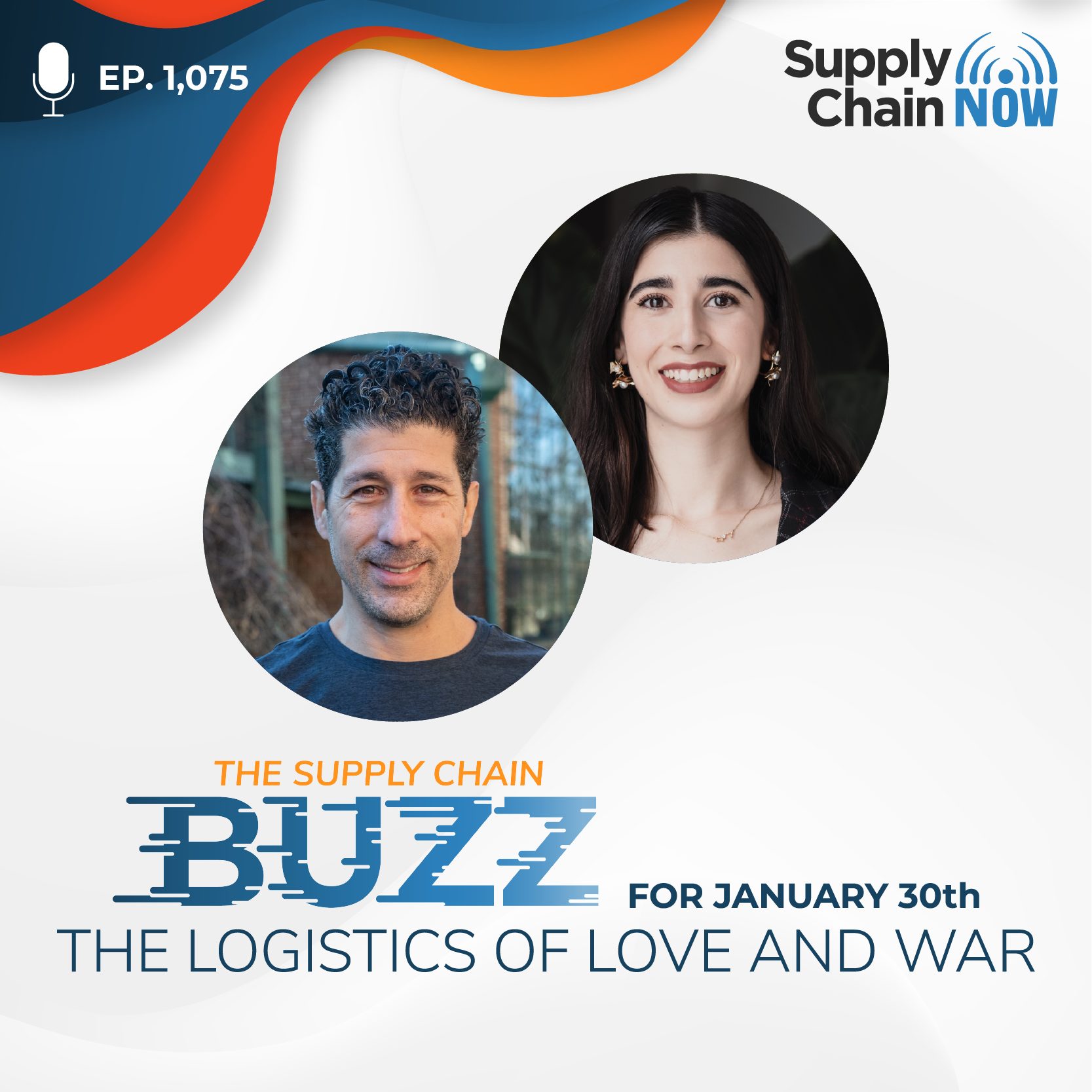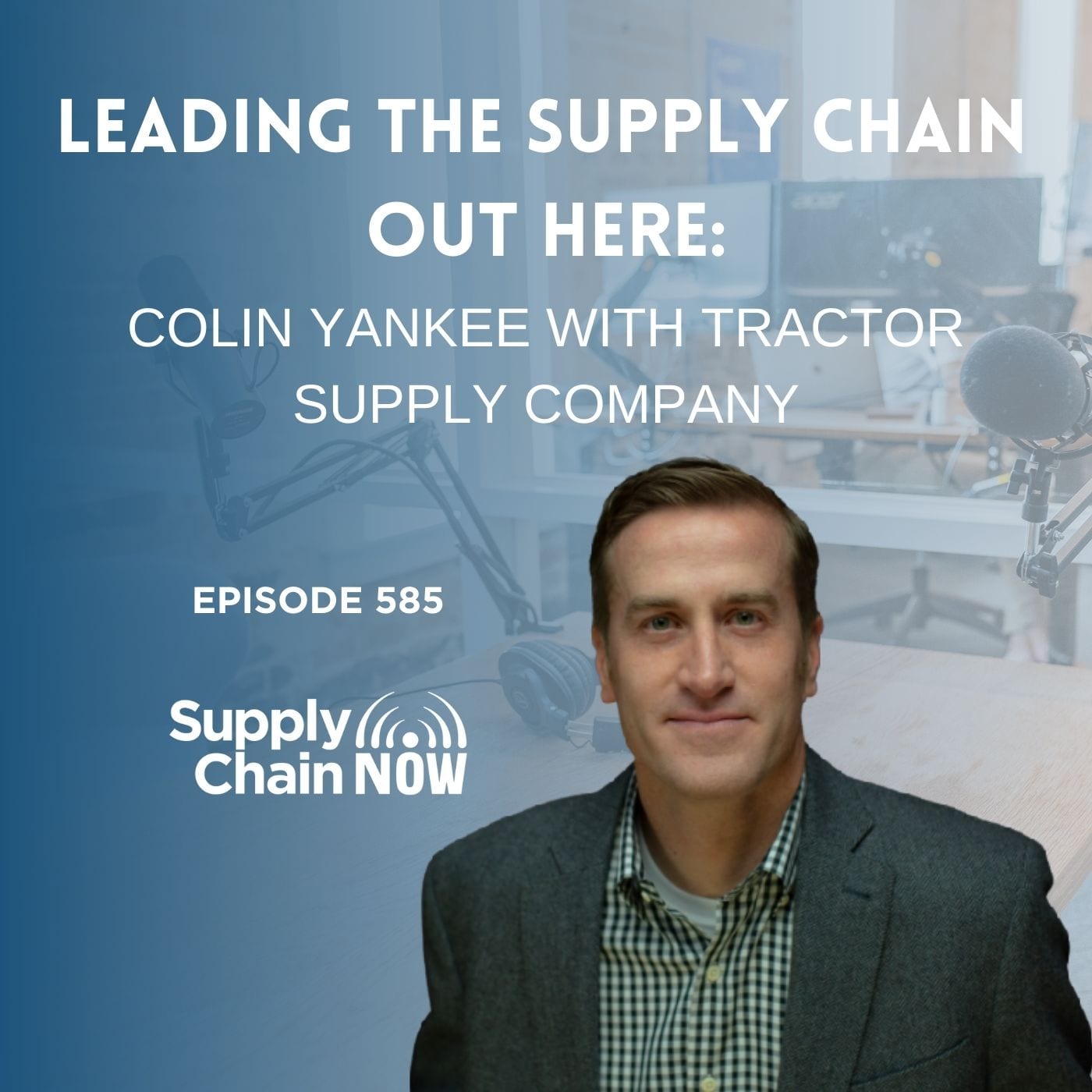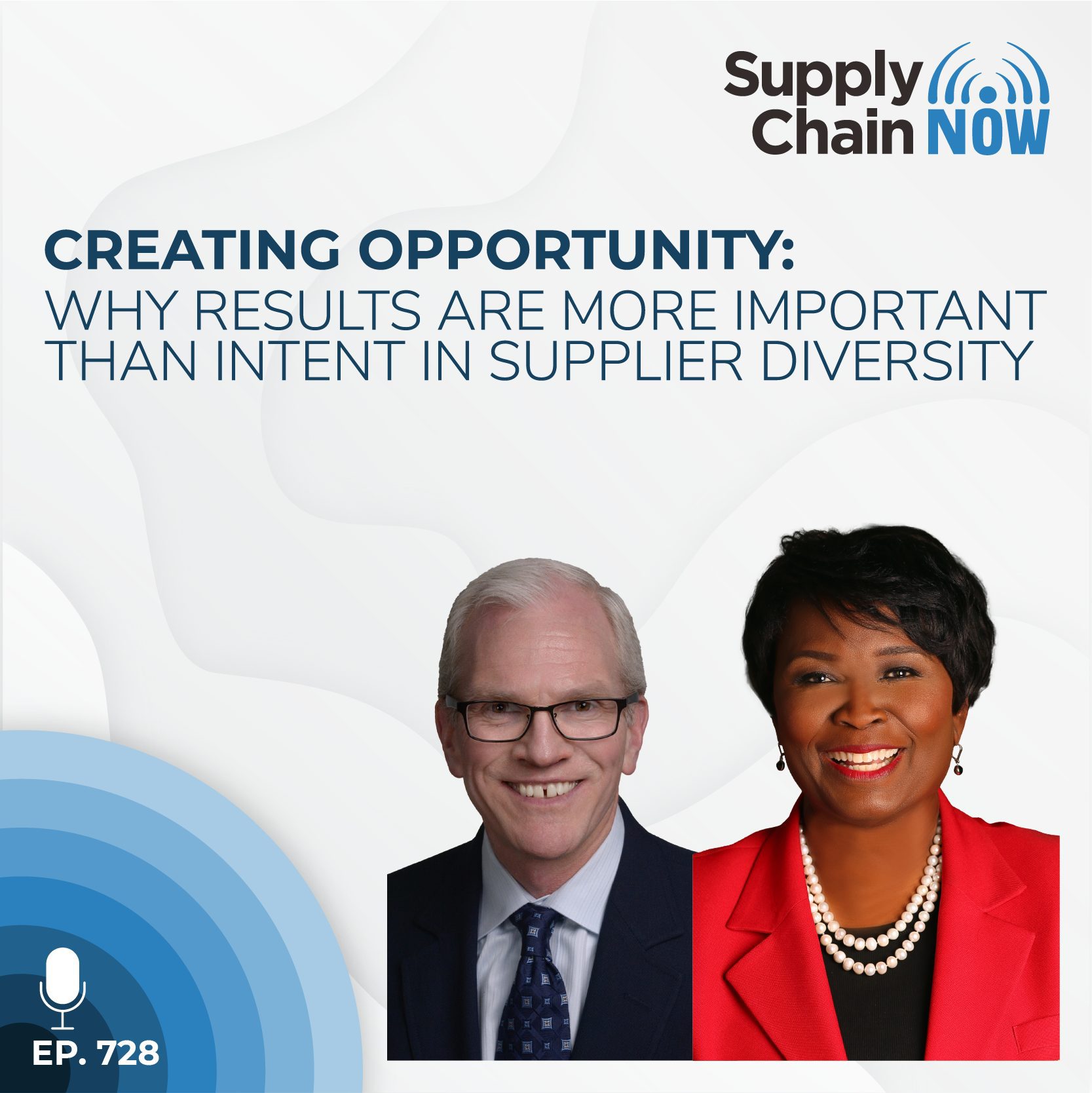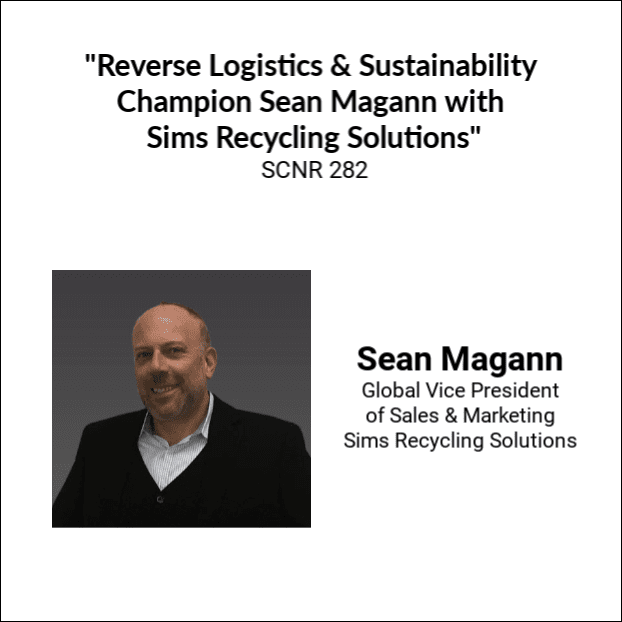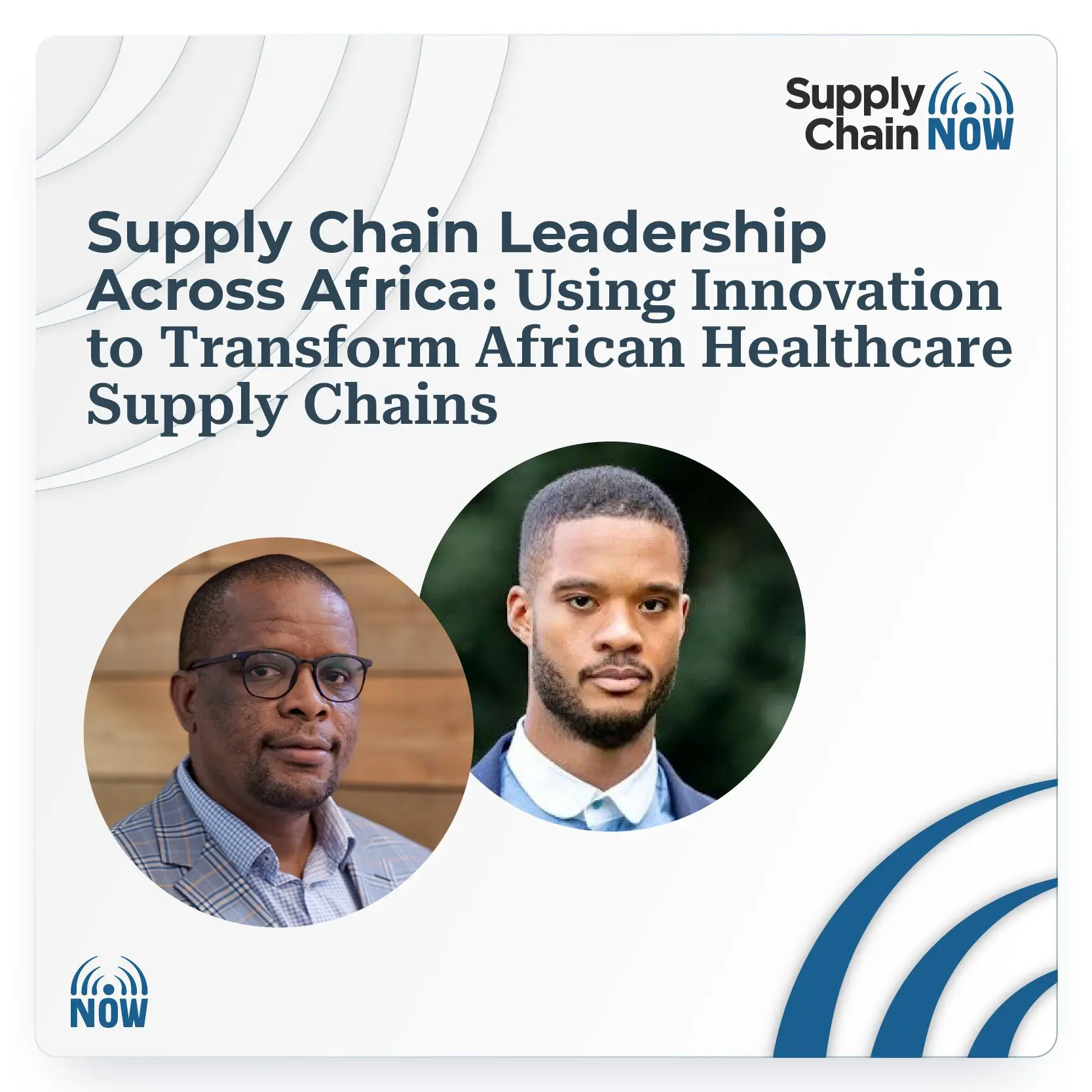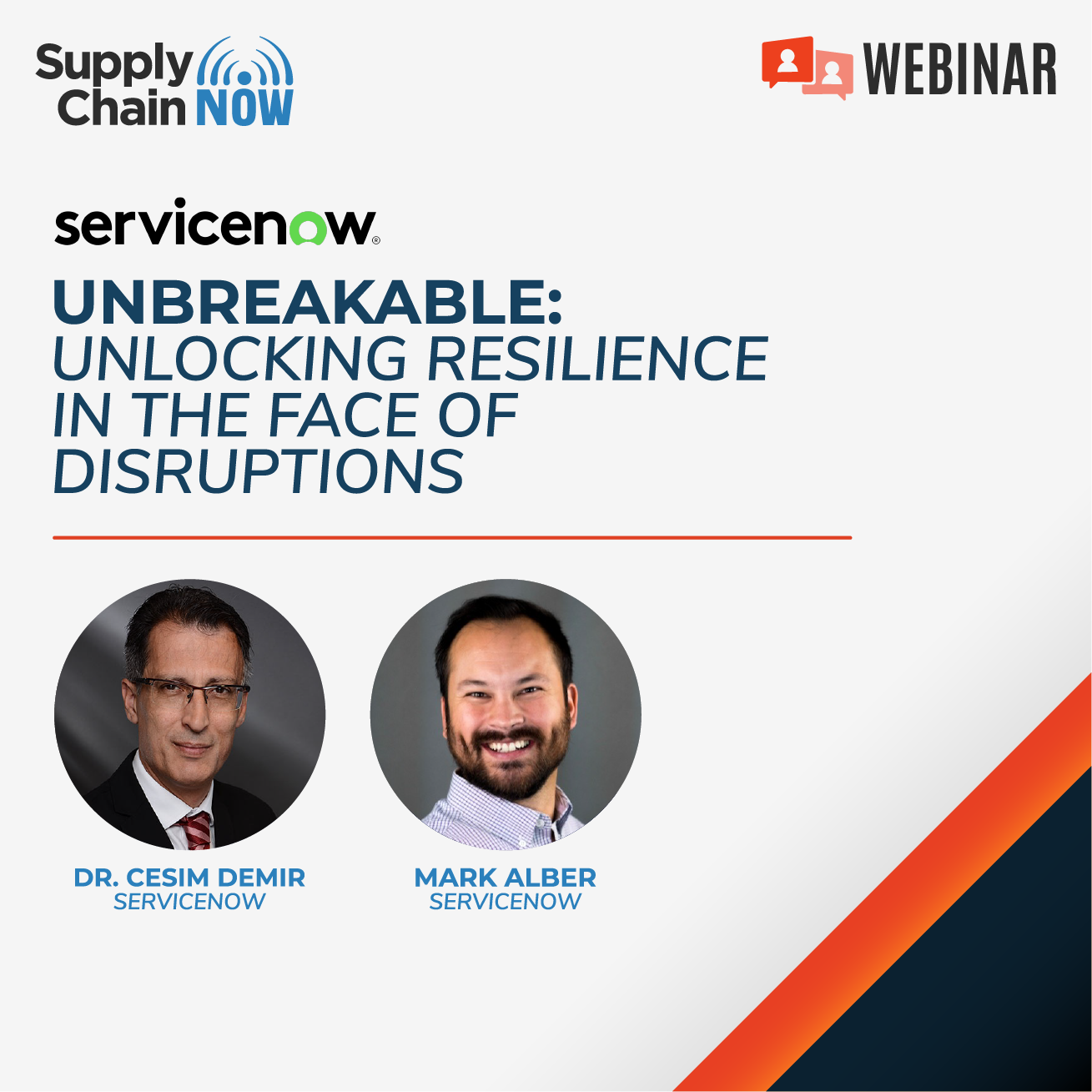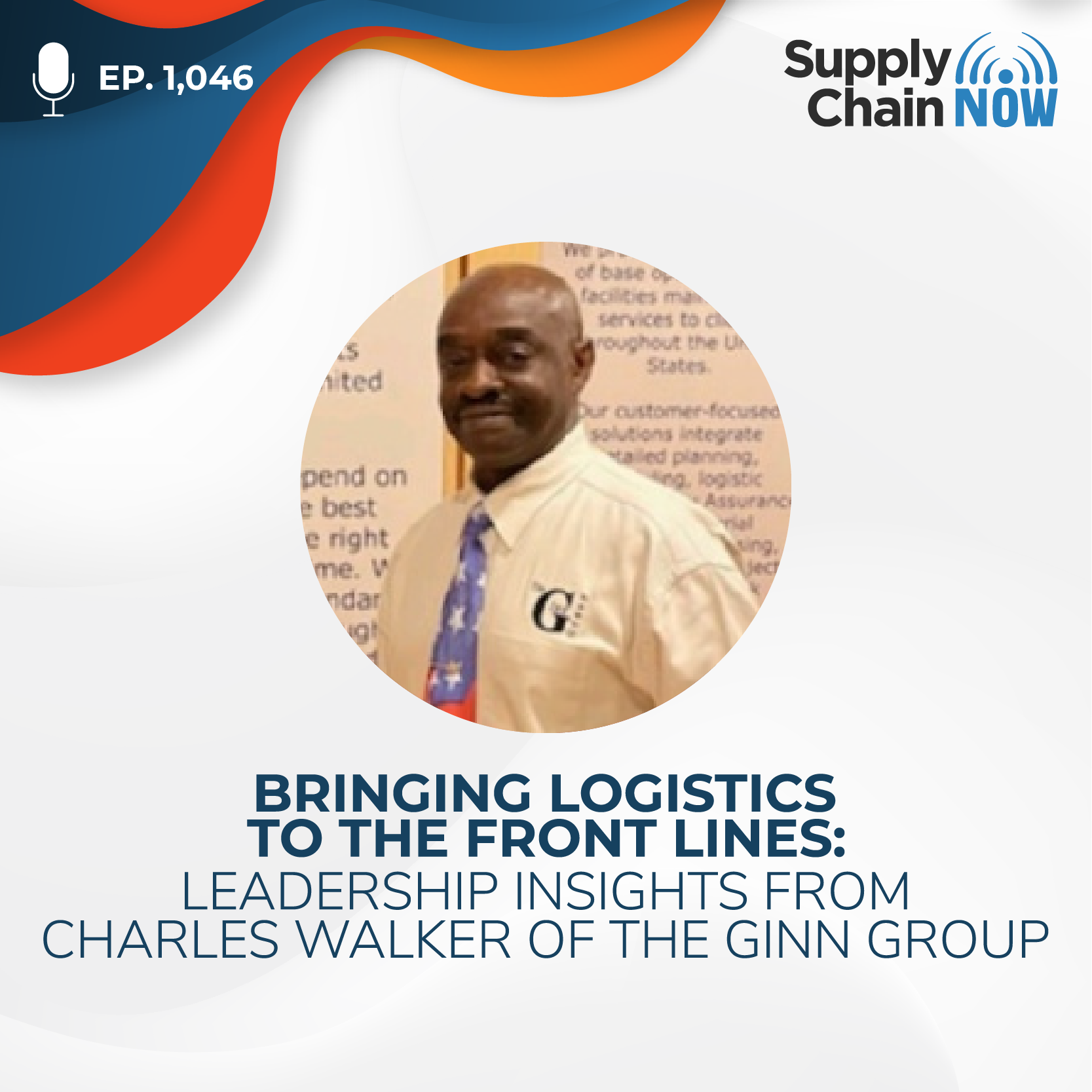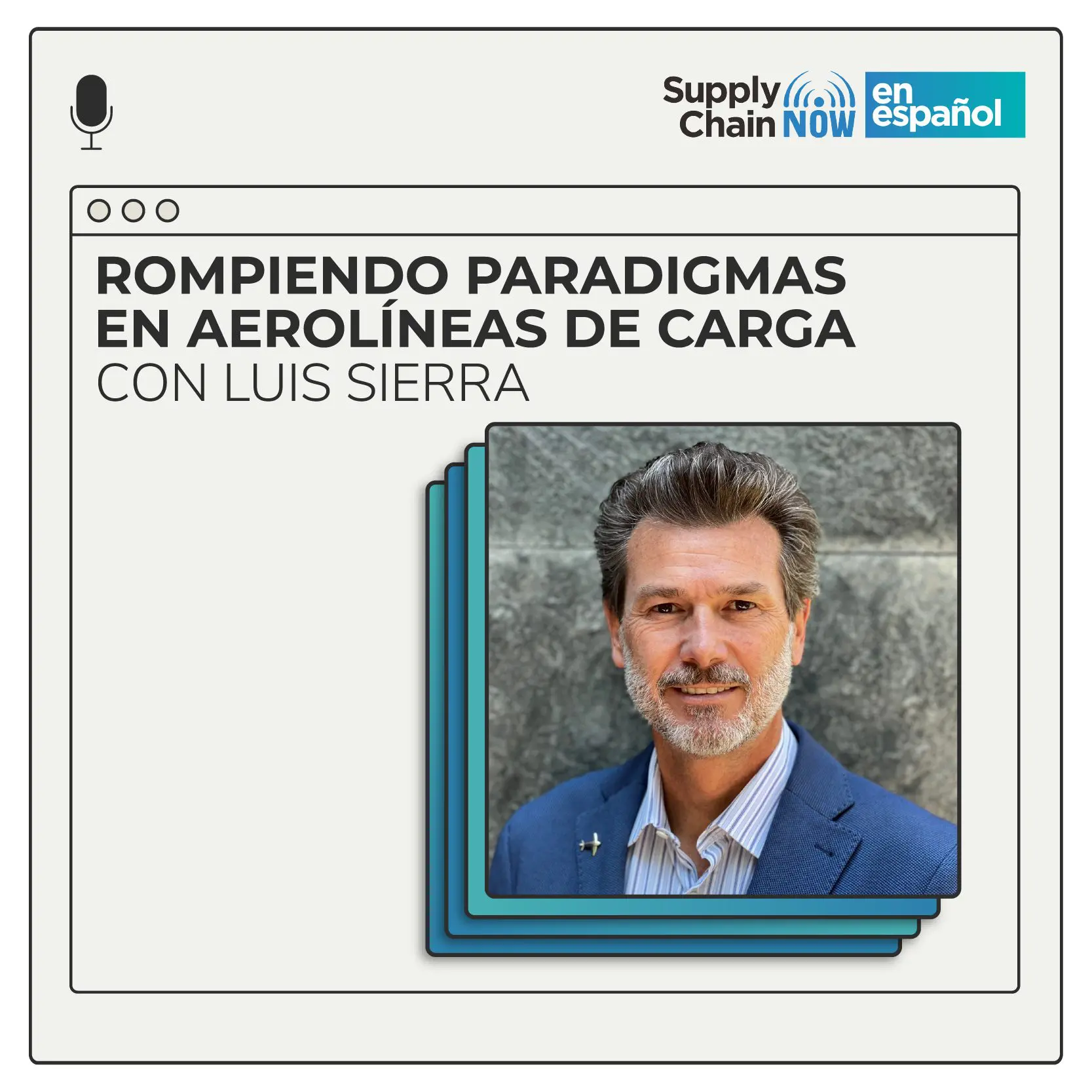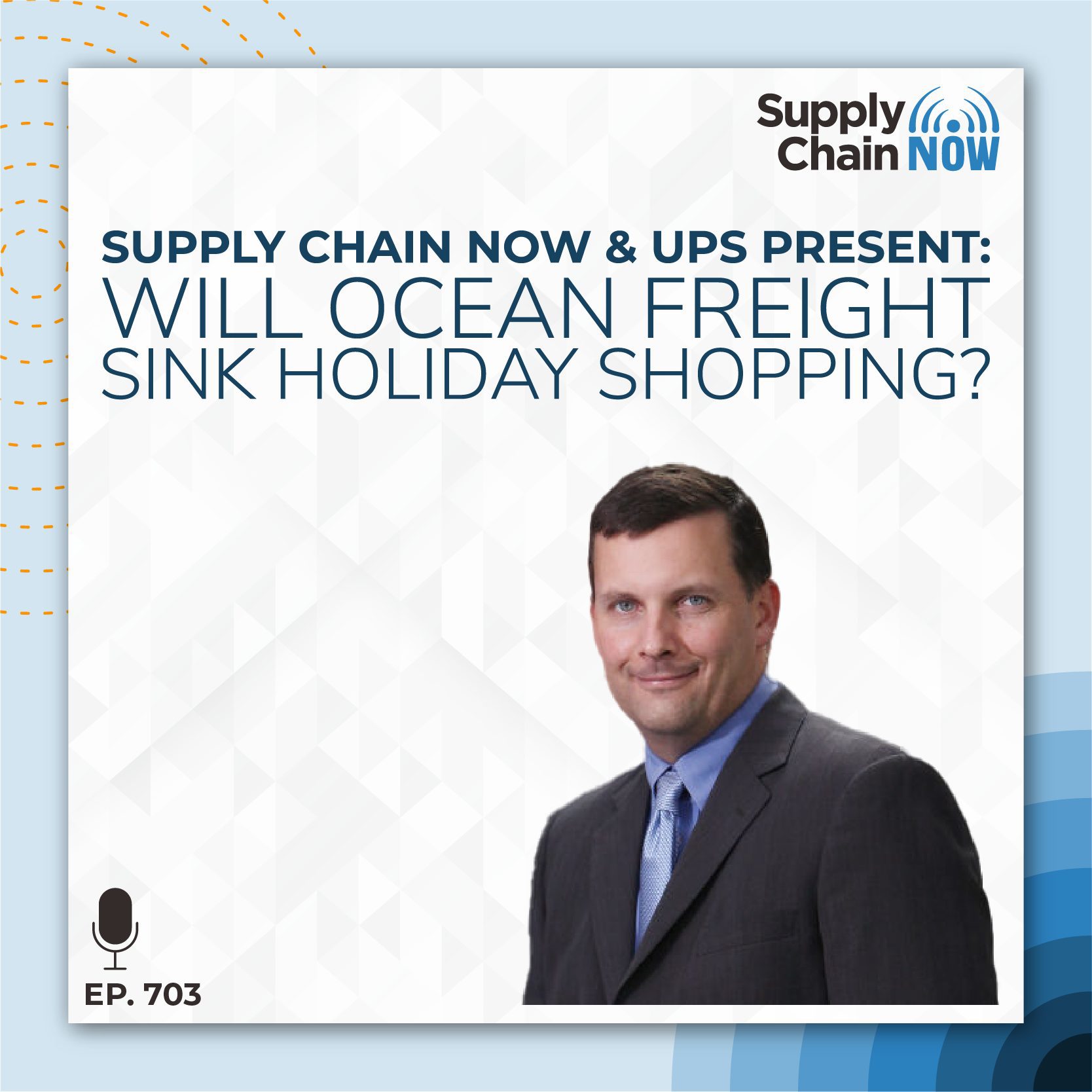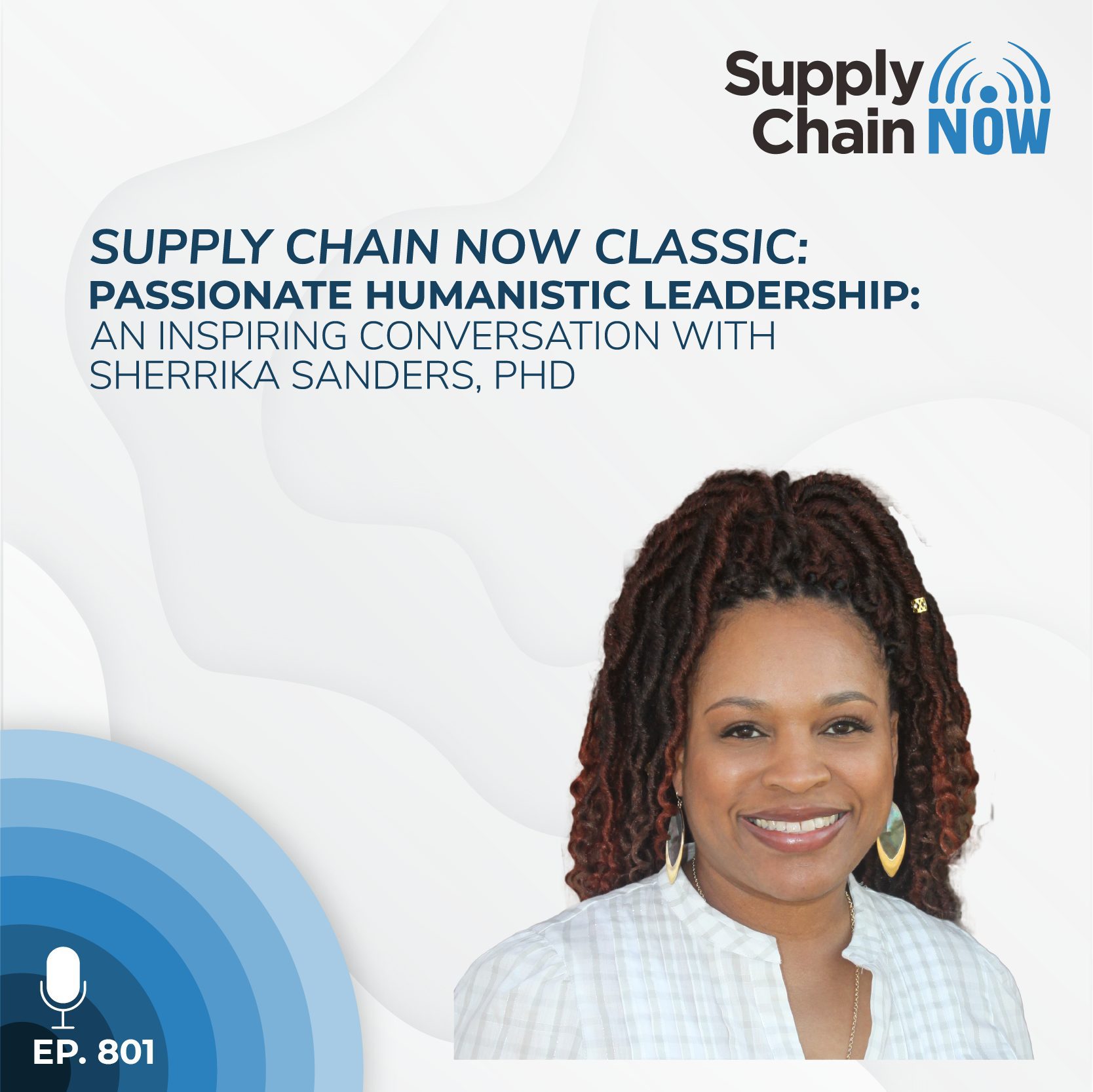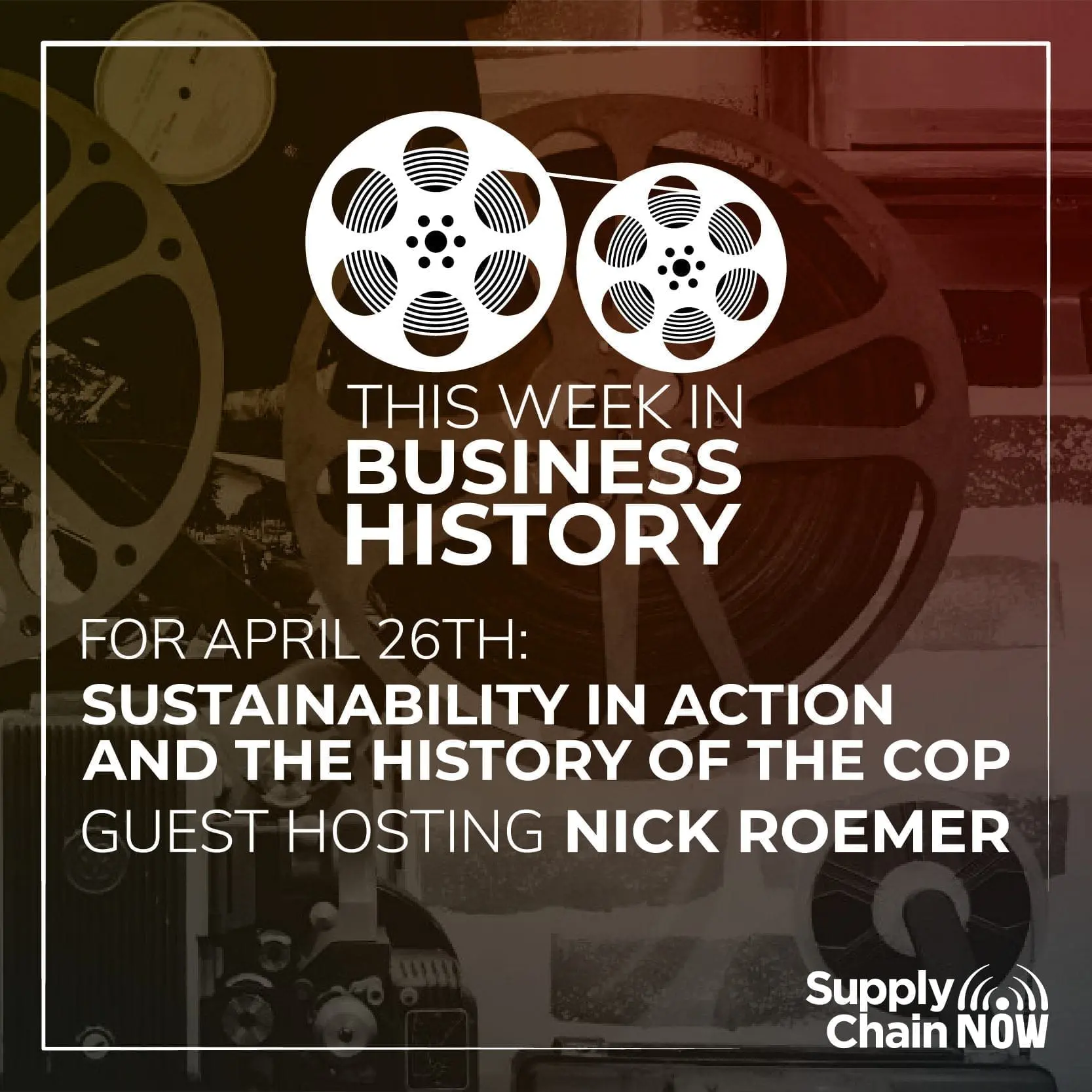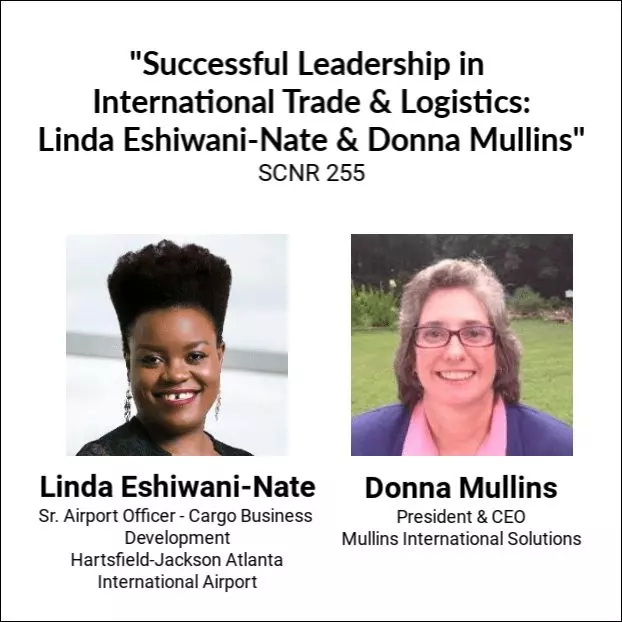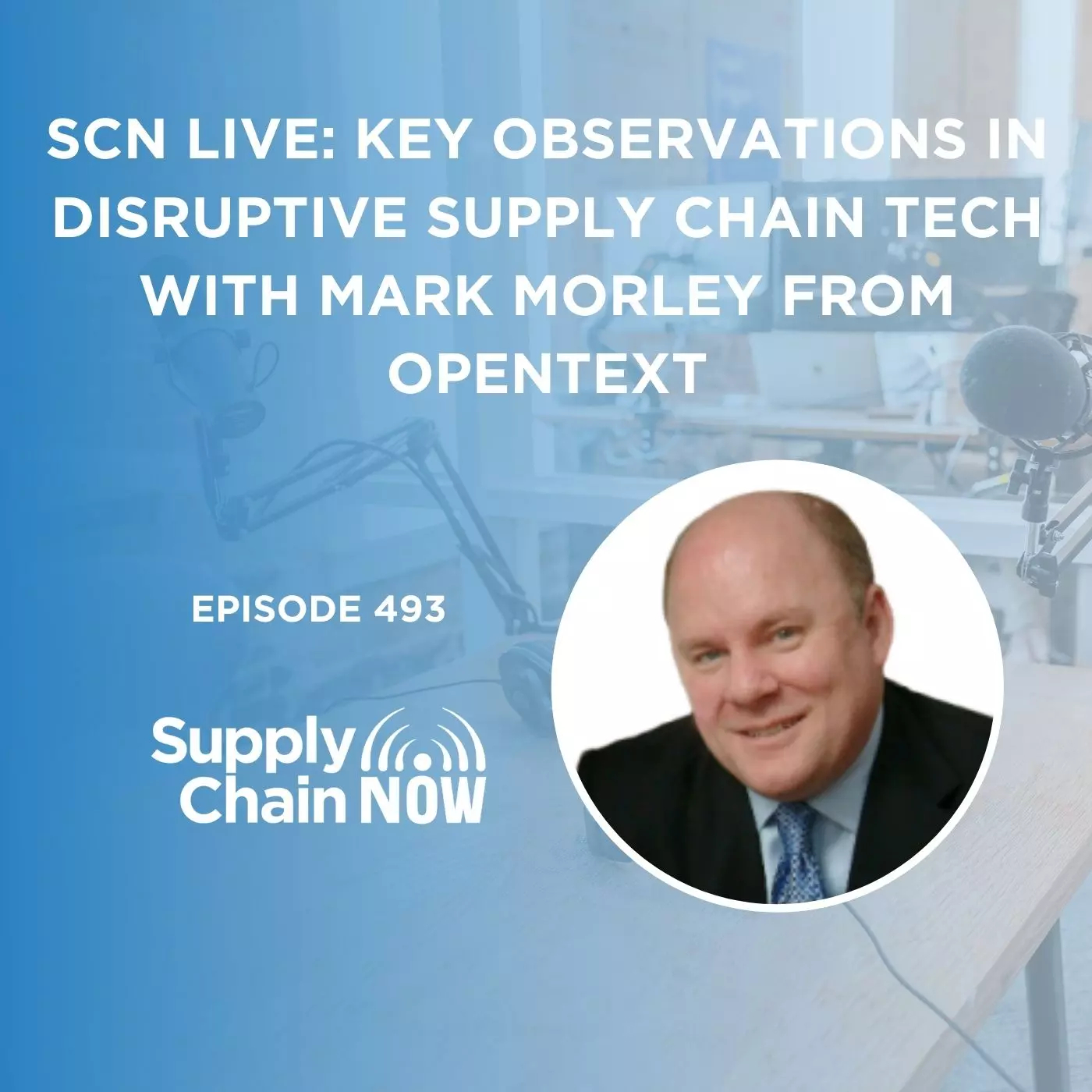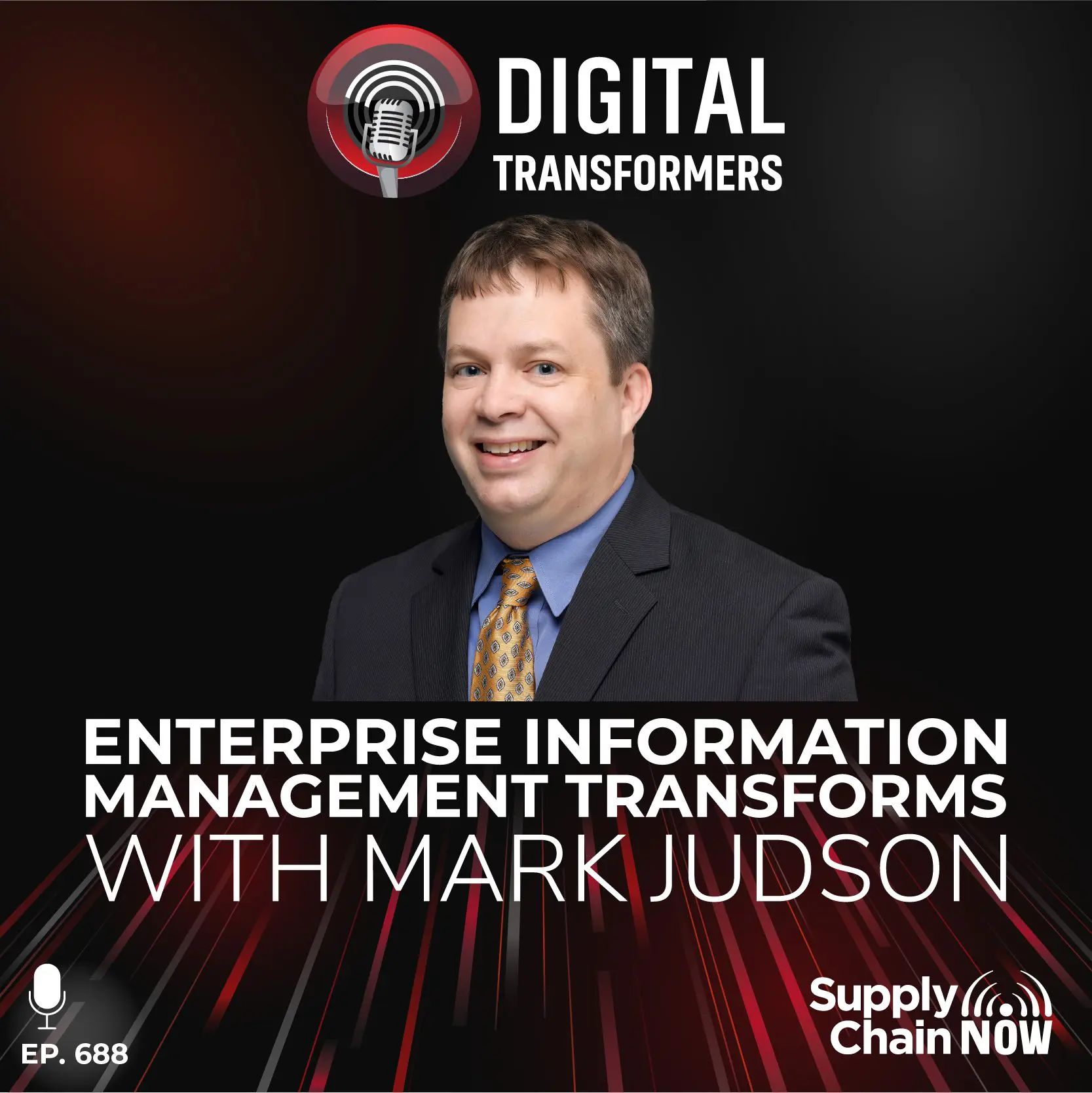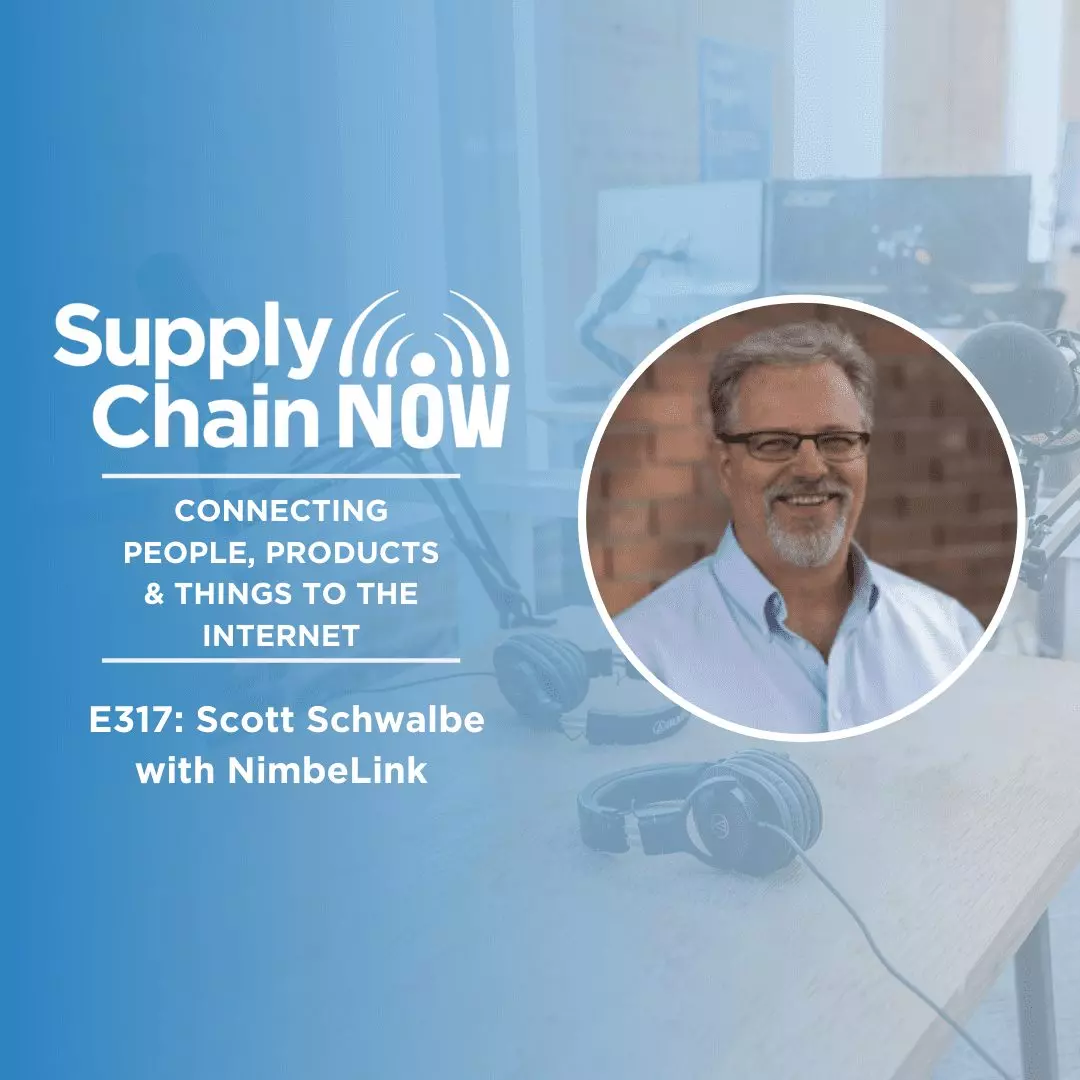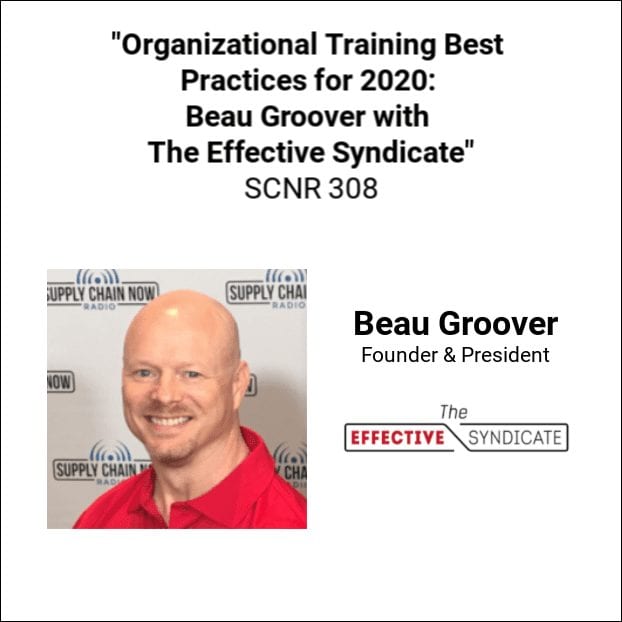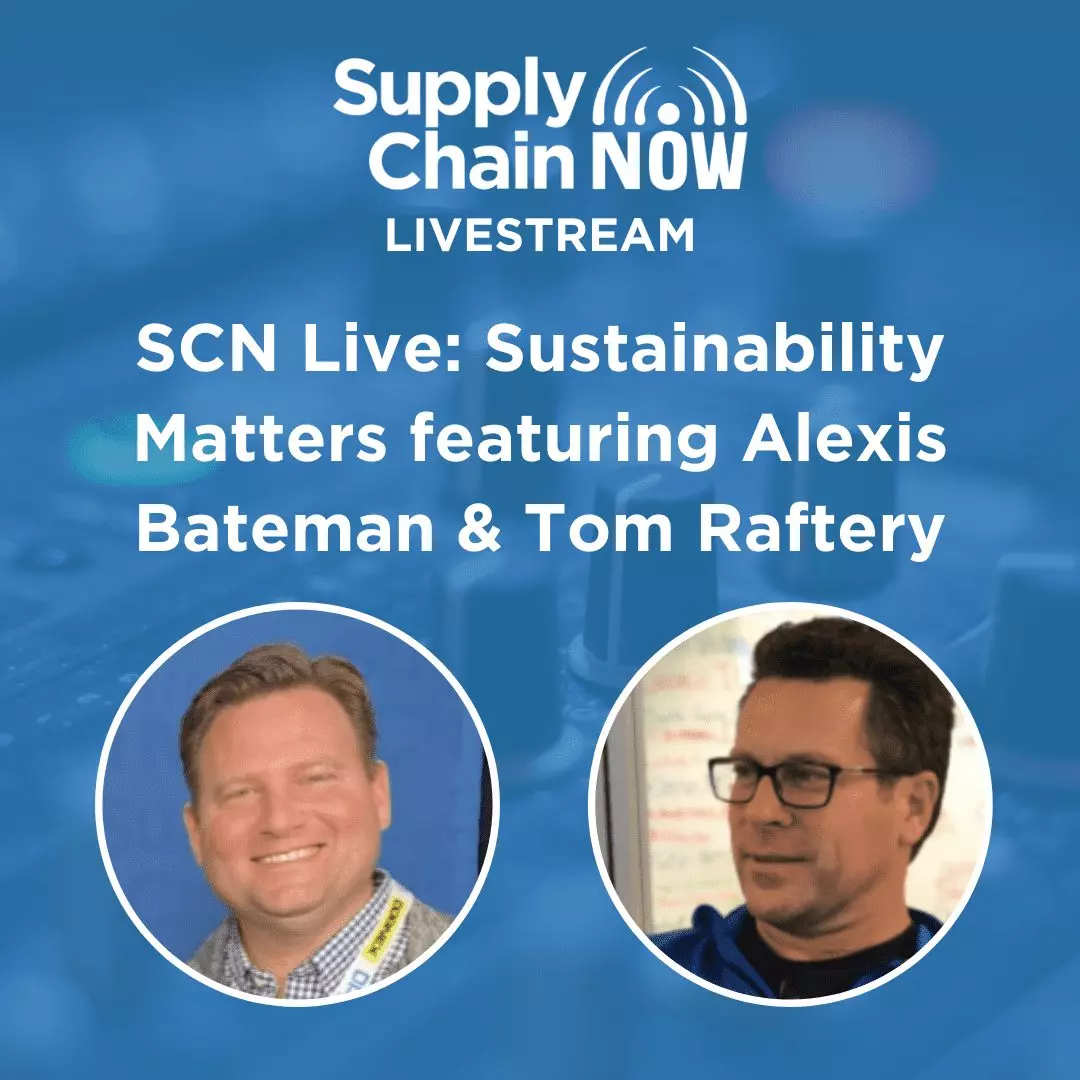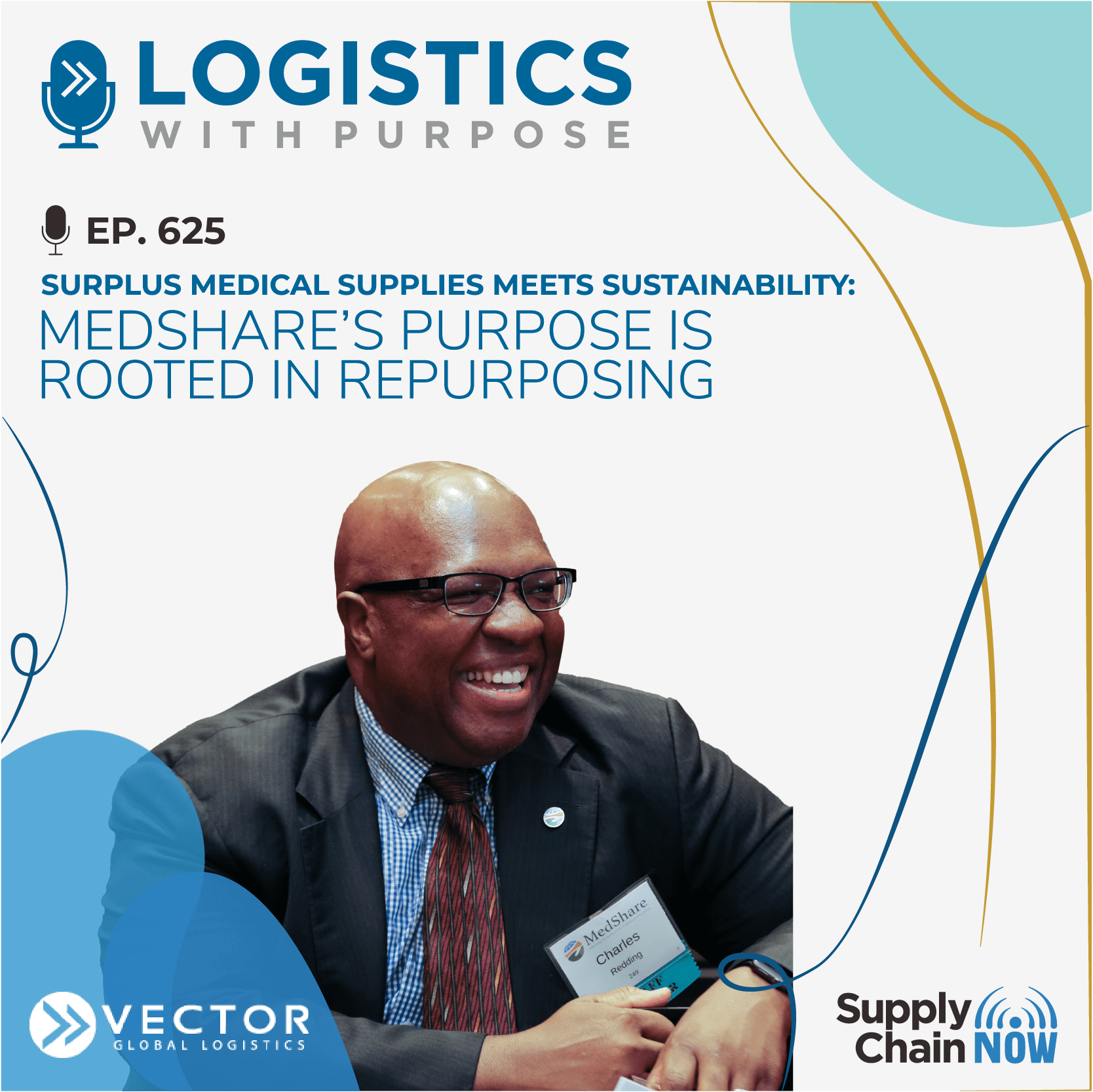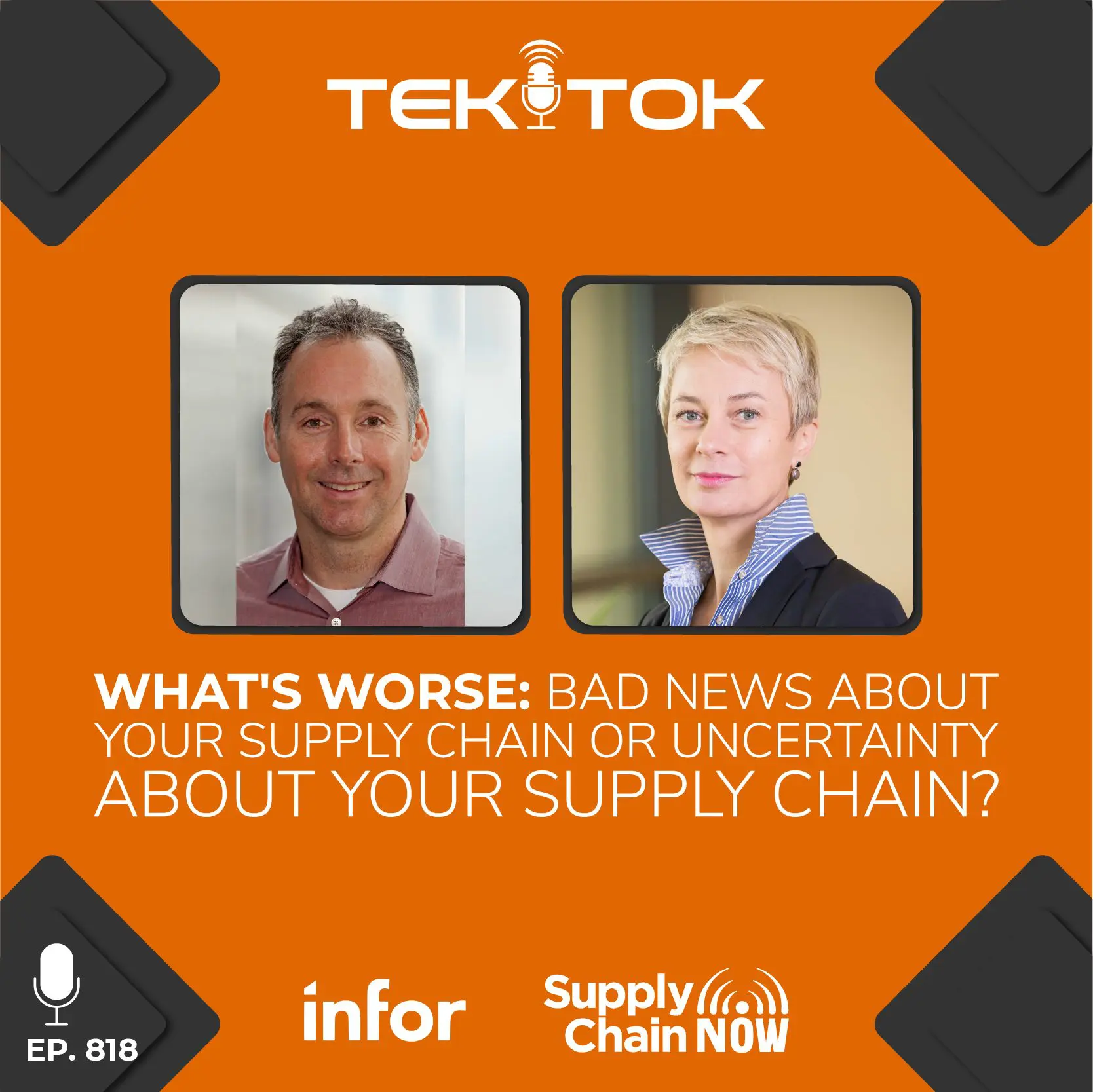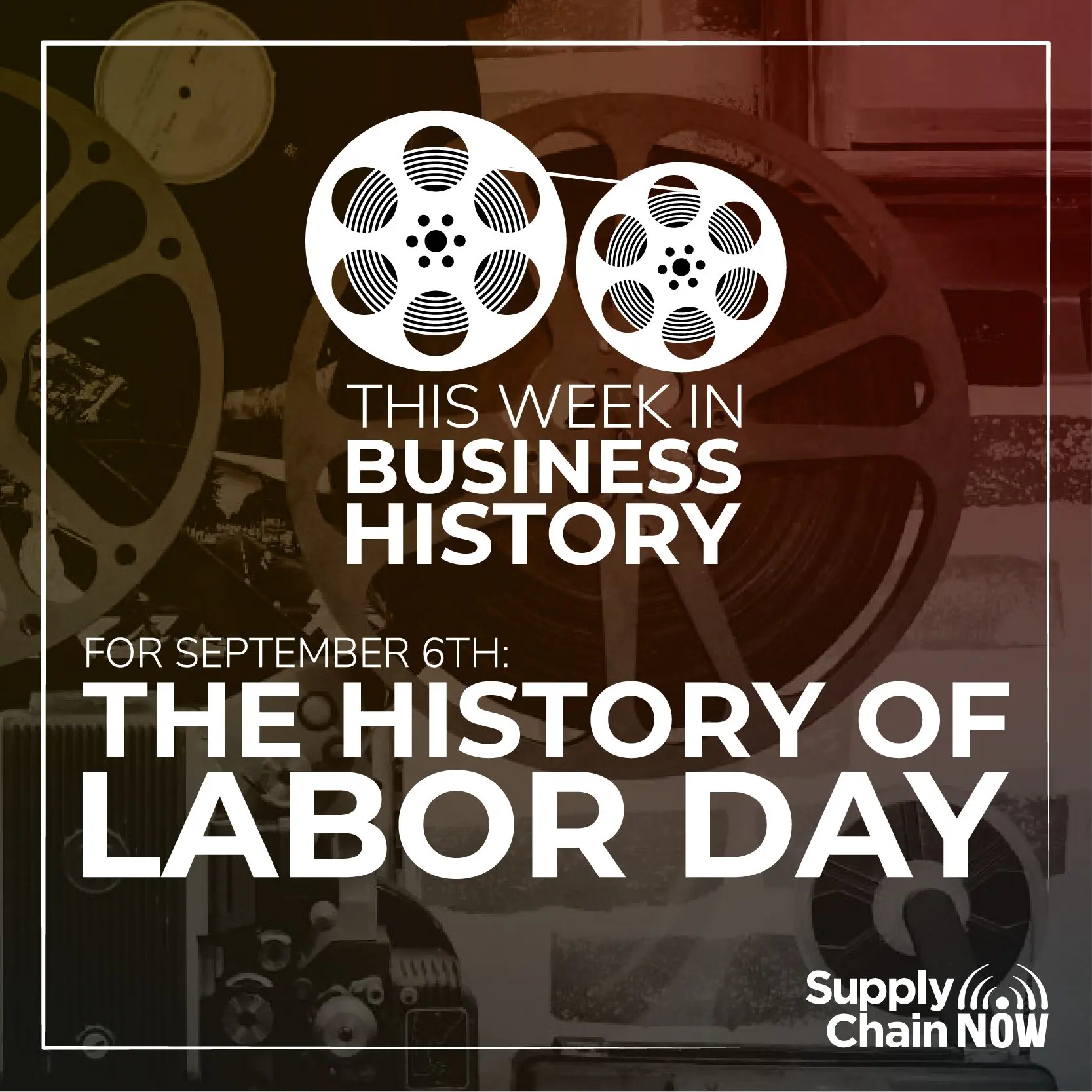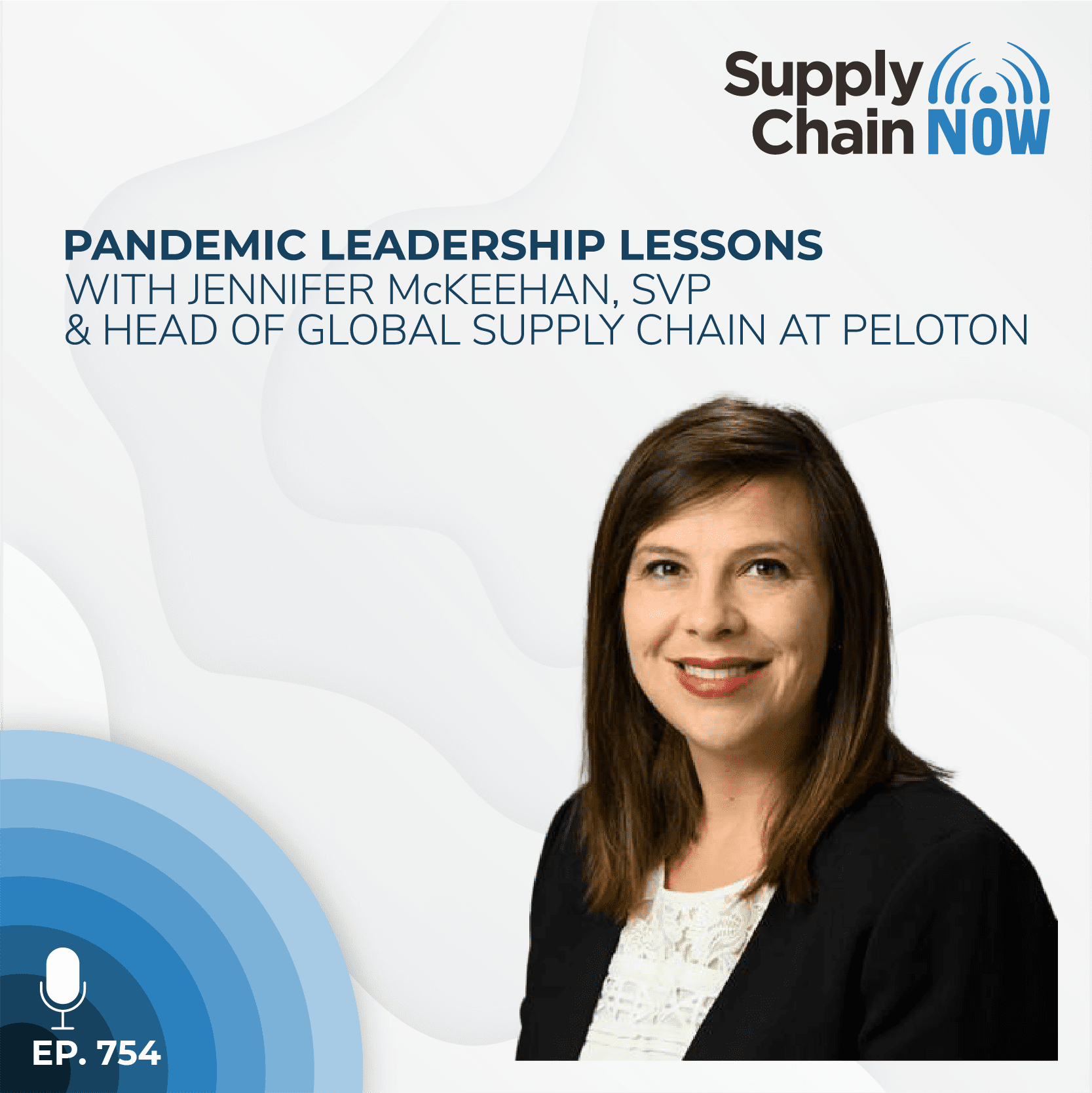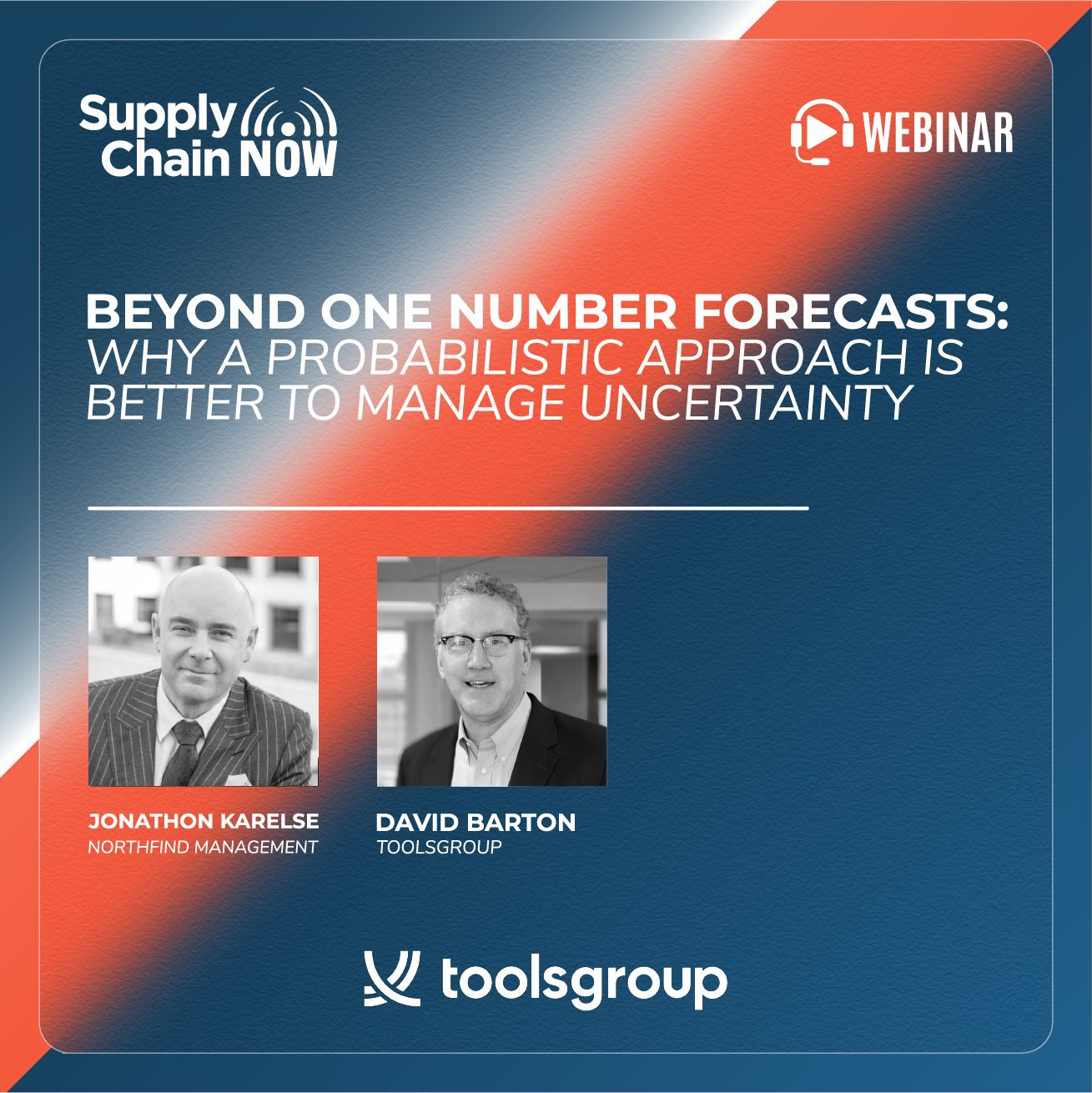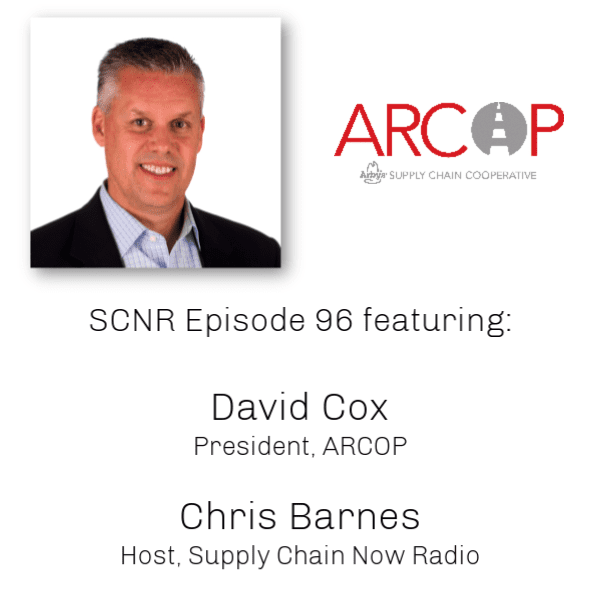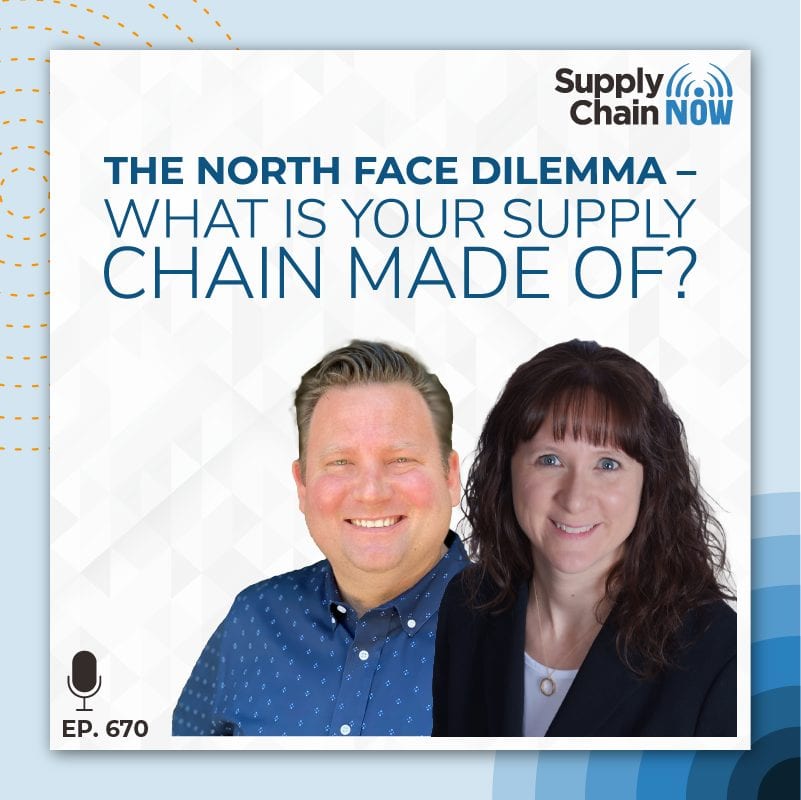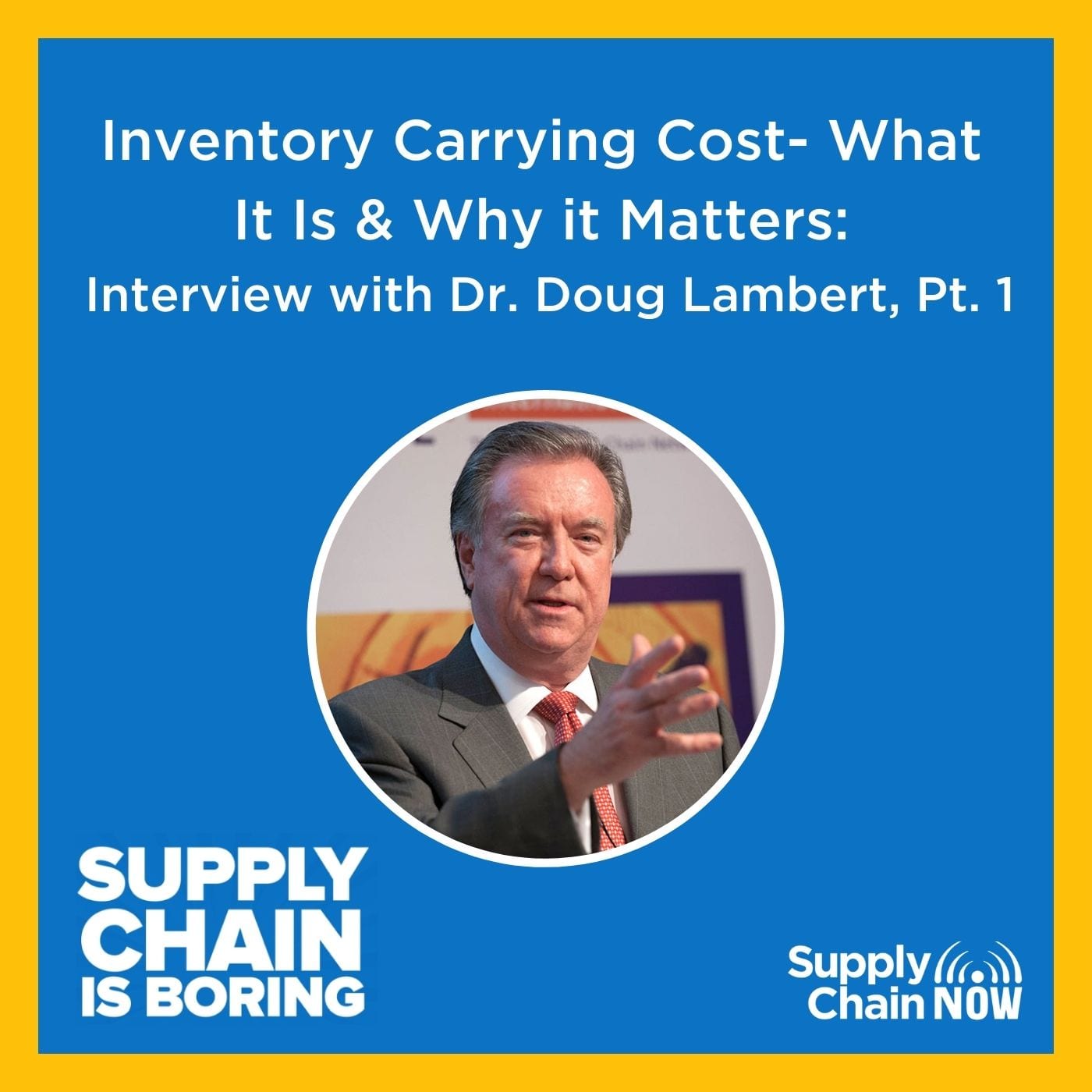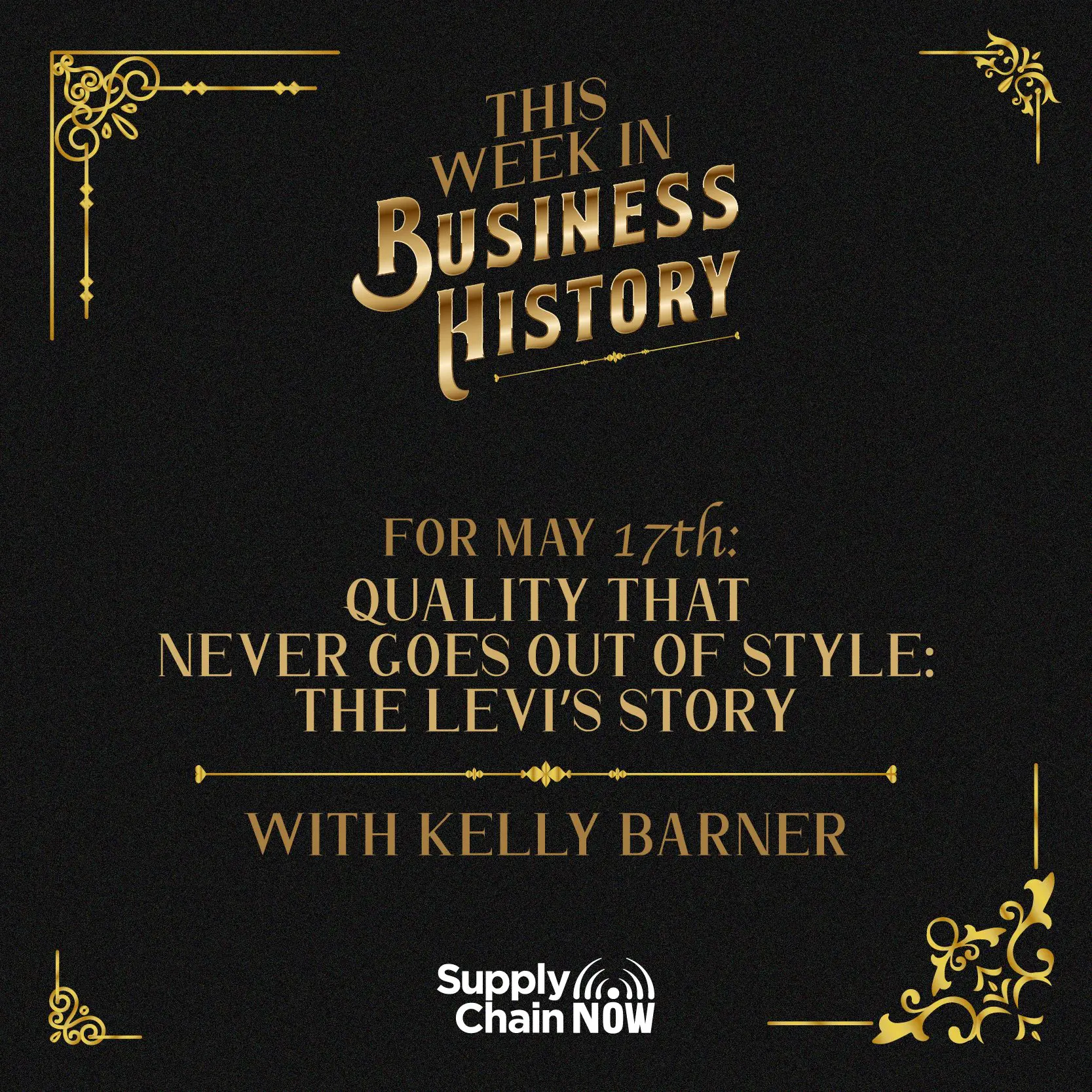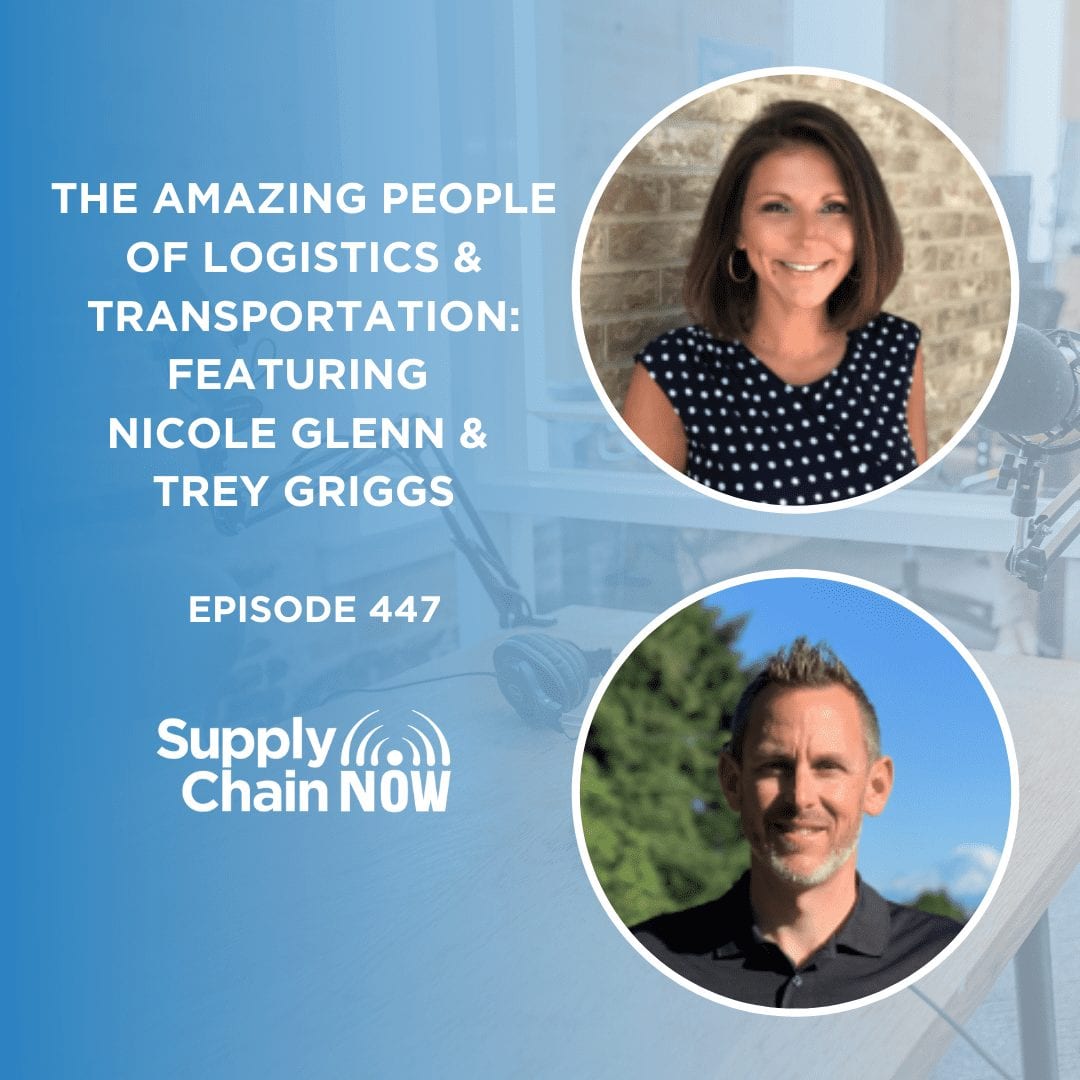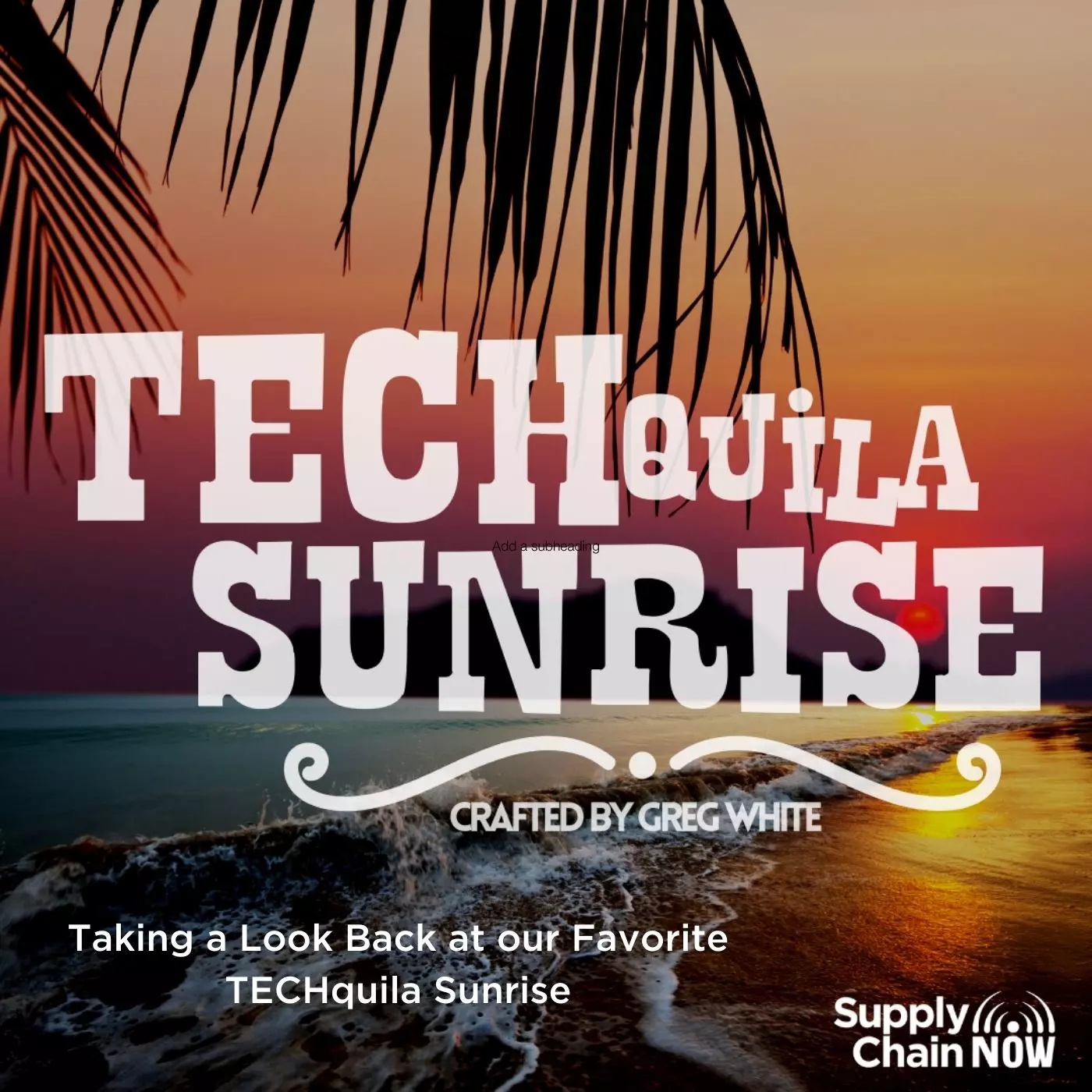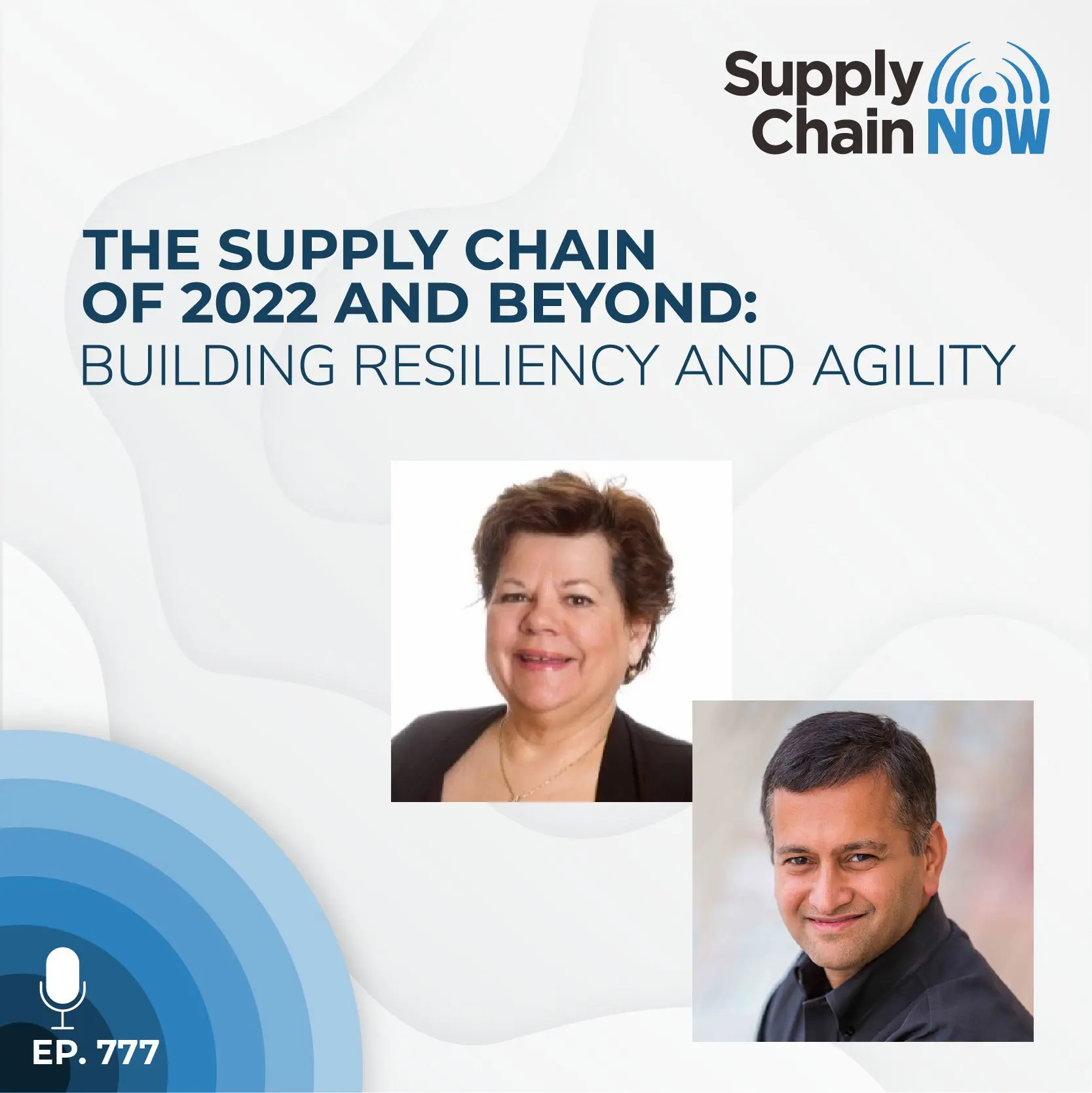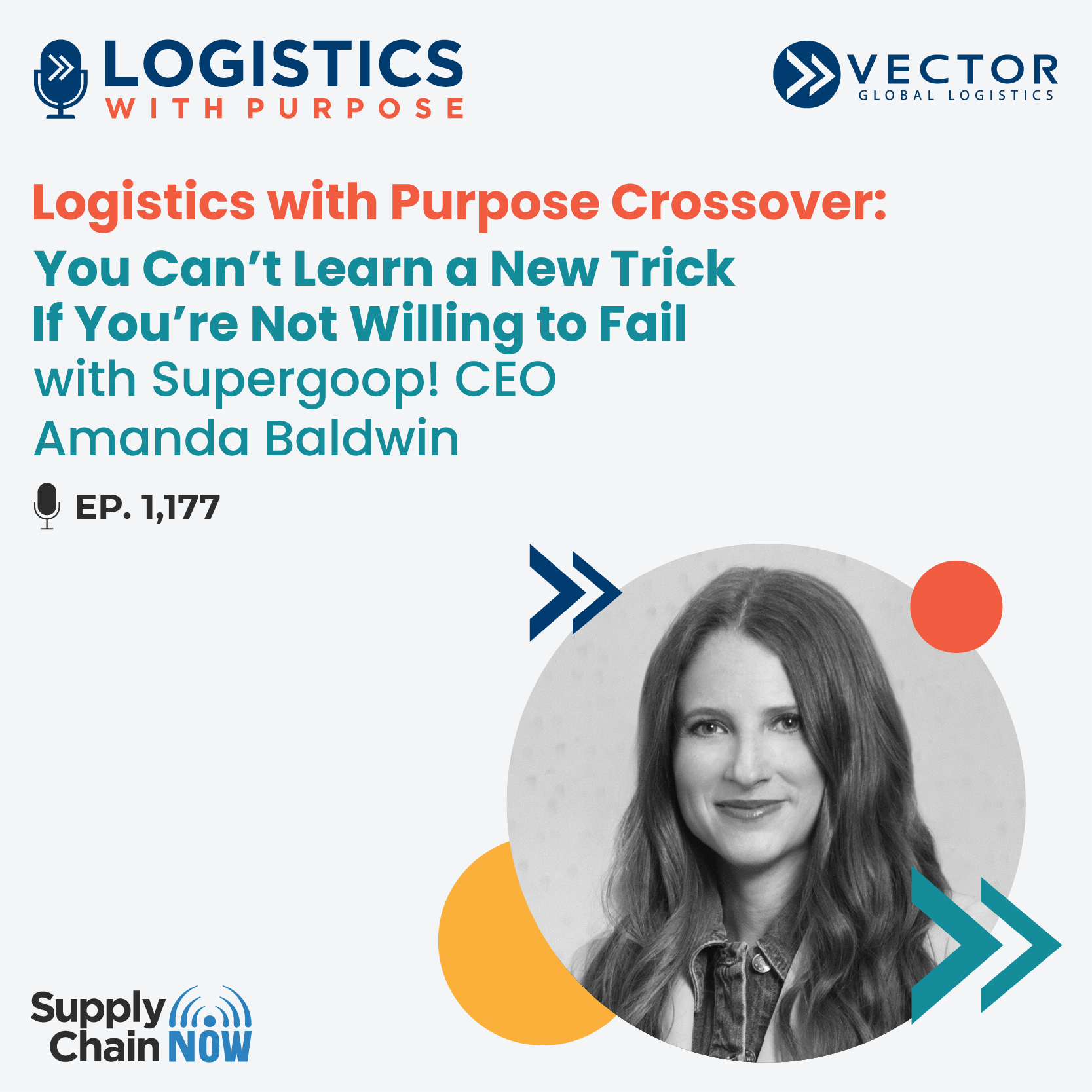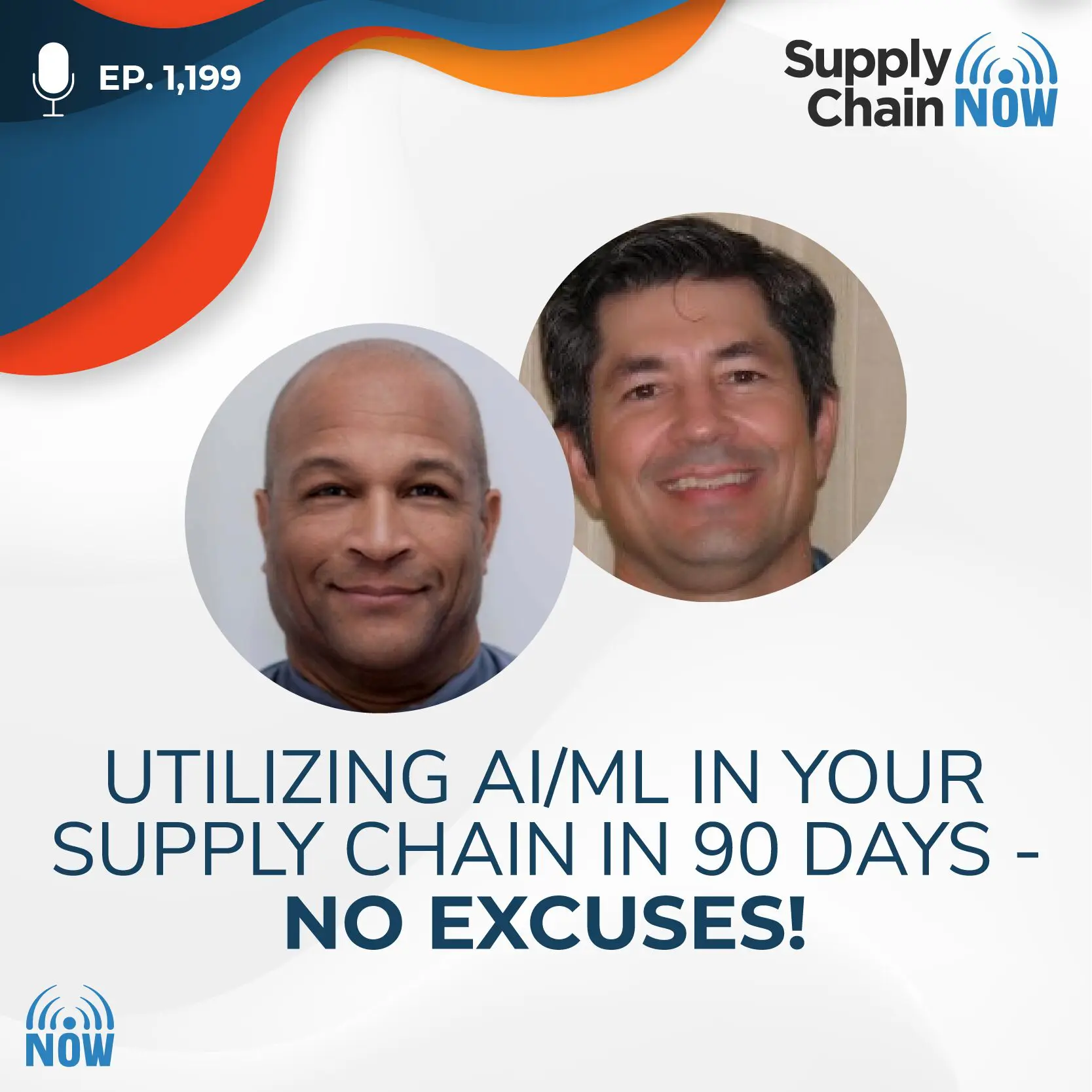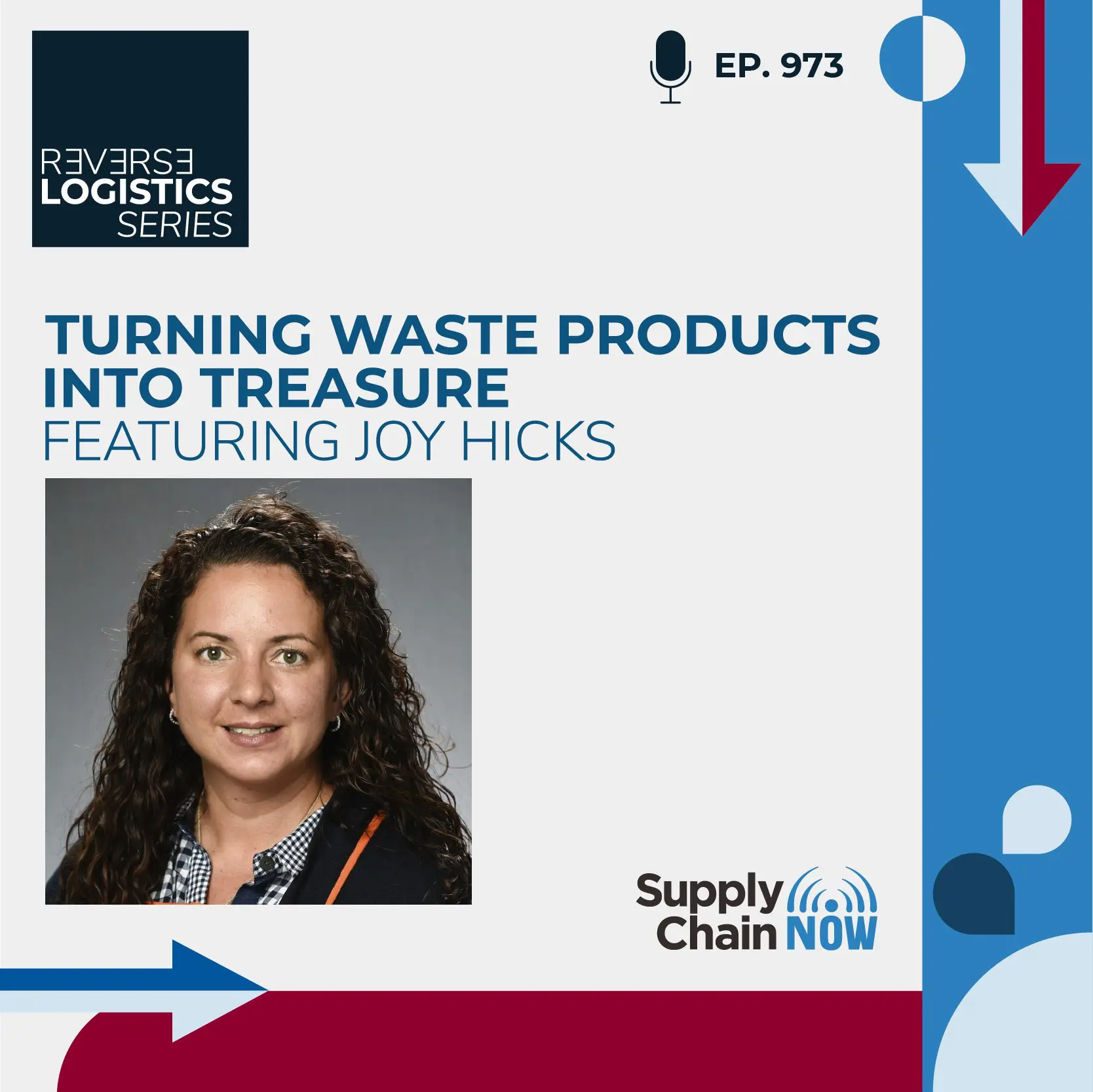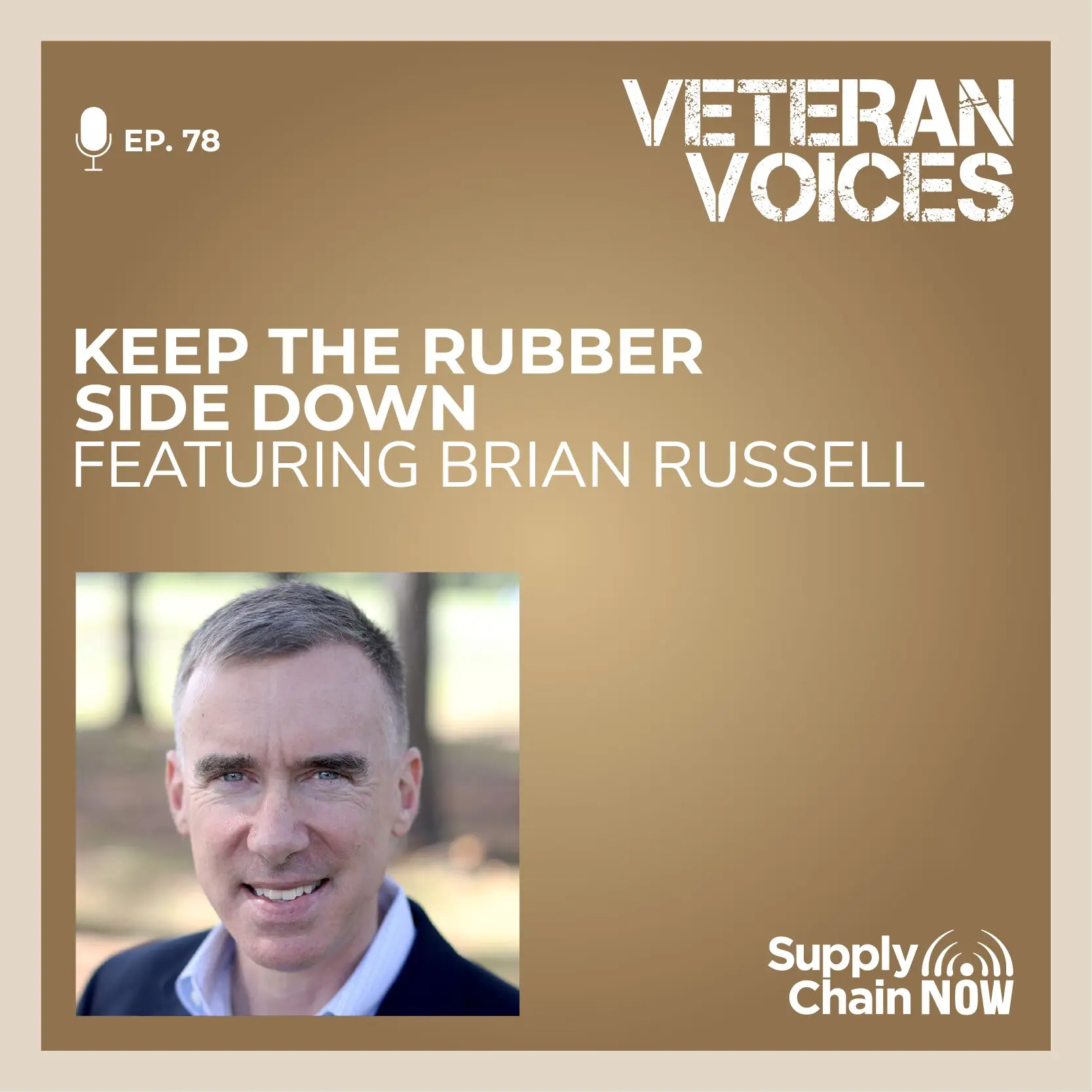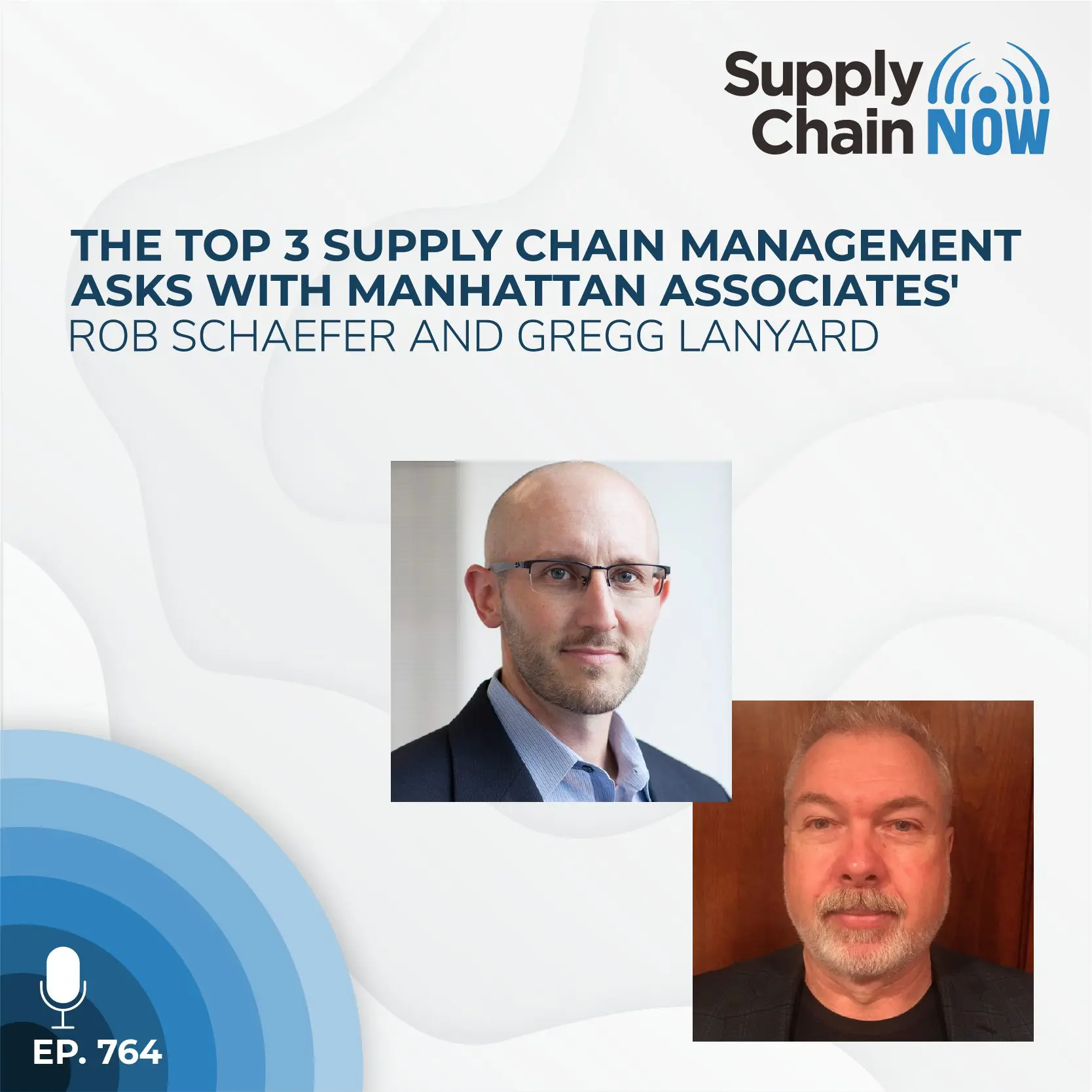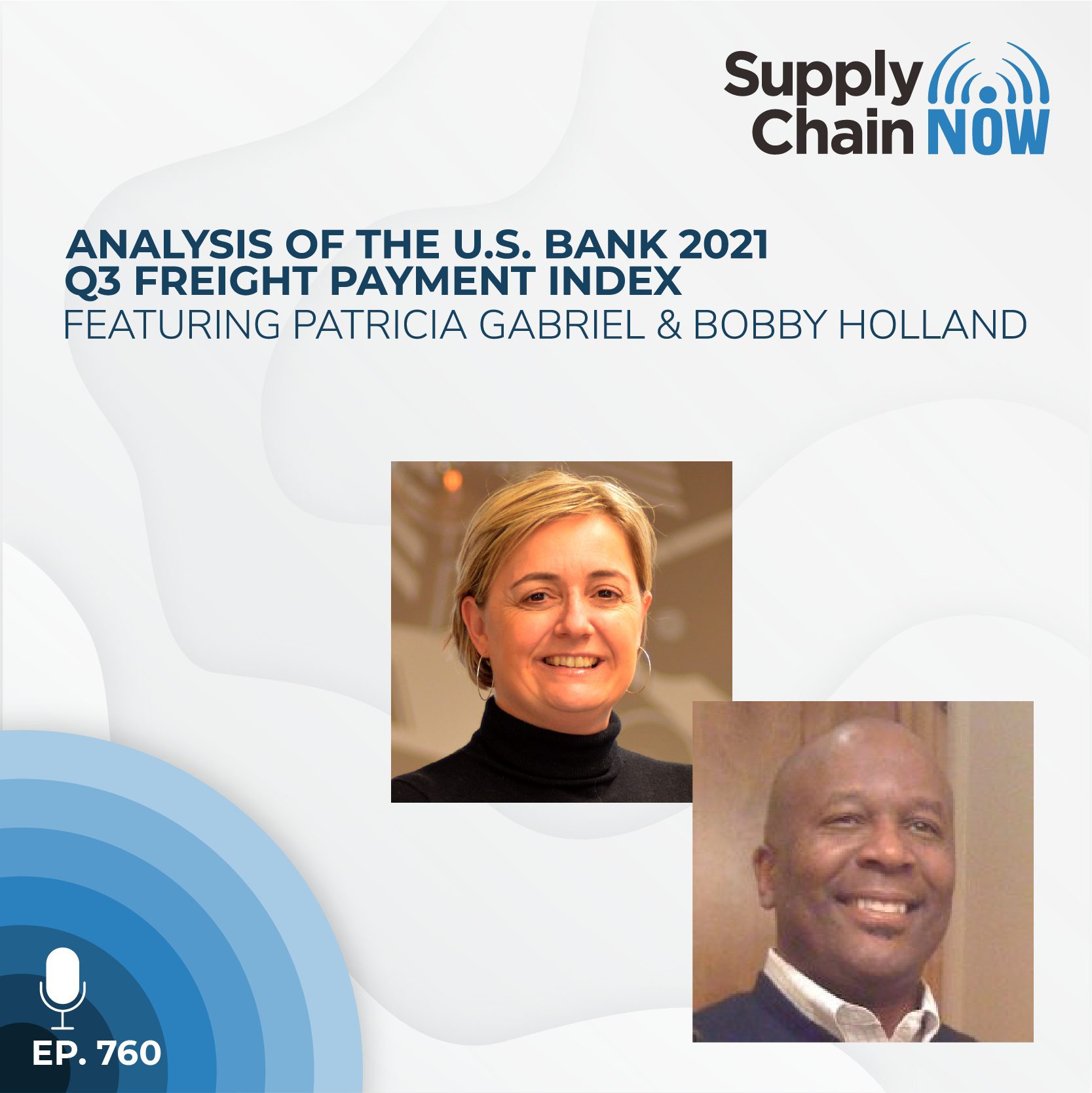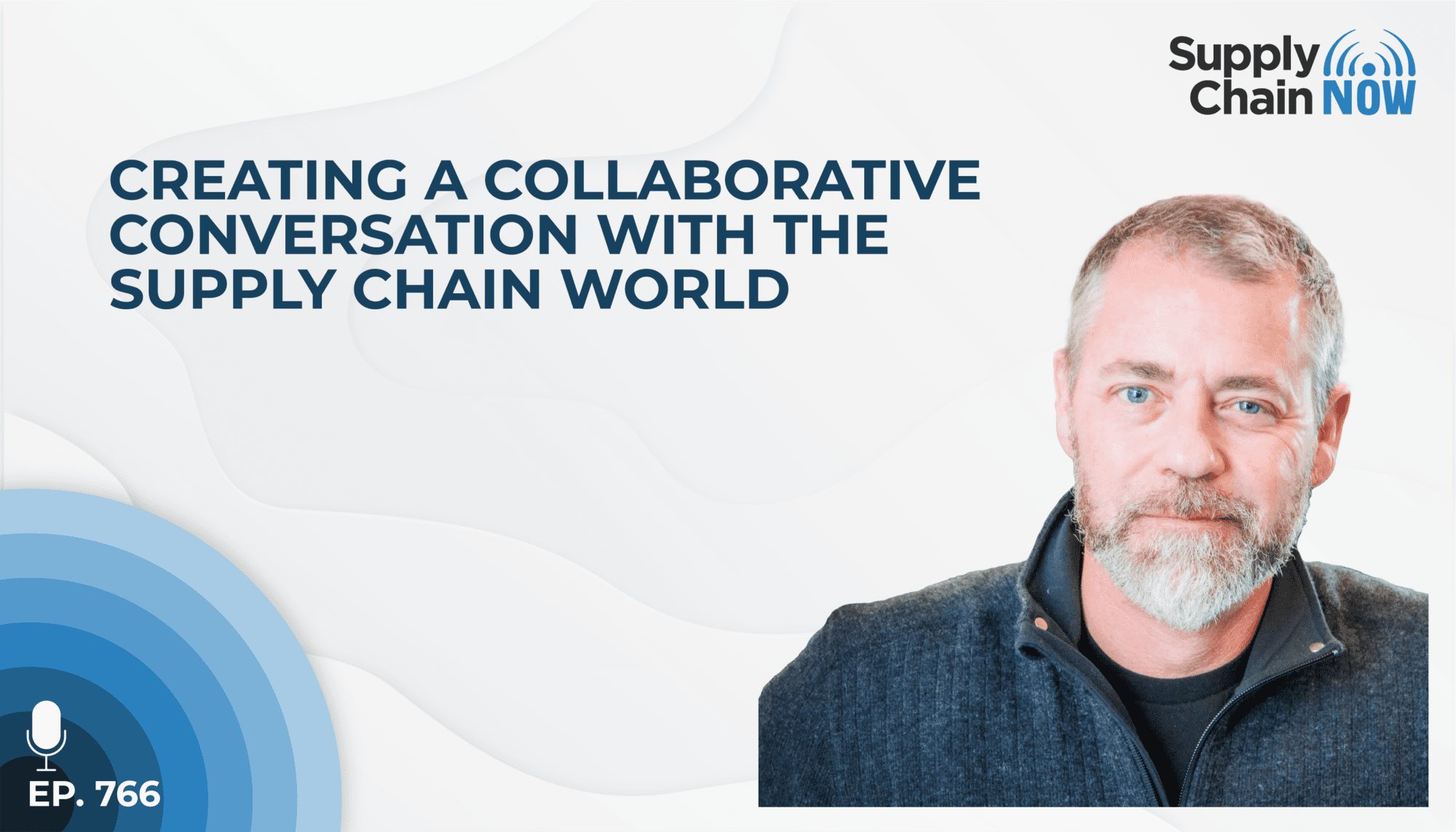
In the world of entrepreneurship, timing is almost everything. You know, you can have the greatest idea in the world, but if it's ill timed, it doesn't matter what you're trying to do.
- Richard Donaldson, VP Platform Management & Marketing, Requis
Episode Summary
There are as many different professional paths as there are people in the world, but that doesn’t mean all journeys are universally celebrated for their uniqueness. Something as simple as pursuing a nontraditional course of study or taking a few years off between college and a first professional role can send recruiters and hiring managers for a loop – blocking a mutually beneficial opportunity for everyone.
Richard Donaldson is the Vice President of Platform Management and Marketing at Requis, a company focused on driving the digital transformation of global enterprise supply chains. His career path has been anything but typical, with stints at multiple startups and time spent building out a brand new function at ebay.
In this interview, Richard joins host Scott Luton to discuss:
– How an abundance mindset plus some time spent working on data center infrastructure led him to begin an unlikely career in supply chain
– Why the supply chain can’t be managed holistically unless assets and data are free to flow from point to point in supporting systems
– Why waste reduction and the circular economy need to be managed as enterprise-wide initiatives if they are going to be successful in the long run
Episode Transcript
Intro/Outro (00:00:03):
Welcome to supply chain. Now the voice of global supply chain supply chain now focuses on the best in the business for our worldwide audience, the people, the technologies, the best practices, and today’s critical issues. The challenges and opportunities stay tuned to hear from those making global business happen right here on supply chain now.
Scott Luton (00:00:32):
Hey, good morning, everybody. Scott Luton right here on supply chain. Now welcome to today’s show. I’ll tell you you’re in for a treat today on today’s show. We’re going to be speaking with a supply chain technology leader whose journey and perspective are both fascinating. So stay tuned for an intriguing conversation. Now, with that said, I want to introduce our guests here today. Our special guest has been described as an AML gram of business technology, innovation and leadership. I’m surprised I know how to say ammo. Graham he’s based long, been inspired by Arthur C Clarke’s quote, any technology that does not appear magical is in sufficiently advanced. I love that our guests has spent a lot of time working in the vaunted Silicon valley is now doing big things when it comes to supply chain in commerce. So please join me in welcoming Richard Donaldson, the co-founder and senior executive with reckless Richard, how are you doing?
Richard Donaldson (00:01:25):
I’m doing great, Scott. Thanks for having me on today. It’s a, it’s a great position to be on the other side of the mic. Get to you a few questions.
Scott Luton (00:01:33):
Absolutely. Well, that’s one thing I didn’t mention. You’re also a fellow content creator, passionate content creator. And I look forward to touching on that, but you know, before we ask you and get to know you a little better, we initially met at the reverse logistics association event out in Vegas probably about two years ago, I think. Is that right?
Richard Donaldson (00:01:54):
That’s absolutely correct. It was a RLA I think they’re also, yeah, that was,
Scott Luton (00:01:59):
And I think we’re both big fans of Tony. Sharada I tell you that that whole reverse logistics space has been an intriguing one to study in, in recent years, but we’ll have to give Tony a tip of the hat for now because I want to learn a lot more about the one and only Richard Donaldson. Are you ready to go? Absolutely. All right. So for starters, before we get to the heavy lifting and we’re going to talk about your professional journey, some of your thought leadership on what’s going on in the current business landscape and the importance of giving back, which I really admire about you let’s get to know you better first or tell us where did you grow up?
Richard Donaldson (00:02:32):
Yeah, absolutely. So I grew up in Minnesota. So the land of 10,000 lakes, Minneapolis in particular, so pretty much lifelong, uh, all the way through high school, great state to go from Midwest boy, uh, Vikings twins, fans through and through, uh, you and I are sort of joking earlier, but, uh, being a lifelong Minnesota fan, I know a lot of heartache, uh, in the sports world. So I can commiserate with everybody on that one, but it’s one of those things you take kind of the, the boy out of Minnesota, but not the Minnesota out of the boy. So that’s always, uh, I’ve always kind of found, I I’ve always been very prideful is probably the wrong word, but certainly I know growing up in that environment, in the Midwest and the Minnesota nice and all that sort of stuff, um, really helped me kind of craft who I am a lot throughout my development throughout my career. Uh, and just through my whole journey. Yeah. It’s gotten, you know, it’s gotten some weirdness in the news lately, but
Scott Luton (00:03:26):
That’s right. Everybody is weird in some way, shape or form, but you know, I’m a big fan I’ve I’ve spent, I’ve had a couple of trips up to the Minneapolis area, loved the people. I love the vibe of the city. Of course, I think I had what’s the famous hamburger.
Richard Donaldson (00:03:42):
Oh. Uh, Fuddruckers or, uh, oh God, the different,
Scott Luton (00:03:46):
Oh yeah. Uh, she’s in the middle. Well, whatever, whatever,
Richard Donaldson (00:03:51):
There’s a diners drive-ins and dives episode, I think is what you’re referring to.
Scott Luton (00:03:55):
The guy theory may have been, it was, it was a delicious burger with cheese baked in the middle, but the people in particular, you know, people are just, you said that Minnesota nice, but there is really a special place to visit and do business in. And imagine growing up, you mentioned sports, of course, I’m a big Atlanta Braves fan. You’re a big Minnesota twins fan. They met in the 91 world series. And what was probably one of the best world series of all times the twins took it home and exciting fashion that had to be, uh, a special moment in your upbringing.
Richard Donaldson (00:04:27):
Oh goodness. You you’re absolute. Right. I mean, I, so I graduated in high school in 88 go there, prep school there. And so I was able to also see the series in 88 and a little bit in 91, because those are the two, you know, for the twins, right. Or for Minnesota championships. And we hold onto for dear life. Cause it’s all, God is a while. But that one in particular was, if I remember it, Kirby Puckett was one of the key, a key members. There is no longer with us, but you just had a, yeah. You had a kind of Cinderella story team and sort of the Minnesota, you know, and our franchise, the twins particular, we have a lot of affinity towards like maybe the Oakland A’s where it was never a high budget team, but it was a team, you know, there weren’t any near all-stars, you know, like you have an, a Yankees situation from that time, even the Braves. Right. I mean, it was a pretty, I mean, Turner was behind him. I think at that time he got some big money involved. Yeah. Right, right. Um, you know, finding something to compete with New York and their money. So, you know, there was that scrappy kind of when it really Minnesota, you know, people just went nuts over it. And I think we probably had a few days off the entire state public shut down to celebrate. I mean, it’s kind of that sort of,
Scott Luton (00:05:39):
Yeah. I love it. And you know, those good people in Minnesota deserve that for sure. And hopefully y’all had a wonderful time. The Atlanta Braves that year, they were the worst in the league the previous, previous year. And it came back to a course window at the time, the NL west, and then go to the world series, which, you know, it was, was a tree in and of itself. So yeah. Seven games. Yeah. It was 70 games. That’s right. And the seventh game was that in and of itself was a battle between two eventual war hall of Famers and Jack Morris and John Smoltz, I believe so. Yep. That’s great. So it sounds like you and I could probably reminisce, we can have a podcast series on the 91 world series, probably exchange stories there, but what else I’m going to talk about Colgate university, where you attended in a moment, but I’ll give you one other anecdote or memory that’s really important to you growing up in, in Minneapolis.
Richard Donaldson (00:06:34):
Well, one thing I, if we’re thinking is we’re kind of chatting through there and I started thinking about it and when I start thinking about Minnesota nice and absolute, then his memory that I think kind of shapes that right, is the incredibly harsh winters that all Minnesotans have to deal with. Right. And, you know, as I reflect on that, you know, as a kid, you don’t think much about it, right? I mean, 20 degrees out 20, uh, 20 below, zero outside with windshield where it’s all of a sudden 60 below zero and most people on the planet. Oh yeah. I mean, that sounds, and it is it’s it’s, you know, for most people that’s like death sentence for us. It was like, Hey, whatever, you know, it’s just what we do. Like we don’t know any better yet that harsh environment creates a bond. Right.
Richard Donaldson (00:07:22):
And it creates, uh, almost a necessity where like, in the winter time I’ll vividly remember. Right. And this is shocking to most people, but you know, the winter time you’d always see, you know, cars constantly being turned on an hour before anybody’s leaving just to get the thing heated up. But the car started, it’s running, keys are in it. No one’s watching it, but everyone’s doing it. And he didn’t have like a rash of car theft or anything like that because everyone would, everyone knew. That’s just, you know, that’s just what you had to do. Or, you know, in Minnesota, you know, if you were stopped on the side of the road, especially in winter and you saw someone you pulled over, you helped, you knew that person is in, you know, whether they recognize that they’re in a life and death situation when it’s 20 below and they’re pulled over on the side of the road.
Richard Donaldson (00:08:10):
So like when I moved to California later, I remember once being on the bridge, the bay bridge, someone was stuck in the middle of the bridge and my instinct was to pull over and help them. And by contrast, they looked at me like I was going to carjack them. Right. And I was like, I was so shocked. I was just like, Hey, I, you know, I’m just like, I just saw you pulled over. I thought I’d help. That’s just, but that’s what I grew up doing. Right. And it was really a by-product of oddly enough, the harsh winters, I think, because when you’re in an environment like that, you can’t even, you just, you recognize real quickly that Karma’s real. Like you, you, you are going to need help at some point, therefore you help other people. And it’s just almost innate in your existence.
Richard Donaldson (00:08:53):
I love that. So it’s, it’s that kind of experience that I think is really a bar. I mean, anybody who’s listening either lived in Minnesota or, you know, been from there. I think that’ll key to them pretty quickly, but I think that’s what that Minnesota nice comes from. Right. It’s not that they’re not competitive. It’s not that they’re not, you know, out there getting stuff done, but it’s just, you know, you just, you kind of grew up with a different perspective. Like I need to, I have to help people because I know I’m going to need help at some point. Right.
Scott Luton (00:09:18):
I love it. It’s like a disposition. It’s just such a great disposition and mindset. Okay. So I want to move along to you when you were an Ivy leaguer, you went to Colgate university. So tell us, you know, for a lot of folks that may not experience, you know, that, that level of, of, uh, education, what was your favorite aspect, especially when it comes to learning? Not, uh, I’m not sure if beer and pizza were part of your college experience. Like they are certainly a big part of mine, but putting that aside, what was the, what was your favorite aspect about that?
Richard Donaldson (00:09:51):
Yeah, I mean, well, maybe only make me think of animal health and for a lot of people, they may not remember that movie, but for our generation. Um, and funny enough, uh, the guys who wrote that in, as it goes actually were, uh, parroting a little bit of Colgate and darkness. Yeah. Which is sort of interesting. And so it was a pretty small school, 2,400 total undergraduate. And the thing, the reason I ended up at Colgate as one, um, I was looking for a solid school to kind of move into, but what sold me, it Colgate after reviewing a few schools is a, the size, I really liked the compactness of 2,400 students total. So you’re looking at 800 to grade kind of thing. Right. Um, and that’s usually the size of a class in high school, not necessarily an entire freshmen class at a, at an undergraduate program.
Richard Donaldson (00:10:38):
So I liked that ability to kind of be in a tight knit environment. However, interestingly, about Colgate with only 2,400 students, they still sport division one sports. Wow. So football hockey, uh, now it doesn’t mean they’re good. Right. But what that, what that meant was you had to have that small, the student population and to, to have those kinds of sports, soccer and hockey, which we were pretty good at basketball, even which we were not good at all. I think they made the tournament a couple of years ago. That meant that everybody was a student athlete. So it was that cross section that really allowed. I mean, I wasn’t a student athlete myself, um, and I didn’t play, I played, uh, funny enough to play a team sport or whatever water polo for four years, but we competed pretty, pretty seriously. You think you’d go to the west coast, but it was that it was that it was the S it was a smallness.
Richard Donaldson (00:11:31):
It was the student athletes. And then, you know, after the fact, the other thing that was really powerful for me at Colgate is I actually spent an entire year abroad, uh, living in Europe as part of a program there and lived in Switzerland. And that really shaped me for the next jump of my career, because I got a chance to actually not only live there really experienced what it meant, be fluent in the language, uh, because I was studying French for years. And, you know, I didn’t realize until I lived there. And again, vividly, remember this moment, I had a dream entirely in French, no translation there wasn’t me, you know, English and then go to French. It was literally in France and there was no, and that’s what I knew now. I lost it all, but let me go let it be clear. But when that happened, I knew I’m like, oh my God, this is what it means to be full.
Richard Donaldson (00:12:20):
Like I, wasn’t thinking about translating the French words to showed up. And then in, in being there, I also was very fortunate enough to end up working was on an internship, kind of got extended, which decided why I was there a little bit longer for a pretty well-known Minnesota company called Cargill. It’s, uh, one of the largest privately owned companies in the world. And I was working on their oil trading desk. They’re doing ironically logistics. So I was the fulfillment guy. I was, uh, you know, making sure shipments, uh, global shipments of oil were getting for a to and fro, uh, the middle east or Europe to the U S and vice versa. And, um, I worked for a bunch of traders. There was like five of them. They’re all kind of in their early thirties. And I remember they said, Hey, I would like to come back.
Richard Donaldson (00:13:03):
You know, when I graduate, blah, blah, blah. And they gave me some advice that I, to this day, I continually give back to people, which was all right. Of course, we’d love to have you back. Of course, we’d love for you to come work for us. However, we’re going to tell you what no one told us at 21 or 22. And that is you are never going to have the least amount of responsibilities as you do now, go forth and use that and do things that are off the beaten path. Right? Get out. Career’s going to be here. Job’s going to be here, but you’re never going to have those early twenties again in the way that you do now. And so honestly, they didn’t even have to finish the sentence. I was gone at that point, right. And so I, I actually left and, uh, you know, upon graduation.
Richard Donaldson (00:13:47):
And so jumping into a job, I took any of that being five years of traveling around and was a chef and a scuba instructor and a ski instructor and experiencing things really. And that oddly enough, which sounds amazing and fun. And then it was, I will not going to say that, but by the time I hit those five years, I knew I wanted to get back to work. And I was so grounded and focused at that time when I actually ended up in San Francisco in 97 and sort of pounded my way into investment banking. And I was an analyst at 27, where most of my cohorts were 21, 22 just out of college. And they looked at me like, oh my God, you know, you’re in Hawaii. And that just sounds so awesome. We want to be there. And I was like, yeah, but it’s an island. Right. It sounds great. You know, but what we have here is like, I, I that’s all I wanted to do. So I was so focused that, that, that experience really helped me focus in on what I ended up, became my career in Silicon valley. So, all right. So you shared a lot there. I want to,
Scott Luton (00:14:52):
That’s good. I want to make sure I understood one of your last points though. Cause it seemed like all of that time kind of exploring and living, you know, taking the advice that you’ve been given, Hey, you’re not going to be this age again with a little responsibility, take advantage of it. All of that lack of focus. Really what I heard you say is what helped create the focus as you, when you were ready to jump back in and really start you’re building your career, is that
Richard Donaldson (00:15:21):
That’s correct. And, and, you know, later in life, I think when I sort of reflected on it, what became apparent to me and unbenounced to us as kids going through middle school and high school and ultimately college is, it’s almost like you don’t have a choice. You’re just doing it. That’s what you should do. And I’m not saying you shouldn’t do it, you should do it. But he kind of on this track almost unconsciously. And it takes getting off that track and looking back on it is that where I really want to be. And that’s, that’s not the norm I’ve found here in the U S whereas outside of the U S it is a little bit more normal, for example, in Australia, going on a couple of year walkabout, that’s pretty par for the course for Australia, you know? So just a different philosophy kind of around things you should be doing in your life. Like here in the U S we’re. So on this treadmill where it’s like, you go, you get your degree, you get undergraduate, you get a job, get a graduate degree. And by the time you kind of realize that, holy, I’m in my mid to late thirties. I don’t even know what happened.
Scott Luton (00:16:32):
I don’t know
Richard Donaldson (00:16:33):
Really. And you know, and I’m not saying there’s one way right or wrong for me, that experience allowed me just like you said, to kind of get outside of myself, do things completely, you know, whimsically. Right. And what, for me ended up happening is it allowed me to realize, okay, this is awesome. It’s fun. It’s great. I’m not going to lie. It was a lot of fun, right? I’m not, I’m not going to downplay. It was, it was a lot of fun. But at some point I hit a point in about 27 where I was just like, Hmm. You know what? I kinda done it. I got it out of my system. I, I do want to go back to work. I do want to apply myself.
Scott Luton (00:17:15):
So on that note then, so, uh, 1997, it sounds like you landed in San Francisco. You pound, if I heard you correctly, you pounded your way into working at an investment firm. Is that right?
Richard Donaldson (00:17:28):
Correct. I, I ended up, I, for whatever reason, just wanted to be an investment banker. I’m not trying to why at the time it just sounded cool. But in retrospect, that ended up being the true foundation building for really the longevity of my career and timing, you know, in the world of entrepreneurship, timing is almost everything. You know, you can have the greatest idea in the world if it’s real time, you know, it doesn’t matter what you’re trying to do. And I can go through all sorts of stories in that one. But, but anyway, it was in 97 when I landed there, I was like, oh, I’m going to be an investment banker. It just so happened to be kind of the upswing of the whole internet bubble. Right? so@thattimeyouhadthe.com craze going on. You had all this banking that started moving out from New York to the west coast to kind of take advantage of these ultimate internet IPO’s that started showing up.
Richard Donaldson (00:18:14):
So I ended up at a firm called Montgomery securities that has long since been acquired by bank of America. But when I say pounded in, I applied to all these investment banks out there. Right. And I’m going to tell you, my resume is a little bit different than what they were used to seeing. And I remember one interview, I had an interviewee invited me in, and I remember this vividly, I walked in the door ready to interview. And she said, listen, I brought you in here because I’m just gonna tell you upfront, I’m not going to hire you. I was like, well, this is an interesting interview to start with. And she said, I wanted to meet you because I wanted to see who, you know, is a chef scuba instructor and ski instructor to thinks they can become an investment banker. Now not the nicest thing to hear definitely the humility and like just burst your ego, like, you know, but for me, that’s supercharged because I was like, that’s so offensive on so many levels, right? Like why not? You know, my core curriculum is no different. I just took five years off. And in fact, and in retrospect, I’m going to tell ya, I found myself to be more focused, get more done and accelerated than my counterparts who are 21 and 22 because of those five years, because of that focus. And in fact it became, in my own opinion, kind of my, you know, strength, you know, in what allowed me to accelerate further, faster beyond the people that I was working with. And I wanted to prove her wrong.
Scott Luton (00:19:46):
I love that. So
Richard Donaldson (00:19:47):
When I say I pounded in, that’s why I pounded in. I was just like, I’m not giving up
Scott Luton (00:19:52):
Further, faster. Uh what’s the, um, the $10 million man was in intro
Richard Donaldson (00:20:00):
God, the $6 million
Scott Luton (00:20:02):
Inflation,
Richard Donaldson (00:20:04):
Of course,
Scott Luton (00:20:06):
Aster farther, stronger, whatever it is. Well, so alright, for the sake of time let’s so you, you broke into when, when you really, you know, after you traveled the world and really had a wonderful time having all kinds of experiences, you then broke into the, uh, investment baking world. Let’s talk about prior to your current role, what other role or two really helped shape your worldview?
Richard Donaldson (00:20:31):
Oh, goodness. So it’s not the roles, but it’s sort of what, so I started, I kind of chunk my career at the moment into third. So the first third there was sort of I’ll call it my grounding, foundational skillset building. So investment banking, coupled going to night school to get my MBA. Um, I never got the MBA officially because I wasn’t necessarily concerned about the piece of paper, but I wanted the knowledge. So I was taking classes at night, applying that in my day job. And trust me, investment banking, just all the horror stories you heard, you know, working 15 hours a day. Yeah, that happened. Right. Um, but again, I go back to, I was so committed and focused that like then going to school for two or three hours a night, you know, it just added to me like I was ready to do that.
Richard Donaldson (00:21:15):
So, uh, investment banking, economic consulting, those were sort of my financial skillset business foundation that I put together. Then I made my jump in around two thousands. My first startup, which was a company called at the time tech planet no longer here, it was the Silicon valley version of geek squad, right? So we were the $20 million funded Silicon valley darling. The geek squad ironically was a Minneapolis based company, right. They got acquired by best buy that had a much more practical, you know, soda, nice solid kind of plan with not a lot of ego. I learned with my first startup on how to do everything wrong, which was blow through $20 million, have the hubris of the whole doc. I mean, everything you read about the.com or experience or remember about it, you know, it was how to CEO, super nice guy, super intelligence, but proud of the fact that he didn’t have a business plan could raise all this money.
Richard Donaldson (00:22:13):
You know, we were just spending in the marketing without actually having a profitable location in any way, shape or form. And we literally did most everything wrong, short of shorter than probably hiring. You know, I think I was the 30th employee. I mean, within 12 months we were at 450, right. Oh yeah. Which is amazing to say, but you can not grow that way. Right. I mean, there were so many problems along the way that eventually we folded after like 15 months. So, but then that led me into sort of infrastructure. So first third was kind of building foundation. And then I got into the whole data center infrastructure world. Right. And there was a multiple jobs in there and I happened to be involved again at that time data centers were still new. They were being kind of, re-imagined reinvented. They’ve been around before, but they’ve never been as densely populated as the internet was going to demand the early two thousands.
Richard Donaldson (00:23:04):
Yeah. Kind of early through, you know, ultimately to where I got to eBay, I was pretty focused on building large wet scale data centers. I was involved with the crowd that, you know, ultimately are the people we know today at Google and Microsoft and Twitter and everywhere else for that matter Facebook because everyone who is doing that well, we all kind of knew each other. And what ended up happening is as will happen, everyone was innovating in the same way or moving in the same direction. And so what, what actually happened is there ended up being a lot of collaboration amongst these operators, not necessarily giving away trade secrets, although God, it got to the point where everyone was just sharing everything because we all knew that that collective development helped all of us accelerate the data center design best practices over that period. And it ended up proving itself out.
Richard Donaldson (00:23:58):
True. And so it was to answer your question that, that middle, third of my career being involved in this sort of Vanguard movement that is creating its own playbook because there isn’t one to reference, right? True entrepreneurship. Like you’re building, there is no book. You can’t go. Now there’s a books, there’s books on data centers all over, but we didn’t have that stuff. We were making it up as we go along. You know, I remember, uh, you know, when I first went into a data center and it was predicated on the old models of, you know, these raised floors and you know, one of my first, and I’m not an engineer, I’m arguably a pretty dumb guy, but I asked pretty stupid questions every now and then. And these stupid questions ended up being the kind of fundamental problems that we were identifying. You know, people were building data centers the way they used to build them in the fifties and sixties and seventies.
Richard Donaldson (00:24:47):
Okay. Okay. Those computers were pretty different. And the whole raised floor concept, just at a very simple level, they were trying to push cold air up into the servers. I was like, okay, I don’t, I don’t get it. Like, I’m pretty sure heat rises and pull their falls. Like, why are we doing that that way? And that ended up, and I’m not saying, I mean, a bunch of us were all kind of realizing this stuff. So all this sort of like, this is how we built data centers had to been kind of blown apart so that we could then begin to start building them in the way that the modern internet infrastructure.
Scott Luton (00:25:20):
So let me ask you something here about data centers, because as things continue to shift fast forward to 2021 and beyond, you know, there’s server farms and data centers popping up everywhere, everywhere, including space. Right. That’s right. Yeah. I don’t know a whole bunch about that aspect of industry. I do know here in Georgia, I think Facebook set up a server farm and instantly like overnight, they became, that site became one of the biggest users of electricity. Right. So what, what do you think we’re going to talk about bigger industry things, you know, towards the latter half today’s conversation, but, but really quick in a succinct answer, how can data centers and server farms and all of that, which is being leaned on for all the digital transformation, all the cloud-based stuff, all of our social media that would know and love all the emails we love sending all that stuff. How will that evolve? Especially as we look for more circularity and more sustainability, what, what’s a quick thought you’ve got around that
Richard Donaldson (00:26:20):
Great question. So renewable energy, the data center industry is one of the most innovative energy developers, even standing up to the traditional energy and oil companies. So if I look at my counterparts and colleagues at Google and Facebook and Microsoft, and you know, this is Joe kava over at Google, this is Christian Bellatti over at Microsoft, uh, Tom for a long over at Facebook. Literally I know them and we all get together. I don’t as much anymore, but a couple of times a year and share what our best practices are. And everyone is in the goal of moving towards a hundred percent renewable energy. So if you look at the sustainability net, zero footprint, you know, at Google, at Microsoft, at Facebook, as corporations they are leading with, or, you know, net zero footprints through direct investment in innovation in not only renewable energy, but then also anything that can do and decarbonization or water reclamation.
Richard Donaldson (00:27:26):
And they continue to push the envelope because quite frankly, the energy world wasn’t innovating in that direction as fast. And to your point, everyone in the data center world realized we need to go solve this ourselves and that’s, but that’s also the kind of people that they are. You know, if I don’t, if I can’t find an answer somewhere, I’ll go figure it out. And so if I look at the inventions and the patents and the, uh, you know, the IP portfolios, if you go look at the IP portfolios of Google and Facebook and Microsoft with respect to data centers and infrastructure, they have thousands of patents in the area of renewable energies. Again, water reclamation, you know, every everything that the rest of the world is just not just now, but kind of becoming more front and center they’ve been thinking and doing for the last 15 years,
Scott Luton (00:28:18):
Love that a lot, especially to do in part, love that. All right. So let’s, let’s shift gears because I want to get into what you’re doing now. Yes, sir. But, but before biggest, a one of your big Eureka moments, I know we, we can’t do your, your, your journey justice in time we have here. What was one powerful Eureka moment you’ve had either recently or, or earlier in your career? What’s one that you can share with us?
Richard Donaldson (00:28:41):
I would say one of the biggest three key moments kind of touches back to what your question was about data centers and infrastructure is the power of collaboration across an industry can propel the world forward in a way that individuals and individual companies just can’t do. And that to me is something I’ve brought or if you will kind of transposed from my, my middle, third of my career in data center infrastructure, and seeing that firsthand, seeing the power of collaboration, seeing, you know, let’s get rid of this whole secrecy, you know, kill or be killed, you know, kind of, I dunno, it’s, it’s almost a generational thing where it’s like, we can, co-op things legitimately we can be partners and compete with each other and achieve great things together. There’s enough to go around. Right.
Scott Luton (00:29:36):
It’s that mentality. It’s that? There’s a mentality called, um,
Richard Donaldson (00:29:41):
Scarcity versus abundance.
Scott Luton (00:29:42):
Abundance. Yes, yes. Richard.
Richard Donaldson (00:29:44):
Yes, that’s right. That’s right. And it’s the abundance mentality that, you know, I, I saw and, you know, Microsoft sells, you know, you know, what they sell, they sell Xboxes and computers and operating systems. They’re not selling infrastructure necessarily. I mean, they are kind of with Azure and stuff like that, but, but, but my point is the infrastructure was a means to, you know, to enable their products. And they also realize that, so they started, there was a lot of Mindshare, you know, now, I mean, to be fair, there’s little nuggets here and there that it won’t keeps kind of secret, but that’s okay. You know, it’s not like everything open kimono. So my point is when I started to look at and then make my transition into more supply chain, which is a by-product of me working at eBay, ironically in infrastructure, because I was hired to run the supply chain for the infrastructure, which then led to the supply chain and, you know, wanting to innovate here.
Richard Donaldson (00:30:35):
That’s one of the things through conversations like this, and, you know, your shows, my shows or whatever, you know, these conferences, but really trying to harness this collective, you know, thought leadership into things that the rest of the industry can benefit. Right. And I think that’s the Eureka moment is really realizing that there is truly, and this is through direct experience, truly more power in open Komono style collaboration than you’re ever going to get in this secret. You know, an example I give that just is also sort of tangentially related is this is why open source software destroyed, close or software, the power of open source lives and breathes what I’m describing. It’s all about collaborative software development. And it’s why closed source. Couldn’t keep up
Scott Luton (00:31:28):
Tide lifts, all ships and water is a very powerful force that can complete that neurology. All right. So a lot of stuff to think about Juul there, but let’s talk about what reckless is up to. So in a nutshell, what does the organization do?
Richard Donaldson (00:31:43):
Absolutely. So reckless, uh, reckless is a, uh, enterprise supply chain platform built to serve the entire supply chain organization. Right? So unlike in my experience, and this was when I was thrown in to supply to unity, eBay, just like everyone, else’s a supply chain professional. First thing I realized was, oh my goodness, this is a nightmare. Like no one knows where anything is. Uh, yeah, I’m being facetious, but you get my point, you know, bad data, uh, you know, inconsistent systems, you know, difficulty people trying to shoe horn, something like SAP, which everyone uses, you know, into becoming a supply chain solution, which it’s not, you know, and I’m not ripping on SAP, but it’s a financial backend. It’s not, it’s never was intended to be a supply chain platform and supply chain. I always found very simply when I was doing the city bay and then began to sort of look across, uh, not just the technology industry, but across all supply chain organizations in any industry, I realized that there is a fundamental attribute that all supply chain teams are doing and that’s that they are moving an asset through the supply to so requisite as a platform, not only want it to become or as become an end-to-end and people say that, but to be specific, the supply chain organization has a procurement team that buys a bunch of stuff.
Richard Donaldson (00:33:04):
They have an asset management team that manages the life cycle of asset, and they have a disposition team that often is getting rid of that stuff as we call it, buy, manage, sell well, the consistent object that moves through that is that asset. So we built a platform with the lowest common denominator being that asset record, moving through the supply chain. And I don’t claim that that’s necessarily innovative, but it’s really breaking down to the core element of what a supply chain organization does. And then building a system that allows you to seamlessly move from buying, managing, and selling so that you don’t have to have multiple systems. And you have the consistent asset record moving through that platform. And I’m going to steal from Benihoff Marc Benioff at Salesforce. When I kind of break Salesforce down as a platform in the world of sales and marketing or customer relationship management, the common denominator in Salesforce is the customer record.
Richard Donaldson (00:34:00):
It’s what the entire platform is built around right in our world. And supply chain, our customer record is the asset record. And so we focused on building a solution that allow that asset record to move through seamlessly. And then also may ensured that the entire organization can live in one space, not have to have multiple systems that somehow need to be cobbled together. And so, you know, reckless is that kind of puppet. And I believe that we’re seeing now that that’s becoming more recognized as a, as a concept again, you know, we were fortunate enough to have thought of that and started developing that. I’ll be honest with you though. This is not the first time someone’s tried to build a supply chain platform. You know, if you go all the way back to, again, my early days in Silicon valley, 2000, 2001, there there’s a company called commerce.
Richard Donaldson (00:34:47):
One that was a early version of the supply chain platform. In fact, a friend of mine was the founding CFO, really. They flamed out, you know, but, but it wasn’t because they were wrong. It was because the supply chain organizations weren’t ready to digitize at that time. I go back to my timing point, right? Timing is critical, right? And it just so happens that pre pandemic supply chains, we’re looking to innovate, change and evolve. The pandemic has now accelerated that we just were lucky enough to be at the right place at the right time with the right solution. I’ll be honest, you know, did we know we were doing that? No, but we were pretty lucky. And any entrepreneur that tells you that they had that figured out, I’m going to tell you there’s a lot, there’s a lot of luck involved in this stuff, correct?
Richard Donaldson (00:35:36):
Correct. Chance favors the prepared is. I like to say, and in this case, you know, reckless was built, um, for supply chain, by supply chain people, right? We weren’t finance people pretending this flight. Like we literally lived in breathed supply chain and realize the problems and issues that were in there. But again, I want to call out the abundance mentality. I think there is a lot of supply chain platforms that are starting to emerge. Gardner has released a new magic quadrant called the multi enterprise supply chain business network. That is a mouth man. Like I ought to go to those guys and wring their necks and be like, dude, you guys got to make this a little. Yeah. Right. That’s just too good. It’s a supply chain. That’s what you guys are describing. But the point being is historically the magic quadrants were around the discreet parts of the supply chain. There was a procurement magic quadrant. There was an asset management quadrant. There was a vendor management quadrant, right. And these are all the old solutions that we’re all used to seeing that are out there. But again, all of those were discrete solutions that had to be to work as much as they had to tie and talk together. So why not just build a solution that does all that. That’s what we see as supply chain platforms today. So
Scott Luton (00:36:48):
I love customization specialization. That’s always a good thing. What about really quick? So we’ll move on to talk about international supply chain day here in a moment and some other things, but really quick, if you had a 30 seconds to reach a thousand potential founders, potential entrepreneurs in a, in a room and you had their captive attention, what’s one piece of advice you’d give them
Richard Donaldson (00:37:10):
And give up. I mean, super simple. Don’t give up, you know, one of the things you’re going to learn as an entrepreneur, if you’re a founder, if you’re trying to start something, if you haven’t done it before, you’re going to find out very quickly, everyone thinks you’re wrong. Everyone’s going to tell you it’s not the right time. You know, they’re going to shoot holes. The natural inclination for people is to resist change. And as an entrepreneur, the lessons I’ve learned is the bullets fly early and often at the very beginning. And you think you’ve got the greatest idea since sliced bread, and I’m telling ya, 50 people can show up and be like, no, you’re just dumb. Don’t do that truly believe in your soul that you’re on to something. Do it, stick with it.
Scott Luton (00:37:52):
I love it. Channeling some Jimmy Valvano there, delight in great Jimmy Valvano. Don’t give up, don’t ever give up, which I love. I think it’s such a, you know, sometimes the simplest messages are the most powerful messages and it’s the ones that folks need to hear. There’s a great quote about a famous past Saint. I’m not remember his or her name right this second, but, uh, you never know the sermon that you’re preaching today is, is perhaps exactly what one person out there needs to hear. And so not, not giving up don’t ever give up is something that is a simple, but very powerful message to thank you for sharing that, Richard okay. International supply chain day. Clearly you’ve got a passion for over for all things supply chain. Tell, tell us about what prompted you to, to create that international supply chain day. And let’s say it comes up on June, June 4th, right?
Richard Donaldson (00:38:41):
Tell us more about this, correct? Yeah, absolutely. So, so, um, I got to give credit where credit’s due. This was definitely a collaborative effort and, um, my founding partner and CEO, another Richard Richard Martin, got the idea of really kind of, you know, leaning in hard into sustainability and circularity. And so, uh, the idea around supply chain day international supply chain day was we just internally started thinking, gosh, there’s a lot of these days out there there’s some supply chain days, but you know why isn’t there a day that is recognized in an annual basis where we have some real tangible goals in front of us. So, you know, the UN has got all these net zero things and stuff like that. So the idea behind international supply today was not only to create a day to have a call to action for the worlds, what we like to call aggregate supply chain practitioners, to focus on sustainability, achieving that zero, but then create a tenure objective where we would like to see the world move towards 50% circularity.
Richard Donaldson (00:39:46):
And the reason that we didn’t pick that out of the, out of the blue one, we think it’s achievable to it’s. One of the more practical means by which the supply chains can start to actually fund it up. The companies themselves can start making more money by selling more of their used in an obsolete stuff. You know, one of the, one of the things I always like to throw out to people that usually is what kind of gets their eyes like, you know, oh, block built-in is the fortune 2000 companies, 2000 company. They spend per year procure per year, over $12 trillion worth of stuff. So same 2000 companies are sitting on or imagine if they’re buying $12 trillion worth of stuff per year. They’re doing that over 10 or 20 years. So they are sitting on an accumulated asset base that is estimated at $187 trillion, 2000 companies.
Richard Donaldson (00:40:41):
And if they’re selling that stuff on an annual basis, two or 3% of that, 180 7, you’ve got another four, six, $7 trillion of sales activities going on. Right? So buying and selling is almost $20 trillion with the activity 2000 companies. That’s it compare that to the entire world of consumer commerce, that’s measured at three or four or $5 trillion. It’s like four or five times the size, right? So it’s the single biggest economic sector to move online since the internet was invented. And more to this point thing that we showcase all the time is a wonderful national geographic article written last year by a guy named Robert Kinsey, K U N Z I G. And it was focusing on circularity and sustainability, but he has this incredible infographic that depicts the world supply chain and the hundred and six gigatons of stuff that we out of the ground every year, right.
Richard Donaldson (00:41:35):
And 106 gigatons is split roughly 50% biomass and 50% materials coming out of the ground. But when you see this and you see how it moves through the system, then 8% of that is circular. Okay. So if it’s 8% circular right now, why isn’t it 50% circular? Right. And you can see where all this waste is stuff, but it’s, it’s that broken down simple view when you start to put in front of people and, and you, again, go back to this. The reason supply chain day we wanted to launch it is to raise awareness around a very achievable, practical goal because everyone’s talking sustainability and now we’re talking carbon and carbon credits and carbon markets and offsets, and this, that, and the other thing, and I’m not saying those are wrong, but they can be pretty complicated if, if we just, and I’m not saying this is exclusive, it’s not mutually exclusive. You can do all this stuff, but if we focus pretty hard on recycling and circularity at the enterprise level, we can have dramatic impacts on our net zero goals, but just doing that, we don’t need to overthink. Right? So international supply chain with day was really launched to bring awareness to that very simple concept, but then also find a way to measure and track against.
Scott Luton (00:42:50):
So I want to, I want to, I want to come back to some other big supply chain topics. I want to talk for a second about giving forward, uh, you know, giving back, giving forward, whatever you want to call it, the service mindset clearly from what I’ve observed of you, Richard Donaldson is your big believer in, in our responsibility to how important it is as business leaders to give back and give forward, whatever you want to call it here. Recently, I loved how we’ve been supporting a virtual internship program for a couple of years. Uh, Alison and, and a few other folks have been leading this program, which really creates awareness for, uh, for students in, in a variety of business sectors to include supply chain. And you stepped in on short notice, they had a up, uh, speaker gap you stepped in and clearly I think you wound the students. And I think the students wowed you perhaps. Uh, so tell us, so touch on that experience, but also touch on the greater topic of, uh, what is the importance of giving forward?
Richard Donaldson (00:43:54):
Absolutely not a great question. And I think it’s also something that is becoming top of mind more and more, you know, it’s not just, just, I mean, it’s just, I think you’re hitting on something that I think people are just, you know, paying it forward. It’s a concept that we’ve been hearing a lot about it’s, it’s, it’s taking hold and a tickle in direct response to that event. It was, uh, uh, I don’t remember the schools. I think it was affiliated with the university of, um, uh, Georgia tech, sorry, Georgia tech, I believe. And, you know, it was a group of, and I love the term neuro diverse students. Right. So, you know, traditionally we would say they may have a mental challenge of some sort wherever that may be. But the point of the was to say, okay, let’s remove, let’s focus in on the things that you do exceptionally well and see how we can kind of help them develop that as a life career or kind of goals, skill, whatever.
Richard Donaldson (00:44:44):
So AI just, I love the idea of helping people to see and realize their potential, which is a lot of the consistency around paying it forward that I like to think about because in this case it was, it, it wasn’t, I, you know, I don’t feel like I really did anything. I was just there to be a representative of what all of these kids who would aspire to become. Right. And I, you know, ensuring that they understood that, you know, wow, they might have challenged, everyone has challenges, right. There’s might be a little bit more acute perhaps, but those, but then they also had other acute skills that, you know, some, I mean, literally some of these kids were, you know, like, like, you know, the savant, like they were like their brains worked in a way that they mathematically could compute stuff that a super computer like could barely keep up with.
Richard Donaldson (00:45:41):
Right. So how do you kind of tap into that incredible potential, you know, cause so many people lose sight of that nugget of opportunity because they see someone who’s challenged and instead don’t focus on the challenges, focus on the opportunity and, and kind of convey that message there and really help people get through because gosh, darn it. We all have anxieties. We all are kind of beating ourselves up. And a lot of what I’ve found in my own kind of coaching and mentoring, and even in this, this group of kids was helping messaging them to them that, Hey, you know, don’t ever lose sight of the fact that you have unlimited potential, right. Doesn’t mean you can do anything. Let’s be honest. Right. I mean, I’m not saying like, you know, those guys could go out and, you know, when did the capital on or something like that.
Richard Donaldson (00:46:36):
And I’m not, I’m not trying to poke at them. I’m just saying like, that’s just the reality. Right. But they have strengths that they need to be recognized and build upon. And it’s one of the things that I talk a lot about in not just my journey, but then also in the mentoring is a concept I like to call confident humility. Right. And it sounds like a diametrically kind of opposed words, you know, competent and humble. But what I mean by that is being confident in what, you know, how to do it equally confident in what you don’t know how to do. And as simp and Adam, Grant’s a wonderful behavioral psychologist that talks a lot about this. And I don’t know if he came up with it or I did, but it doesn’t matter whatever it’s the concept. Right. And the idea is that I have found that, you know, as adults, we have a hard time and this is universal.
Richard Donaldson (00:47:29):
Have a hard time admitting things. We don’t know how to do. It’s almost like we’re held back by this inner child that always wants to be seen by the parents. So they want to prove to their parents, they know how to do stuff. They want to prove that they can do something and they want to prove that they’re right. As adults, we almost have to unlearn that and recognize we can’t do everything right. We can only do certain things well, and these kids actually lived and breathed that because they were started with a bunch of like challenges. So it was almost in the reverse of saying, okay, I know you’ve been like, yeah, okay. You’re more than enough realized you got challenges, but you also have these unique skills that no one else has. Let’s focus on those, let’s shine a spotlight on those. So, you know, th the, the pay forward kind of global concept of really helping people to realize their potential, it doesn’t matter where they are. Uh, you know, what walk of life they come from. I have found that to be one of the more rewarding things, you know, in, in my career, I love doing that. Love speaking to anybody and everybody about that.
Scott Luton (00:48:31):
So it is so important for where we are. I mean, it goes back to driving change and, and, um, and helping others. You know, I love that, that image, uh, ladder, you know, once you hit the top of the ladder, make sure you’re, you’re, you’re putting the ladder down to help, you know, help the other folks get up there. So let’s talk about the switch gears. Let’s talk about back on the content creation side. So your podcast. Yes, sir. Tell us, tell us what your, um, your driving mission there is and, and why you, you know, you’ve talked about spotlight and others, uh, as you alluded to earlier on, this is one of the first times in the while tables have been turned and, and the questions have come your way. Why do you enjoy that with your podcasts? Why do you like hearing from others and spotlight and their, their POV?
Richard Donaldson (00:49:19):
Yeah, so, so, uh, I think just like you, I mean, one of the things I’ve really found in the past the goal of the podcast wasn’t to do a podcast, it was really to kind of harness a lot of thought leadership, create a consistent conversation amongst different people around the world and find the common themes on what’s actually helping supply chain evolve or transform. That was sort of the working premise behind the show. And, you know, I think you guys been in it for a long time. You’re infinitely bigger than we are, and which is great, but, but it’s also the example here where the conversations that we’re all having, they’re important to begin to sort of cross-reference them, because kind of, I go back to my data center industry experience and bringing that collaboration together. I find through the podcast a way to create collaborative conversation that then can be captured and ultimately disseminated to the wider supply chain world.
Richard Donaldson (00:50:18):
Right? These are all the people that you want to get the ideas from. It’s basically like having an interactive panel, you know, on internet steroids, right? Where you have all this incredible content that you generate that then becomes permanent in the internet fabric. Right. And so you can reference it and pull it together. And so the idea between the episodes is really to kind of focus on a wide variety. So it’s, I mean, it’s the full spectrum. It’s it’s people who are in the consulting. People are heads of supply chain, people who are consultants, people who are academics, people who are in procurement. I mean, and finding common themes around because there are common themes in supply chain evolution. I mean, one of the things that we can all say is we’re all trying to digitize and leverage technology. Okay. Well, what does that really mean?
Richard Donaldson (00:51:04):
You know, I mean, it’s one thing to say those words, I, again, tend to be a fairly practical person. I like to kind of dumb it down to, like, what does that re what, what does digitalization right. And, you know, going and talking to other people through the podcast, and what do they mean by digitization? What do you mean by digitization? There’s, there’s a common kind of understanding and digitalization for me very simply is literally just building technology foundations within the supply chain that enable one to take advantage of all the technology that’s out there, you know, from IOT to big data to all, but, you know, cause we all get lost in these, on AI and machine learning and, you know, blah, blah, blah, this, but underneath it all, you still need to have, you still need to have a digital twin of your assets. I kind of go back to that common theme because if you don’t have that, everything else doesn’t work, right. How are you gonna have artificial intelligence, right? Your supply chain, if you don’t want your assets to do what does that mean? So trying to find that common, you know, uh, core, lowest, common denominator, the podcast has been success, or I we’ve been fortunate enough, I should say, to have kind of brought that out through the guests and the episodes and the conversations and then that, so that’s, that’s,
Scott Luton (00:52:19):
It’s a beautiful thing. And, and, you know, the democratization of thought leadership and content and digital content is also been a beautiful thing to point over 2.6 million podcasts. I love your thoughts around how you use it because it’s far beyond, uh, you know, recording something and drop in an RSS feed. It is about, you know, bringing people together. It is about moving, um, Mo uh, using it as a tool for progress and, and, and challenging thoughts and, and creating consensus. So I love that. And also the, uh, you, you alluded to on the first part of your answer, there’s all sorts of folks that contribute from all walks of life, into global business and global supply chain and that’s the only way, you know, leveraging all of that talent folks that when the capital ons and folks like me, that can never win the Catalans, academics, practitioners, senior leaders, frontline, you name it, all those folks is how we’re going to move this industry forward in a, in a meaningful way. So I love that Richard let’s I wish,
Richard Donaldson (00:53:21):
Well, let me, let me, cause you reminded me one thing. I just want to give a shout out to Brian AOE, right. Of, uh, refashioned ventures. And he’s the one who told this to me once and the words ring true as you were describing that, which is one of the beautiful things about supply chain, right? Unlike pretty much any other part of the enterprise, all seven and a half billion people on this planet are a part of the supply chain, whether they’re consumers or producers, whether they’re actively involved in it, they are a part of the supply chain. So the supply chain actually connects the world. So to your point in this discussion, everybody can have input and how to make a better global supply chain. We all can have an impact, right. And it’s not to be fully grandiose, but it’s true. Right? I mean, everything that anyone does in any given day is involved in the supply chain, whether they think of it that way or not. Right. And you know, Brian, you know, when I had an episode with him brought that up and I was like, wow, that’s absolutely true. You know, this is, you know, unlike finance or sales or marketing supply chain is a unifier amongst everybody on this planet. Right. Both as consumers or professionals or whatever. Cause we’re all a part of the supply chain.
Scott Luton (00:54:30):
You’re absolutely right. And I think one of the silver linings of this last 18 months, 24 months, what have you is more and more folks are beginning to realize that. And that’s a powerful awareness that, that, uh, that’s going to help us circling back everything circles back to the change, the problems, uh, small and big that we’re fighting through, uh, with awareness comes new ideas, new solutions, better consensus, uh, you name it. So, uh, that’s a wonderful thing. All right. So let’s, I wish we had about two more hours with you, Richard. I knew we had a lot of stuff that we wanted to chat through. There’s so much that you’re up to, but let’s make sure folks know how to connect with you, Richard, and you know, all the stuff you’re involved with from what was to international supply chain day to some of your, your give back stuff to the, of course the podcast and beyond how can folks connect with you, Richard?
Richard Donaldson (00:55:23):
That’s an easy places. LinkedIn do everything on LinkedIn, you and I go back and forth with LinkedIn. So just RH, Donaldson, uh, find me on there. I’m open to connecting all the time, you know, uh, yeah,
Scott Luton (00:55:35):
Just that easy Richard Donaldson. Uh, you can search Richard Donaldson reckless, and that’ll take you right there. Of course, folks, anyone listening to this or watching this, we’re going to make it even easier. We’re gonna include Richard’s contact information, including the LinkedIn link in the show notes. One, click away from connecting with the dynamo that is Richard Donaldson. Richard, I think, I think if we, uh, plugged you up to the electrical grid, you could probably power a small city. Uh, so that’s passion, purpose, um, and energy, which is so important here. Okay. One last question. And I promise you, I’ll give your time back. One last question. As you survey global business and survey global supply chain beyond anything you’ve shared here today, what’s one thing that you’re tracking, uh, and you would maybe encourage any listeners or viewers of this conversation to, uh, dive deeper into
Richard Donaldson (00:56:30):
Easy. So, and that one again, I would, I would actually begin to start looking at, I kind of have a love, hate relationship with the UN because in the one hand, I, you know, I enjoy some of the things that they’re trying to get done. I’m not a huge fan of the bureaucracy, but regardless the UN’s initiative on net zero, I think that is a binding force across all of the supply chain and people. Um, I think we’re at a point now that doesn’t matter who you are, how you think politically sustainability is a big deal, right. And even as we begin to evolve and move and you know, outside of this planet, and I need that too. So he, we go to Mars and the moon and everything else and were willing Shatner for God’s sakes sakes. It’s just putting a space, uh, you know, captain Kirk, that space. Right. And I don’t know if you saw it, but he actually held up a sign that said, suck it for card. Uh, I thought that was awesome.
Richard Donaldson (00:57:24):
Talk about the, yeah, right. Like, I mean, just anyway, but you know, coming back to the question I would, if you wanted to get into the global supply chain kind of where things are going, and I have some critical ideas or thoughts or criticism, I should say of the net zero project at the UN, but the idea is the right idea. The concept around moving us towards circularity, you know, enterprises are sitting on probably the biggest economic windfall. They just don’t realize it yet in all the stuff they’ve been acquiring and they’re sitting on. If they just move that into more than recycling, circular concept, we will be well on our way towards achieving the sustainability goals that are outlined in those meant zero programs. So I think that’s kind of where I’d start to begin point people to, and you can dive into all sorts of parts of it, but I’ll I’ll as you, if you’d also guessed, it’s hard for me to be brief, I’ll try to stop it there because I could keep going for awhile.
Scott Luton (00:58:23):
Um, suck up a card and you know, we got it, we got it. We got to explain that because some folks may not realize, uh, you and I [inaudible] a star Trek and I’ll admit, I am, I am a star Trek nerd, perhaps, but Picard was the star Trek next generation, uh, captain of the cross, right. Which came out in the late eighties and early nineties. And of course, William Shatner was captain Kirk from the original series. And some of the movies that came from that. So there’s a healthy probably rivalry between all the crews that represent different star Trek franchises, right?
Richard Donaldson (00:58:59):
A hundred percent you got William Shatner, you got Patrick Stewart to the greatest star Trek, captains of all time, actors, whatever, you know, all the things that they’ve done, but to have a little bit, I mean, to have to take a moment like that and create not only is it great to see a 91 year old guy get shot in Spain, right, right. In William shatter. Cause he’s 91. I mean, let’s not overlook the fact 91 years old, go on to space. Um, and that’s not, I mean, I don’t care who you are, but getting shot up in a rocket is probably not physically the most comfortable thing you’ve ever done. So for him to be able to do that and he looks, I’m chatting, it looks fabulous by the way, as a 91 year old, I mean the pictures I’m like, holy God, like that, guy’s 91. Like, I mean, he looks amazing, but then also to take a moment and to have that kind of levity, I mean, it’s, it’s, you know, I, I just, it’s a Testament to both of those gentlemen in, in terms of ability to, to have fun during something, you know, it’s momentous like that. And I just think, you know, sometimes we need to bring a little bit more levity, especially in the current environment we’re in and have a little bit more fun.
Scott Luton (00:59:59):
I’m with you a hundred percent, uh, with ya and, uh, maintaining that sense of humor during these challenging times is really important. So we’re going to have to leave it at that. There’s so much else we’ll get to. We’ll have another conversation soon. We’ve been talking with Richard Donaldson with requisite. Thanks so much for your time today. Rich
Richard Donaldson (01:00:15):
Scott, my pleasure.
Scott Luton (01:00:16):
It’s been a lot of fun. Definitely. We’ll talk soon. So folks, hopefully you’ve enjoyed this conversations wide ranging conversation. As much as I have. I’ve got my proverbial 17 pages of notes from some of Rick Richard’s comments around, you know, using those early days, right? Using those days before you get all the responsibilities that careers and families bring, man, really using those to explore what you want in life, too. His journey, uh, his journey of not listening to others and doing what he wants to do. That’s that is a really important, never quit. And of course, all of his thoughts around supply chain and star Trek. So with that, hopefully enjoyed as much as I did and be sure to find supply-chain wherever you get your podcasts from be sure to find supply chain next, wherever you get your podcasts from subscribe. So you’ll miss conversations and on behalf of the rest of our team here at supply chain, now Scott Scotland signing off just for now though, challenging you to be like Richard Donaldson, do good gift forward. Be the change that’s needed and all that notice the next time. Right back here at supply chain. Now. Thanks everybody.
Intro/Outro (01:01:16):
Thanks for being a part of our supply chain. Now community check out all of our programming@supplychainnow.com and make sure you subscribe to supply chain. Now anywhere you listen to podcasts and follow us on Facebook, LinkedIn, Twitter, and Instagram. See you next time on supply chain. Now.
Featured Guests
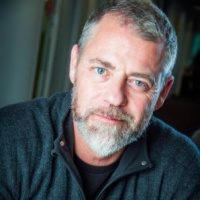
Richard Donaldson has spent the past 20+ years in Silicon Valley in a variety of technology and business operations leadership roles. He has a passion for connecting the dots between business objectives and market adoption/penetration. Regardless of his title, Richard constantly drives innovation, change and growth. Formerly Director of Business Operations and Strategy at eBay, Richard focused on optimizing their technical infrastructure supply chain. During his tenure he directly contributed to their profitability by creating tens of millions of dollars in new savings annually. Previously Richard was CEO and co-founder of 6Connect, an IPv6 management software tool suite, adopted by some of the largest networks in existence. He was also CEO of Core4 Systems, a hyper efficient data centre cooling platform that earned their clients’ massive rebates from utilities and other energy efficiency financial incentives. Outside of his main roles, Richard has also been active as a board member and vice president of DataCentre Pulse, a non-profit datacenter industry organization founded on the principles of sharing best practices amongst its exclusive membership. Currently he is a member of Infrastructure Masons. Having seen the benefits for himself, Richard is deeply passionate about bringing enterprise supply chain online and has spoken widely on the topic. Connect with Richard on LinkedIn.
